Κείμενο
Ο καρκίνος του εντέρου είναι μία από τις πιο συχνές μορφές καρκίνου και είναι και μία από τις μορφές καρκίνου που συνδέεται ισχυρά με τη διατροφή. Αυτό σημαίνει ότι καταναλώνοντας κάποιες τροφές αυξάνεται η πιθανότητα να πάθουμε καρκίνο του εντέρου, ενώ αν αποφεύγουμε κάποιες τροφές μειώνεται σημαντικά η πιθανότητα να εμφανιστεί. Σήμερα θα μιλήσουμε και για τις τροφές που πρέπει να καταναλώνουμε, αλλά και για τις τροφές που πρέπει να αποφεύγουμε. Ζωικά λίπη. Τα ζωικά λίπη από κόκκινο κρέας, και ειδικά από επεξεργασμένα κρεατικά όπως τα αλλαντικά, έχουν συνδεθεί με αυξημένη πιθανότητα εμφάνισης καρκίνου του εντέρου εδώ και πολλές δεκαετίες. Η θεωρία πίσω από αυτό είναι ότι τα λιπαρά αναγκάζουν το γαστρεντερικό σύστημα να παράγει πολλά χολικά άλατα που είναι αναγκαία για την πέψη των λιπαρών, τα οποία μεταβολίζονται στο έντερο και μετατρέπονται σε καρκινογόνες ουσίες. Κάποιος που βρίσκεται σε πολύ υψηλό κίνδυνο, αν για παράδειγμα έχει πρώτου βαθμού συγγενή που έχει νοσήσει από καρκίνο του εντέρου, θα μπορούσε να κόψει τελείως τα ζωικά λίπη και να καταναλώσει μία διατροφή πλούσια σε φυτικές τροφές που δεν περιέχουν ζωικά λίπη. Κάποιος που δεν έχει οικογενειακό ιστορικό καρκίνου θα μπορούσε απλά να περιορίσετε τα ζωικά λίπη και αυτό να είναι αρκετό. Αντιοξειδωτικά. Τα αντιοξειδωτικά είναι ουσίες που υπάρχουν στις τροφές και βοηθούν για την αντιμετώπιση του οξειδωτικού στρες το οποίο επιφέρει καταστροφή στο γενετικό μας υλικό. Οι μελέτες έχουν δείξει ότι οι τροφές που είναι πλούσιες σε αντιοξειδωτικές ουσίες προστατεύουν από αρκετές μορφές καρκίνου και ειδικά από τον καρκίνο του παχέος εντέρου. Οι τροφές που είναι πιο πλούσιες σε αντιοξειδωτικές ουσίες είναι οι φυτικές τροφές, και ειδικά τα φρούτα και τα λαχανικά. Από τα φρούτα και τα λαχανικά, οι τροφές που έχουν τη μεγαλύτερη περιεκτικότητα σε αντιοξειδωτικές ουσίες είναι τα φρούτα που ανήκουν στα μούρα, όπως τα μύρτιλα, τα βατόμουρα και τα σμέουρα, ενώ από τα λαχανικά, τα περισσότερα αντιοξειδωτικά υπάρχουν στις δύο

πιο αντικαρκινικές οικογένειες πού είναι τα σταυρανθή και τα λαχανικά της οικογένειας του κρεμμυδιού. Η οικογένεια του σταυρανθών περιλαμβάνει το μπρόκολο, το κουνουπίδι, το λάχανο, το σπανάκι, τη ρόκα και την λαχανίδα, ενώ η οικογένεια του κρεμμυδιού περιλαμβάνει το κρεμμύδι, το σκόρδο, το πράσο και τα κρεμμυδάκια. Όσοι σκέφτονται να πάρουν αντιοξειδωτικές ουσίες σε συμπληρώματα διατροφής θα ήθελα να το ξανασκεφτούν. Οι μελέτες έχουν δείξει ότι οι αντιοξειδωτικές ουσίες όταν χορηγούνται ως συμπληρώματα διατροφής σε αρκετές περιπτώσεις όχι απλά δεν προστατεύουν, αλλά αυξάνουν και την πιθανότητα εμφάνισης καρκίνου. Άρα, δεν είναι μία καλή ιδέα. Φυλλικό οξύ. Το φυλλικό οξύ έχει μελετηθεί εκτεταμένα για την προστασία που παρέχει από τον καρκίνο του εντέρου και για αυτό είναι πολύ σημαντικό να περιέχεται σε αφθονία στην καθημερινή μας διατροφή. Το φυλλικό οξύ έχει πάρει το όνομά του από τα φύλλα, μέσα στα οποία αφθονεί. Με αυτό τον τρόπο μπορείτε να θυμάστε ποιες τροφές είναι πλούσιες σε φυλλικό οξύ και χρειάζεται να τις καταναλώνουμε καθημερινά και σε μεγάλες ποσότητες. Τα λαχανικά που έχουν φύλλα είναι το λάχανο, το μαρούλι, το σπανάκι, η ρόκα, τα βλήτα, τα ραδίκια, τα παντζαρόφυλλα και γενικά όλα τα φύλλα που περιλαμβάνει η διατροφή μας. Όποιος σκέφτεται να καταναλώσει φυλλικό οξύ σε μορφή συμπληρώματος διατροφής και πάλι καλό είναι να το ξανασκεφτεί. Και σε αυτή την περίπτωση οι μελέτες προειδοποιούν ότι η λήψη φυλλικού οξέος σε μορφή συμπληρώματος διατροφής μπορεί να αυξάνει την πιθανότητα εμφάνισης καρκίνου του εντέρου. Άρα, δεν είναι μία καλή ιδέα. Ασβέστιο και βιταμίνη D. Όλοι γνωρίζουμε ότι το ασβέστιο και η βιταμίνη D παίζει πολύ σημαντικό ρόλο για την υγεία των οστών, αλλά φαίνεται ότι τα οφέλη από αυτά τα δύο δεν σταματούν εδώ. Οι τροφές που είναι πλούσιες σε ασβέστιο και βιταμίνη D φαίνεται ότι προστατεύουν και από τον καρκίνο του εντέρου. Τροφές πλούσιες σε ασβέστιο είναι τα γαλακτοκομικά, που σε περίπτωση που κάποιος έχει οικογενειακό ιστορικό καρκίνο

του εντέρου μπορεί να επιλέξει να τα καταναλώνει με χαμηλά λιπαρά για να αποφύγει τα ζωικά λιπαρά. Παρόλα αυτά, ασβέστιο υπάρχει και σε φυτικές τροφές, όπως τα πράσινα φυλλώδη λαχανικά, και τα φασόλια. Πολύ ασβέστιο περιέχουν επίσης τα ψάρια, ειδικά αν καταναλώνουμε μικρά ψάρια μαζί με τα κόκκαλά τους. Τέλος, βιταμίνη D μπορούμε να συνθέσουμε όταν εκτεθούμε στον ήλιο, ή να την λάβουμε από τροφές όπως οι σαρδέλες, οι πέστροφες, ο γαύρος και τα υπόλοιπα αφρόψαρα. Φυτικές ίνες. Οι φυτικές ίνες φαίνεται ότι εξασφαλίζουν μία ισορροπημένη εντερική χλωρίδα έτσι ώστε να μειωθεί η πιθανότητα εμφάνισης καρκίνου του παχέος εντέρου. Τροφές πλούσιες σε φυτικές ίνες είναι κατά βάση φυτικές τροφές, ειδικά αυτές που βρίσκονται σε μορφή φύλλου, όπως τα φυλλώδη λαχανικά. Παρόλα αυτά, πολύ πλούσια σε φυτικές ίνες είναι και τα όσπρια και κάποια φρούτα όπως τα δαμάσκηνα. Φυτοχημικά. Πρόσφατα έχει φανεί ότι τα φυτά περιέχουν μία σειρά από χημικές ουσίες οι οποίες δεν έχουν θρεπτική αξία, δηλαδή δεν αποδίδουν θερμίδες όταν τις καταναλώνουμε, αλλά προστατεύουν τον οργανισμό από πολλές παθήσεις και ειδικά από πολλές μορφές καρκίνου. Αυτές οι ουσίες περιλαμβάνουν τα φλαβονοειδή, τις πολυφαινόλες και τις τερπένες και περιέχονται στα φρούτα και τα λαχανικά όπως τις ντομάτες, τα εσπεριδοειδή, τα μούρα, τις πιπεριές, τα καρότα, το μπρόκολο, το λάχανο και άλλα. Αυτές οι οδηγίες θα σας βοηθήσουν ιδιαίτερα να μειώσετε την πιθανότητα να νοσήσετε από καρκίνου του εντέρου, αλλά καμία διατροφή δεν θα εξαφανίσει αυτή την πιθανότητα. Όσο προσέχετε τη διατροφή σας, άλλο τόσο πρέπει να φροντίζετε να κάνετε τις κατάλληλες εξετάσεις έγκαιρα έτσι ώστε να μπορείτε να σταματήσετε τον καρκίνο όσο νωρίτερα γίνεται. Ξεκινώντας από τα 40 με 50 πρέπει να κάνετε την πρώτη σας κολονοσκόπηση και από κει και πέρα, σύμφωνα με τις οδηγίες του γαστρεντερολόγου σας, σε τακτά χρονικά διαστήματα. Με τα βήματα πρόληψης που είπαμε εδώ, και την έγκαιρη διάγνωση με την κολονοσκόπηση, θα αποφύγετε αυτή την τόσο συχνή πάθηση που

αδίκως σκοτώνει τόσους συνανθρώπους μας κάθε χρόνο. Ευχαριστώ πολύ.

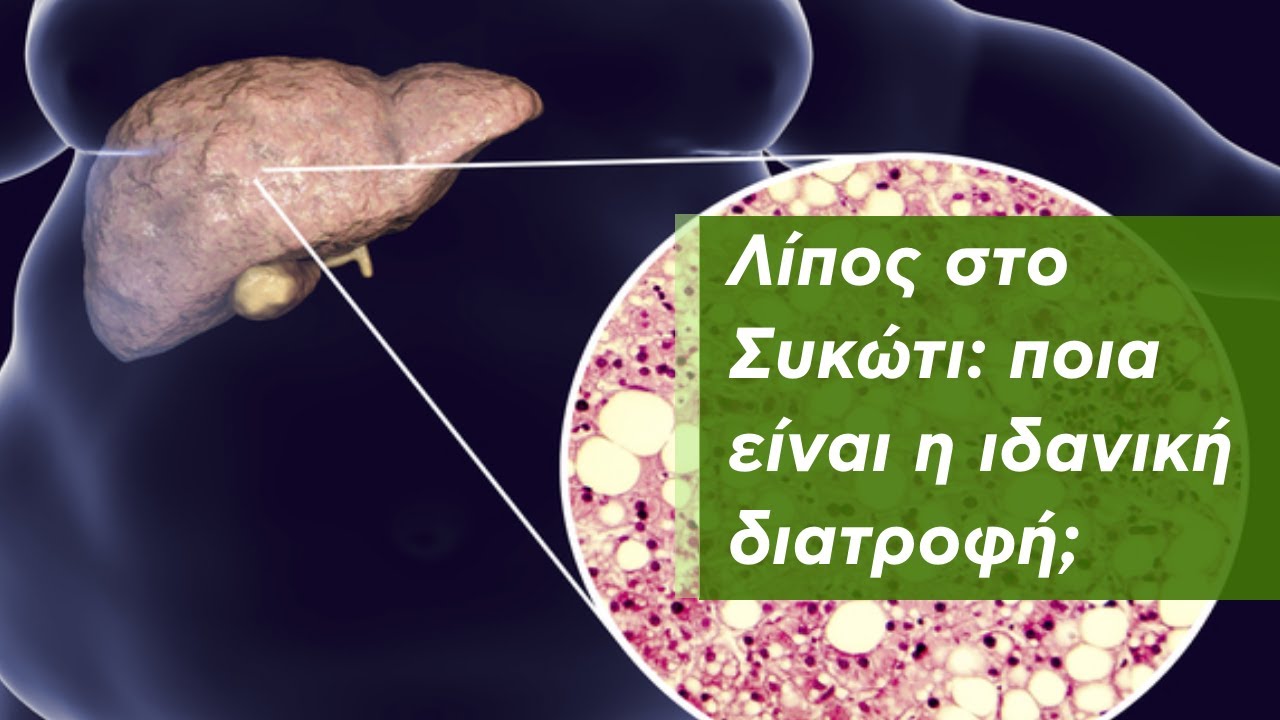
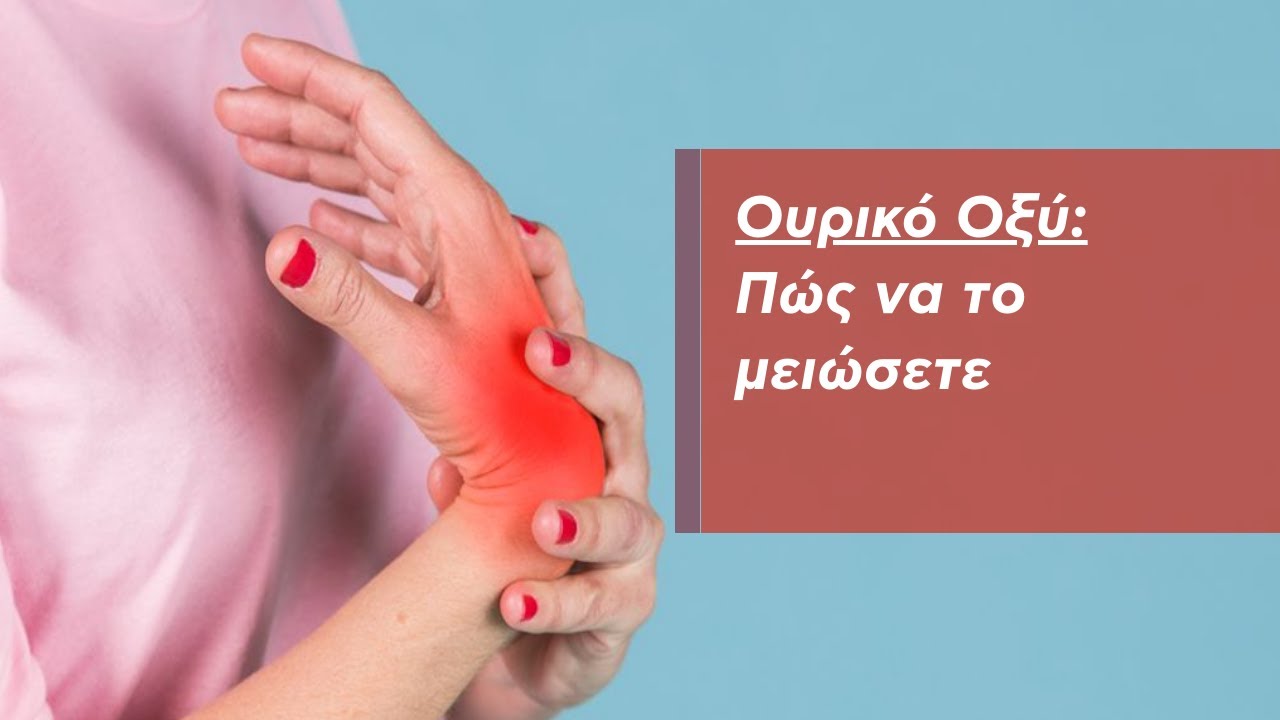
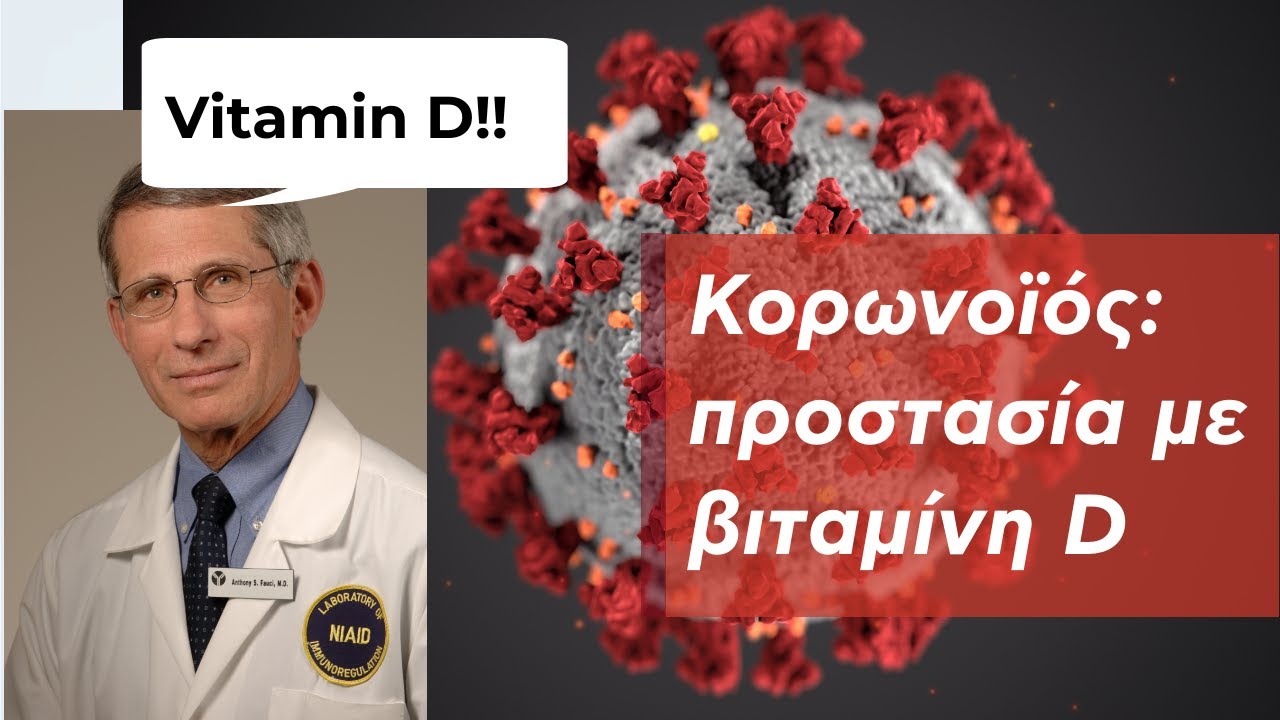
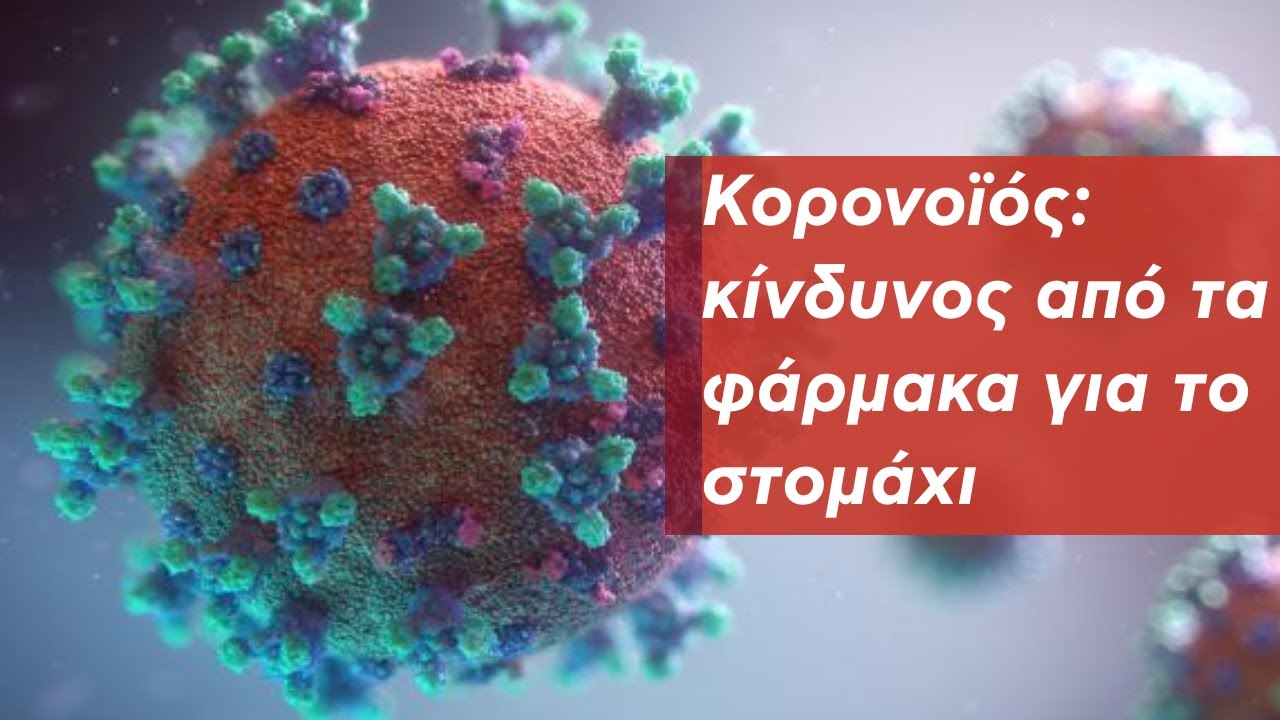
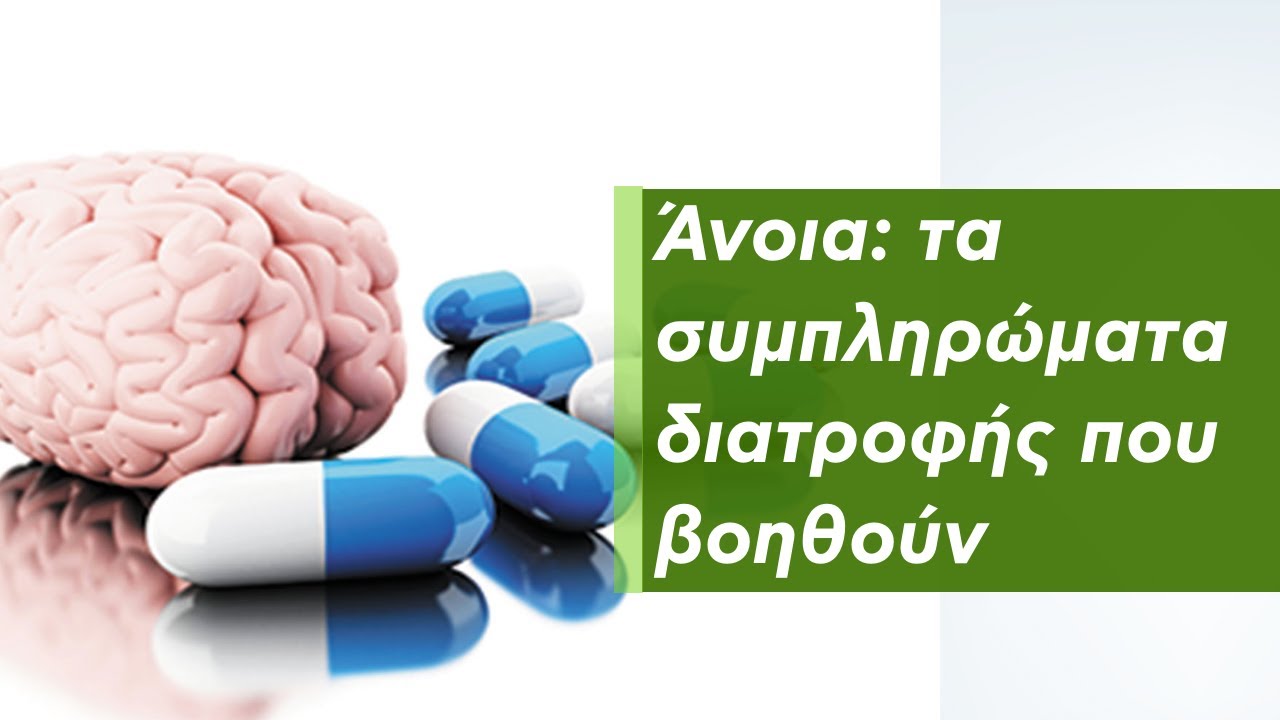
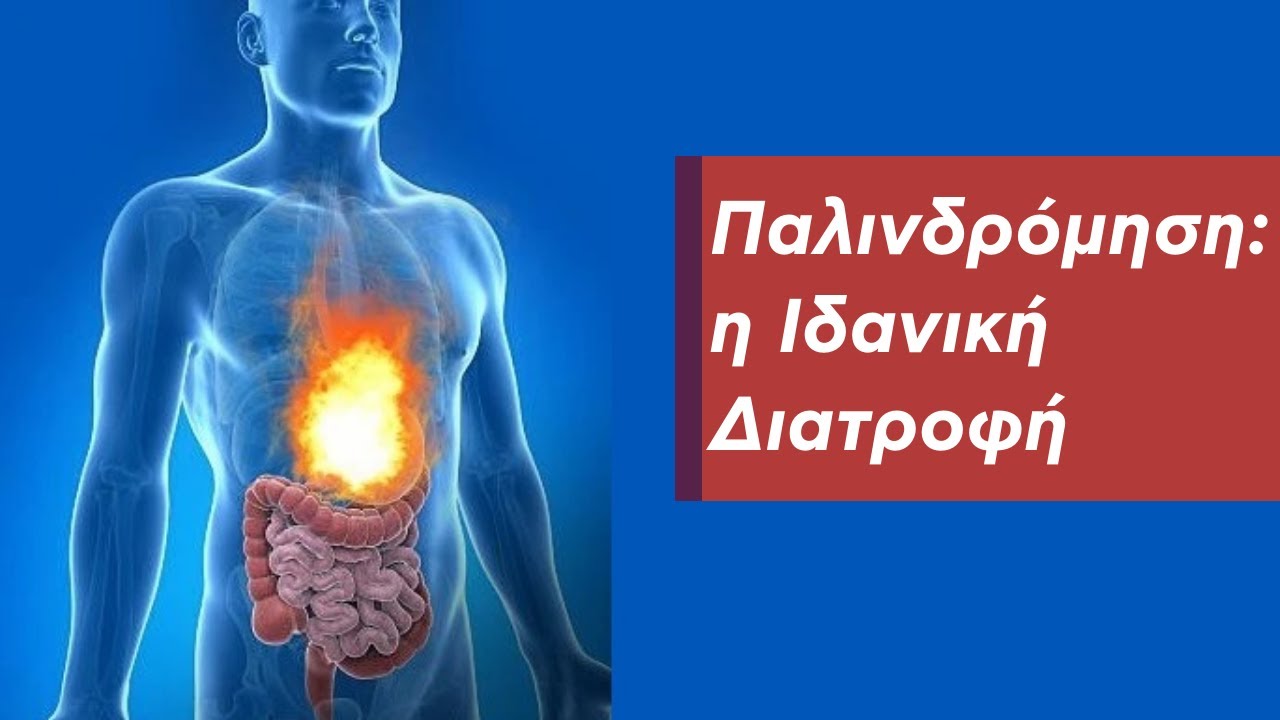
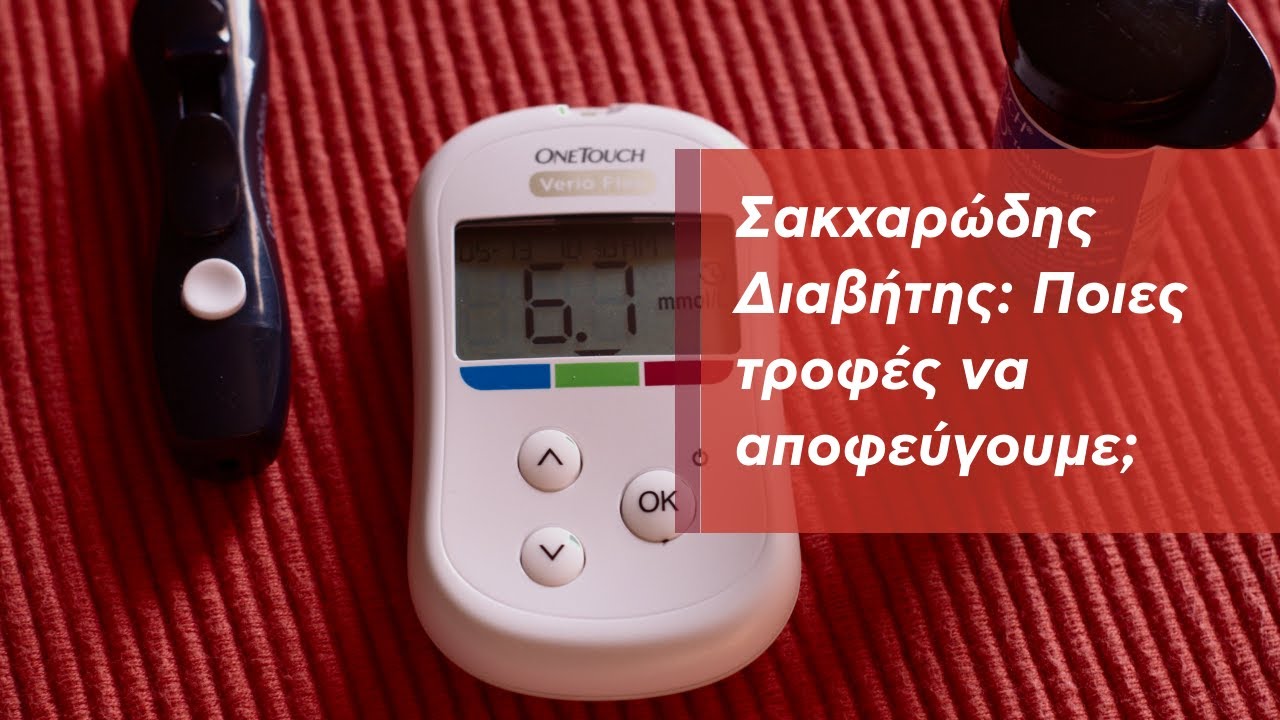
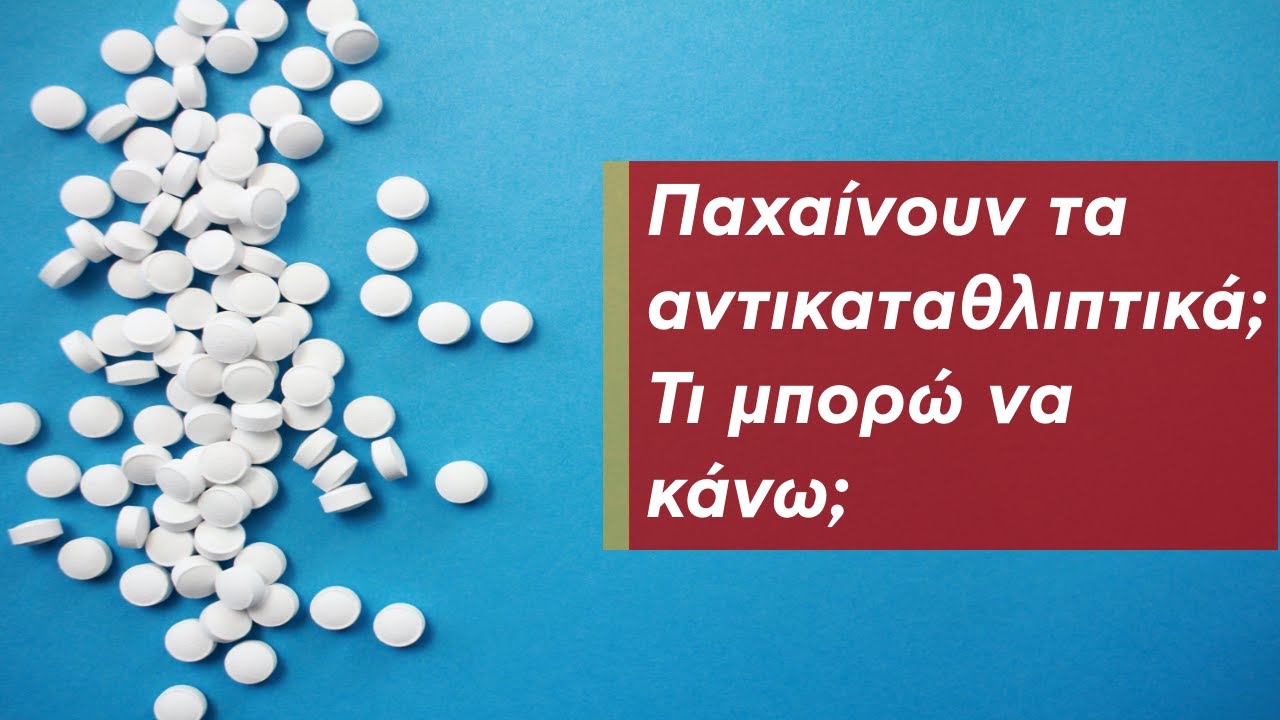

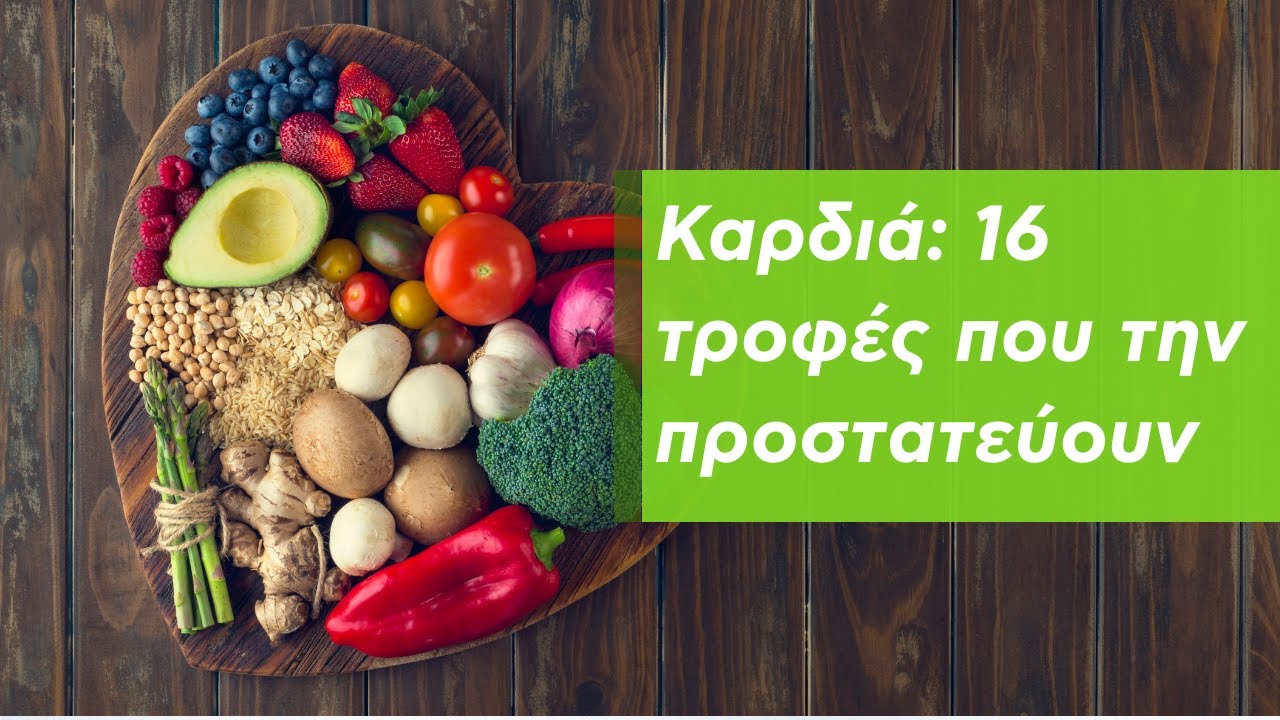
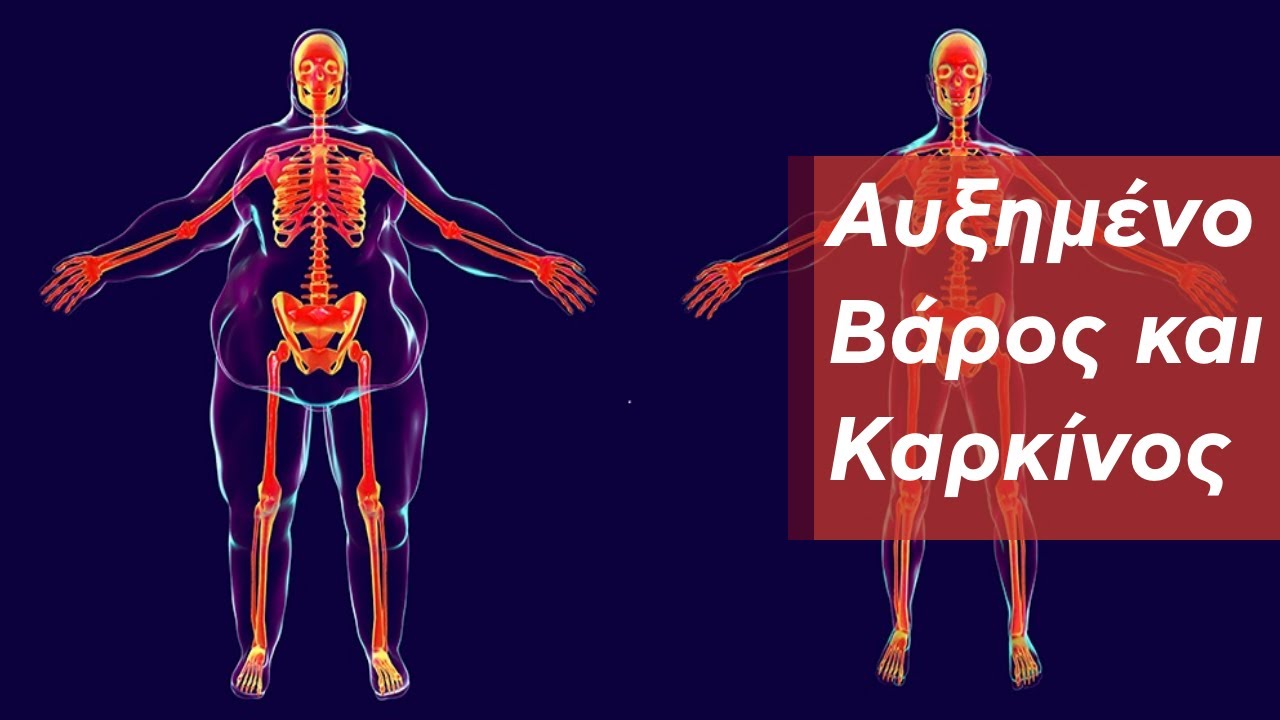
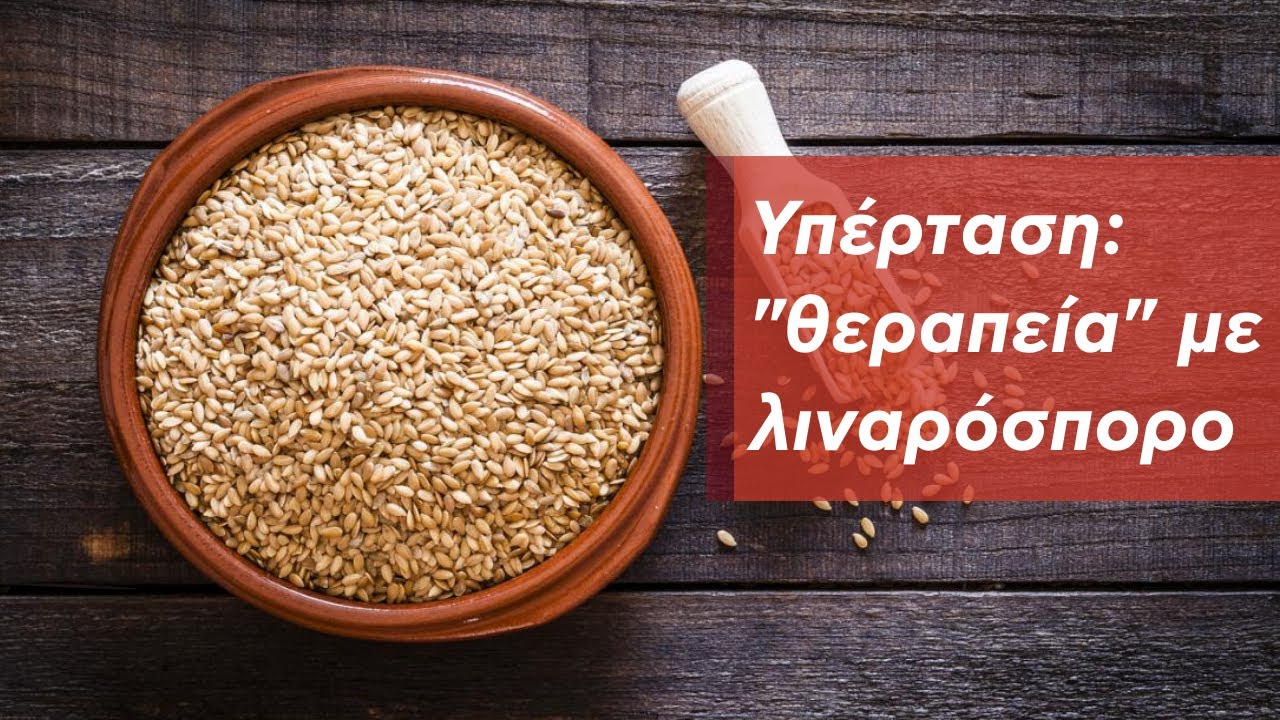
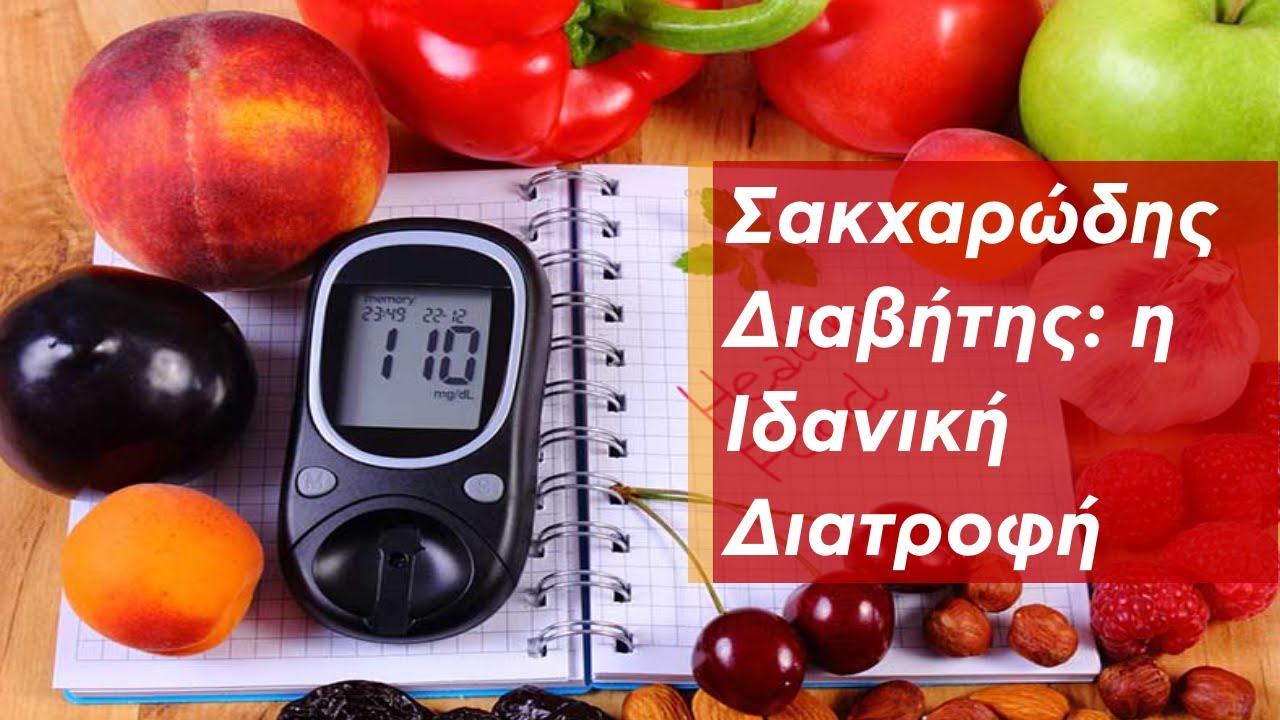
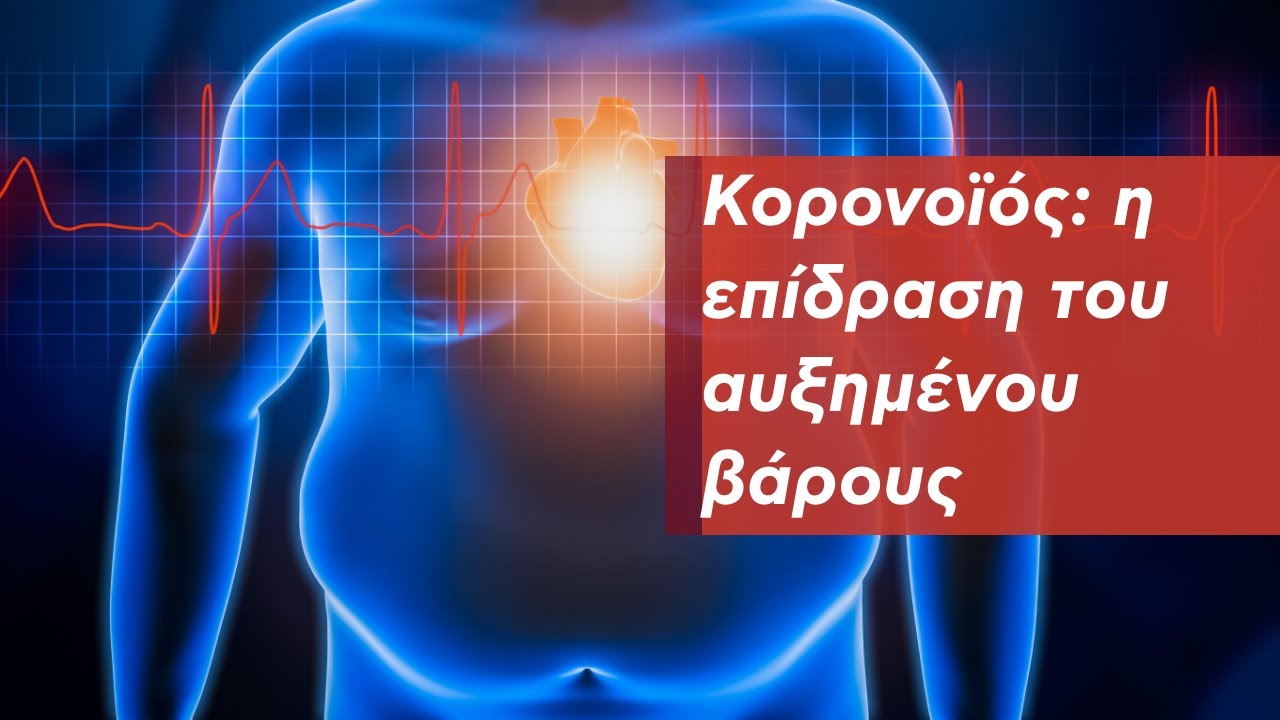
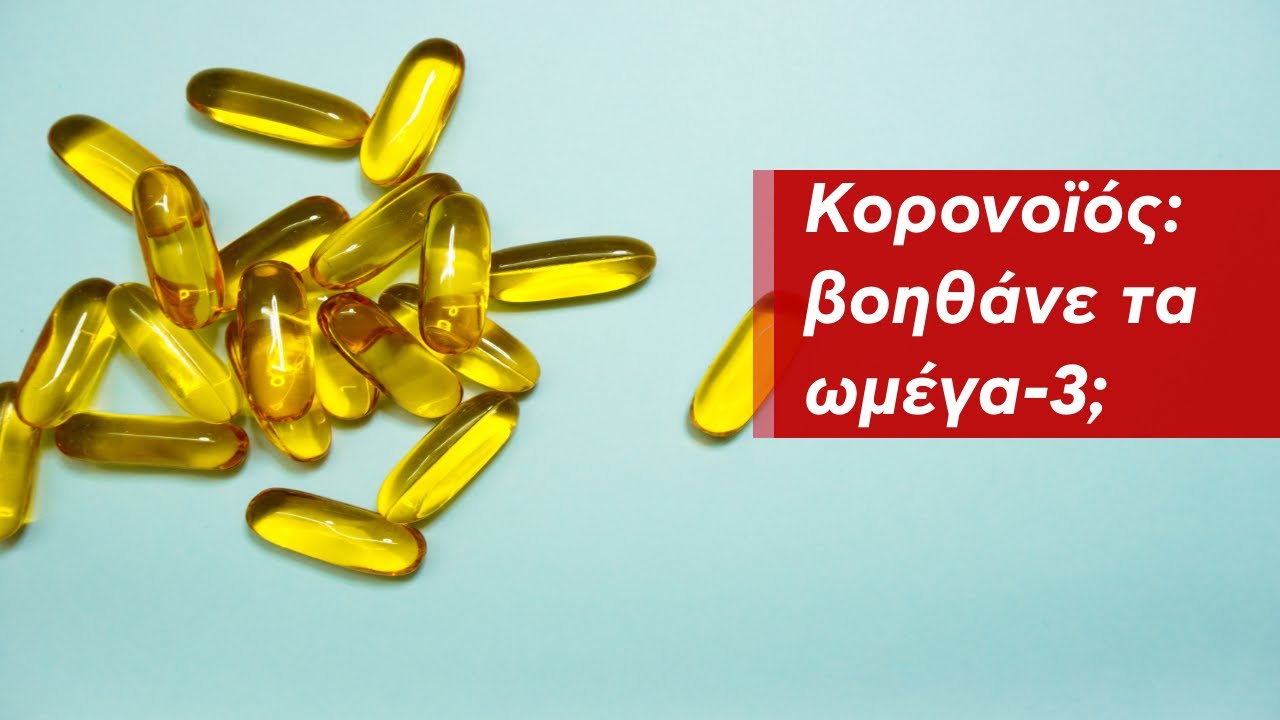
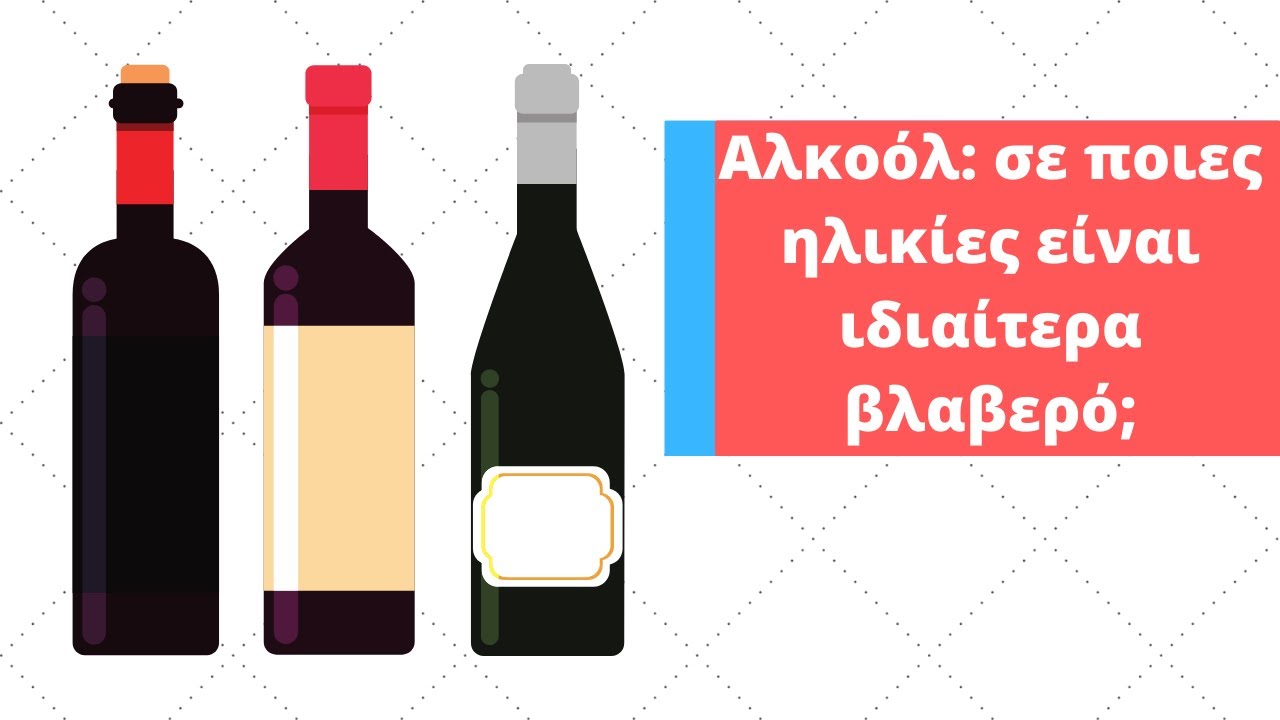
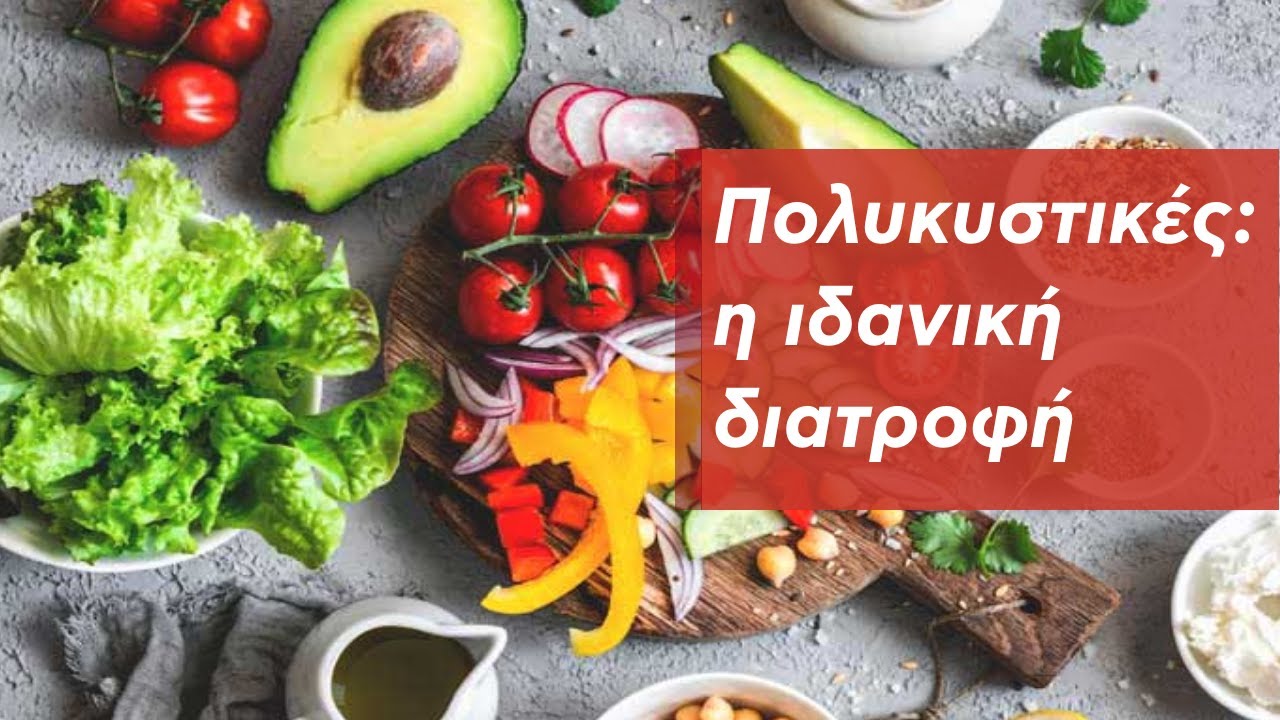
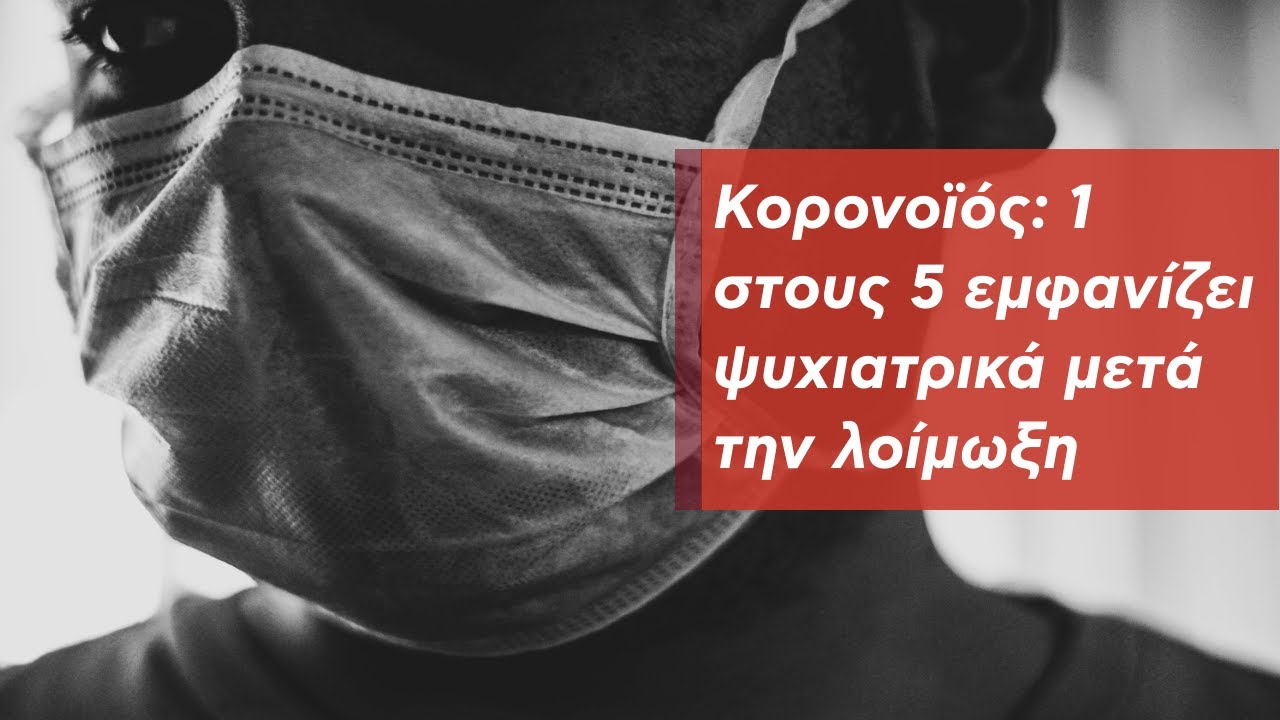
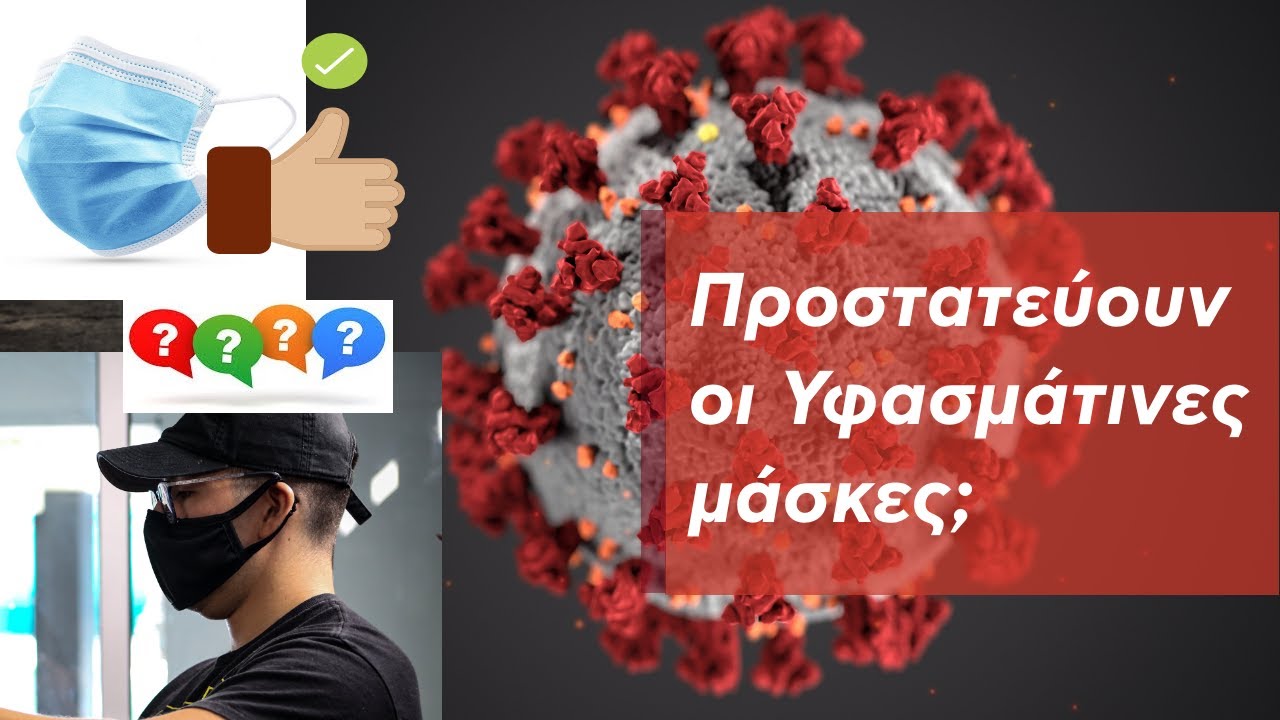
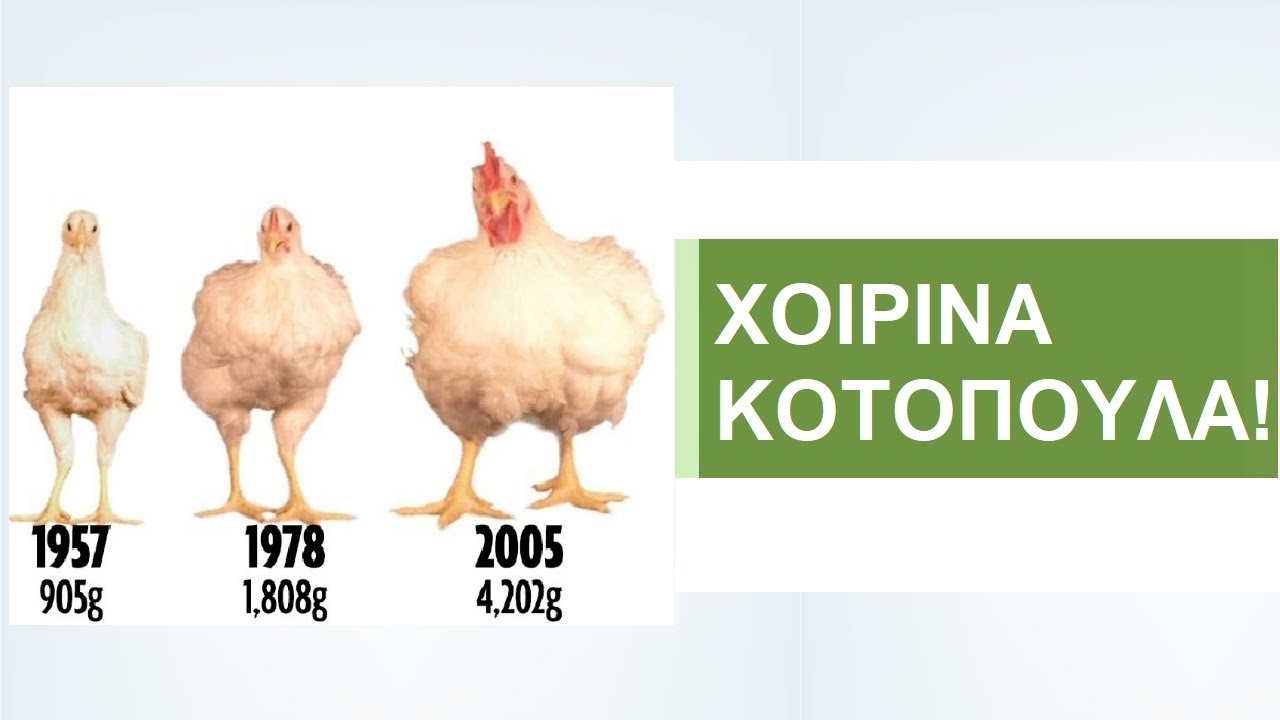
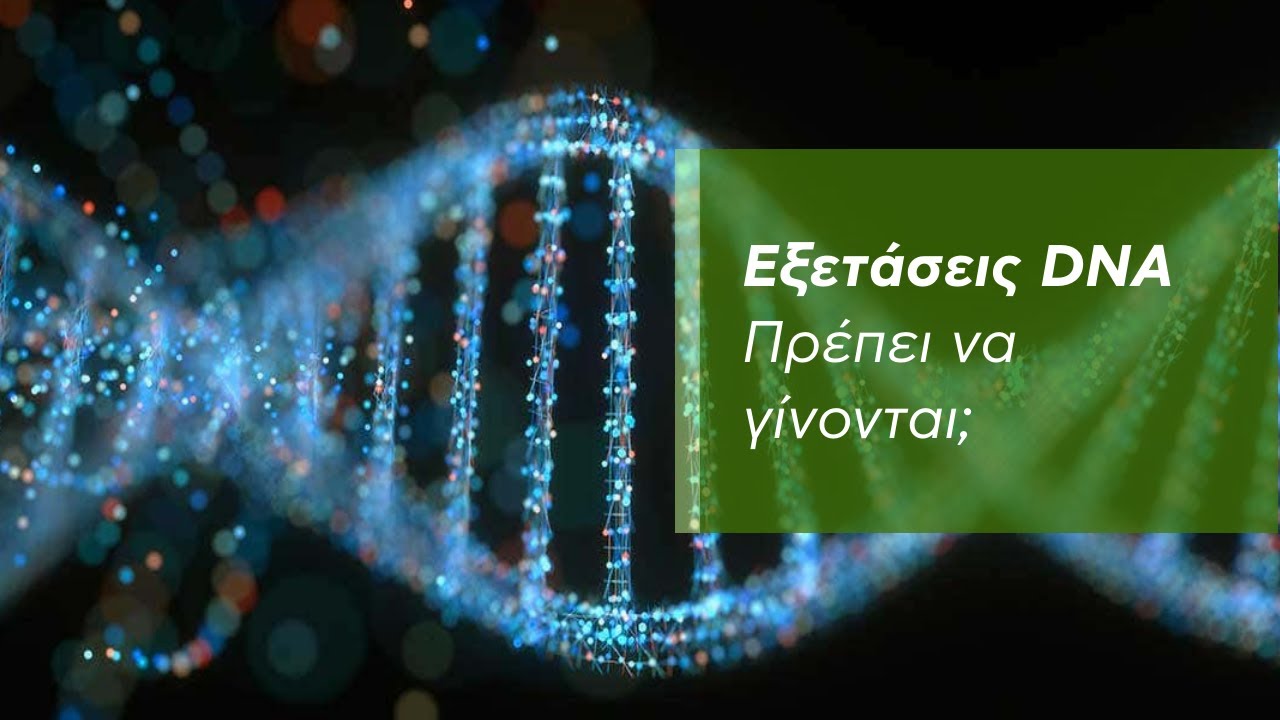
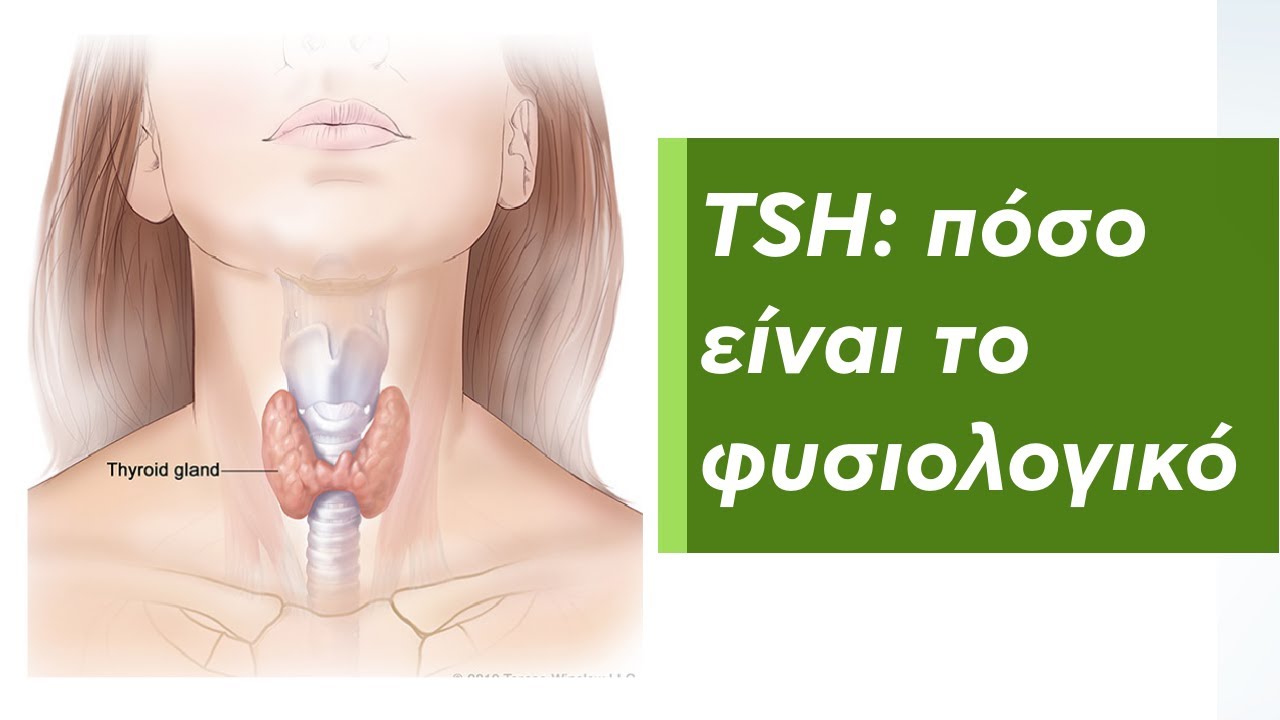


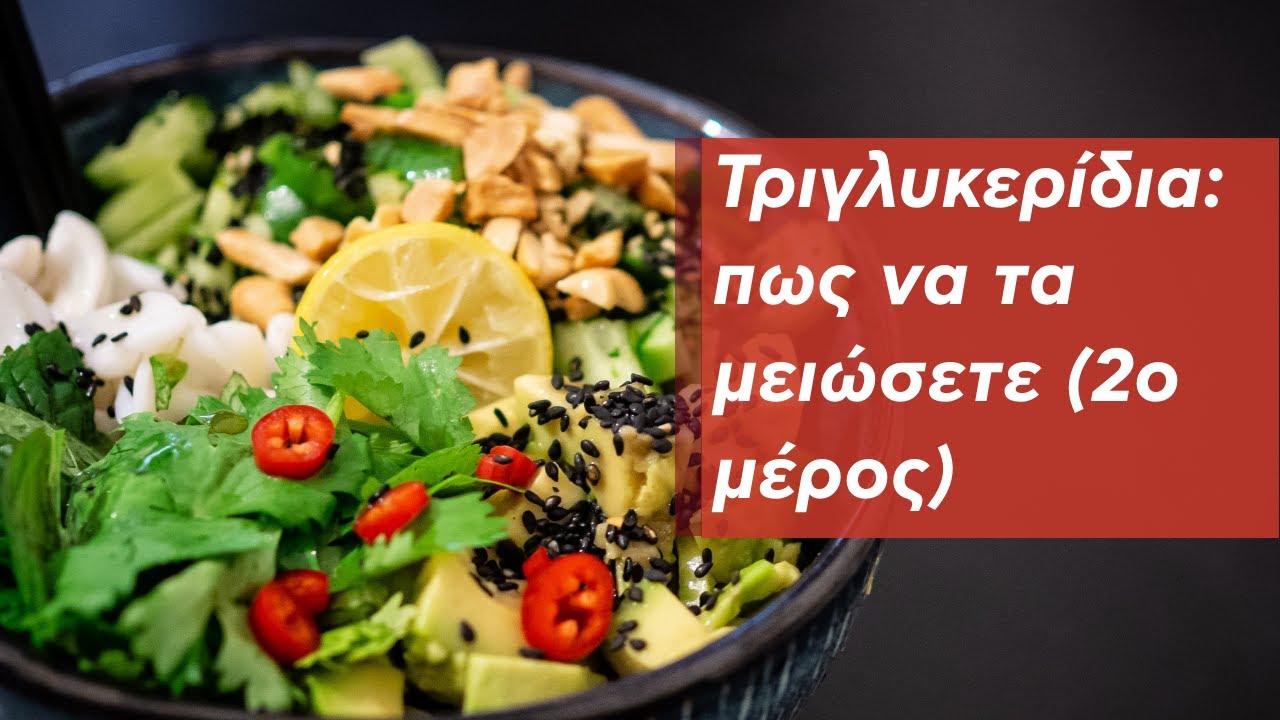
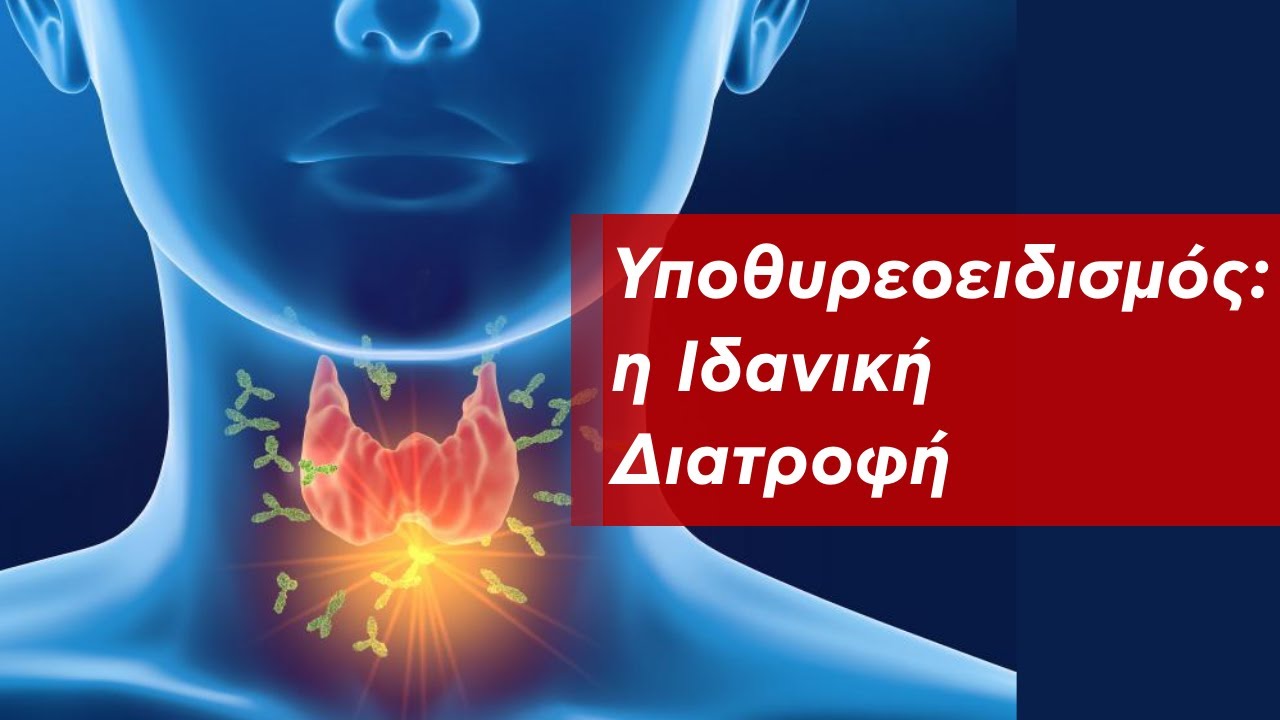
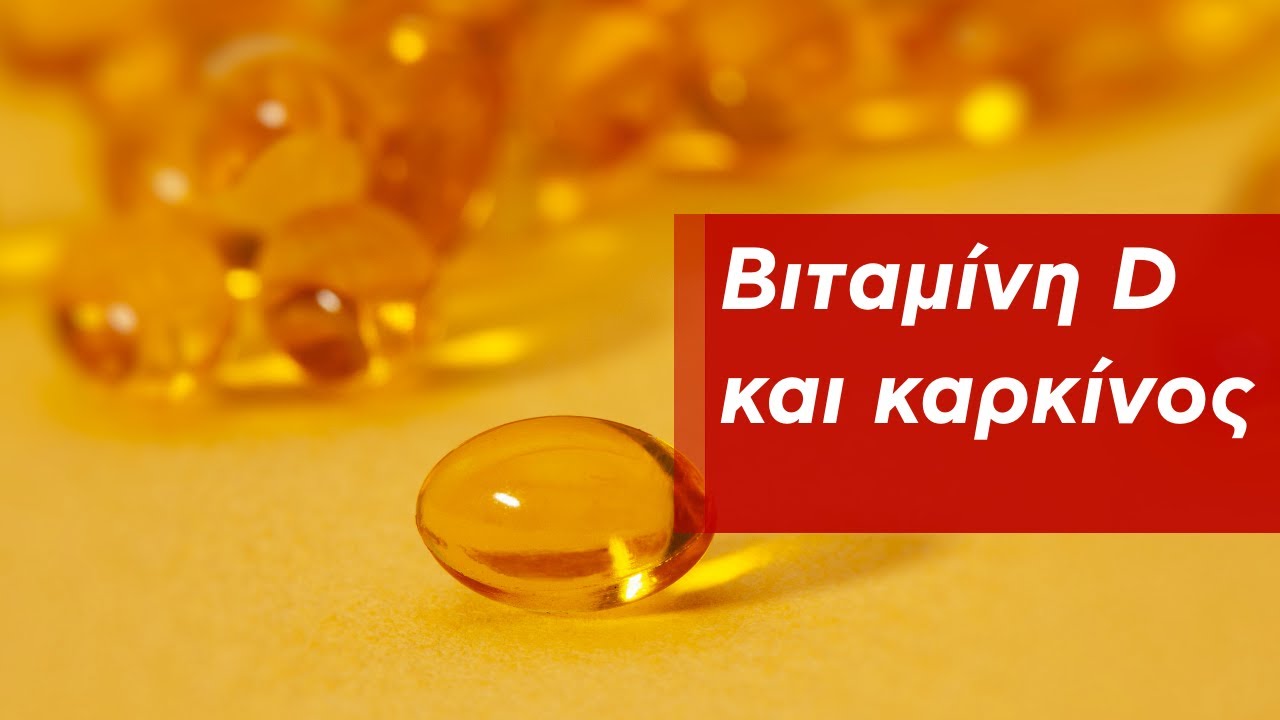
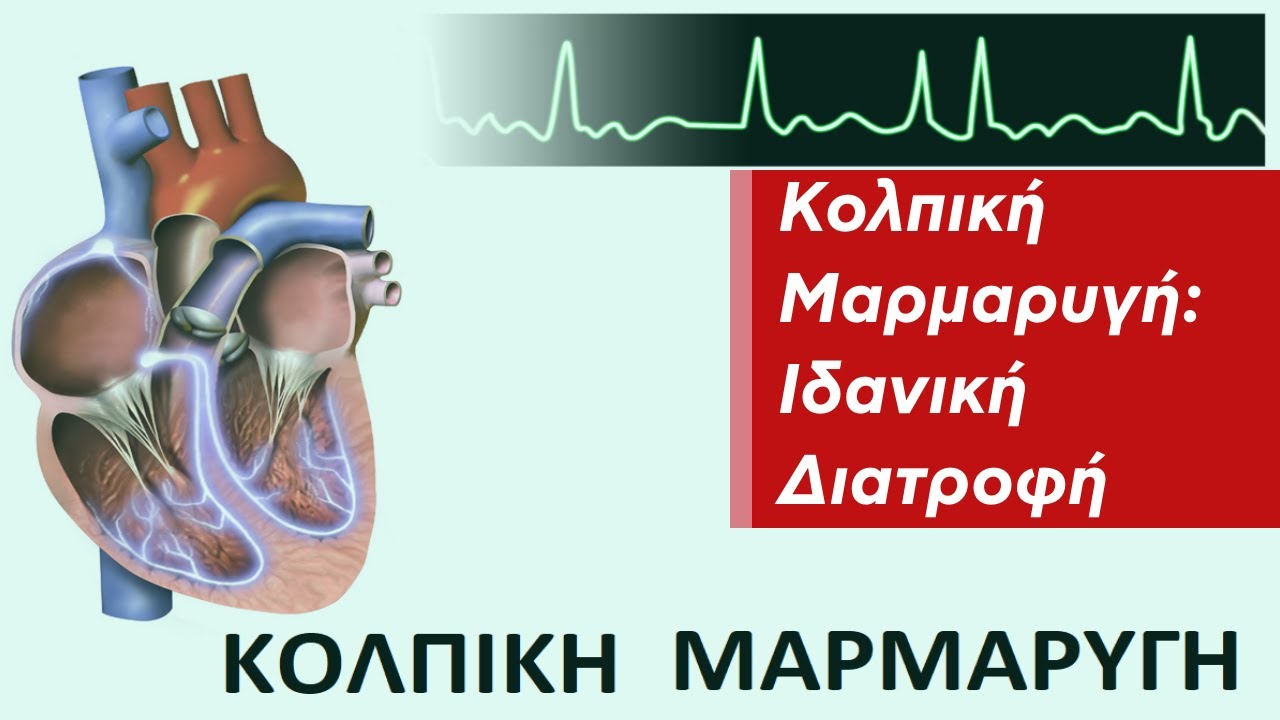
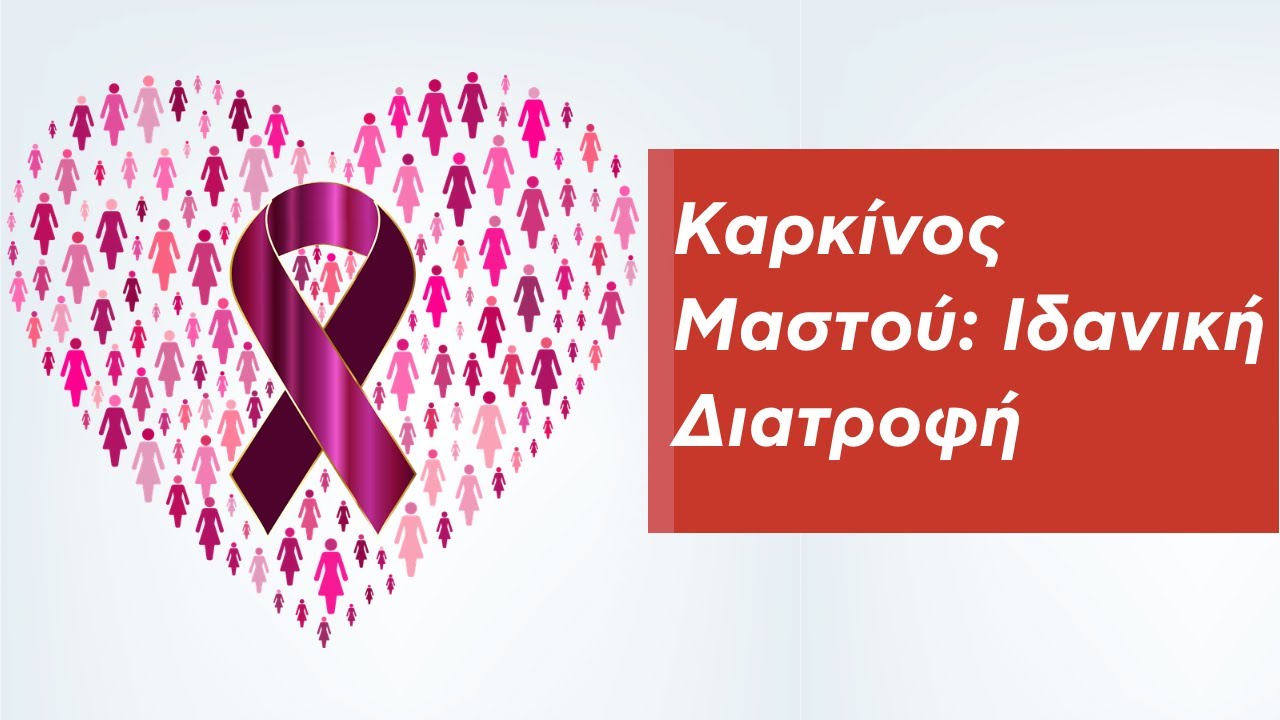
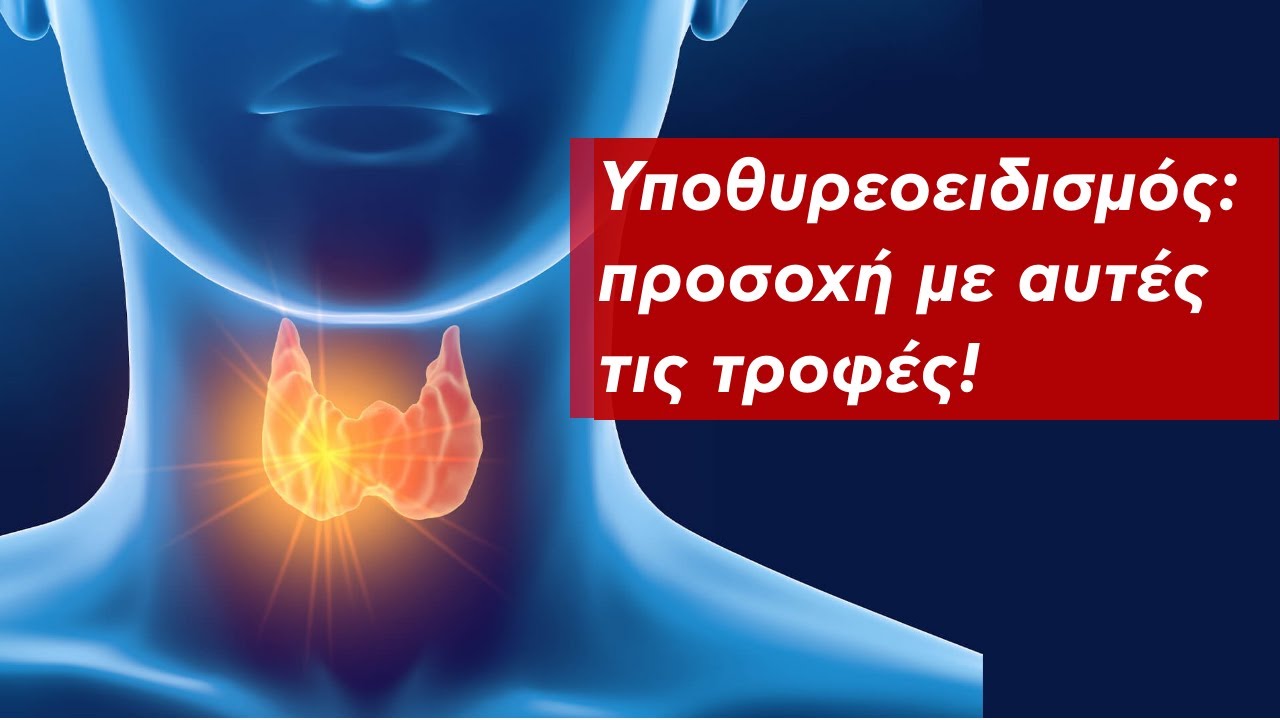
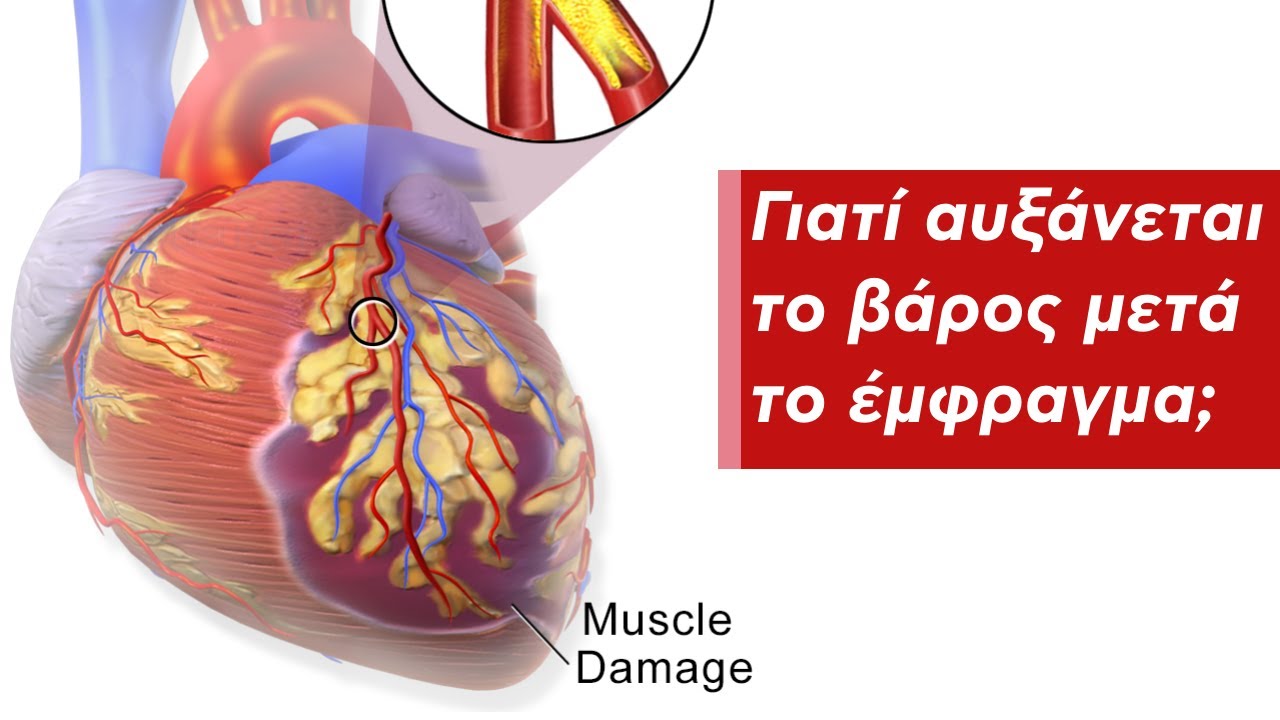

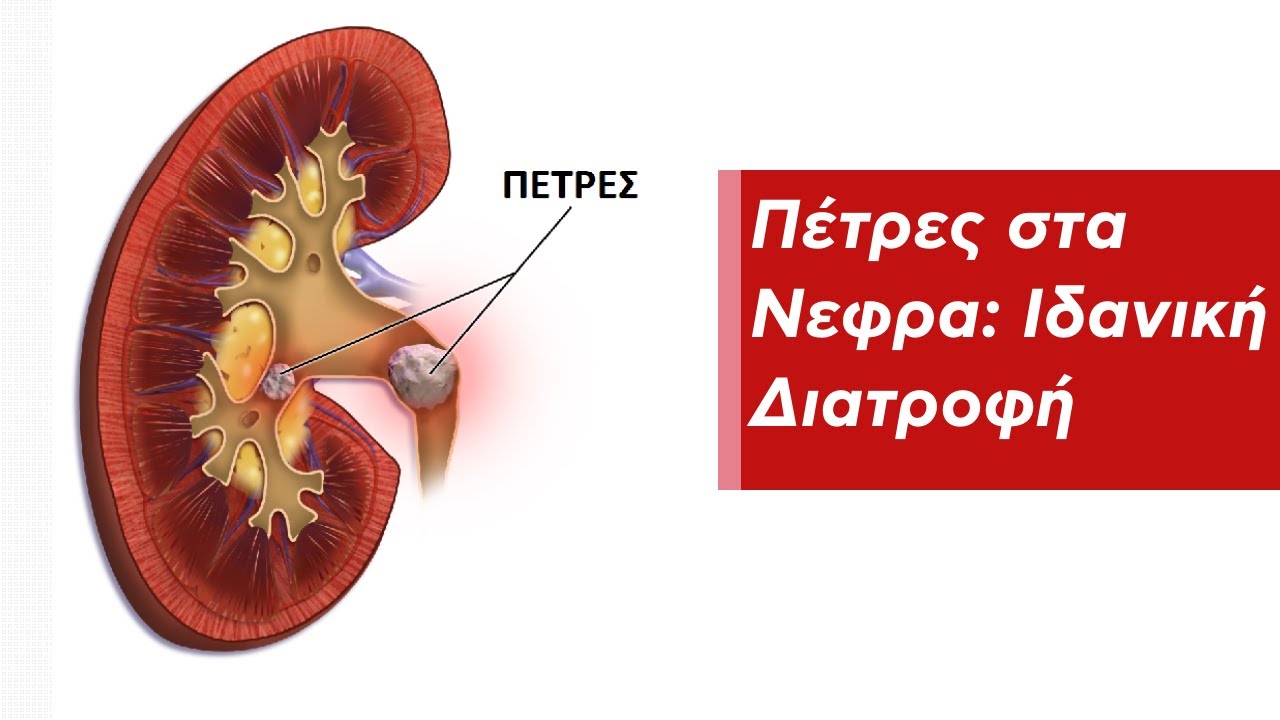

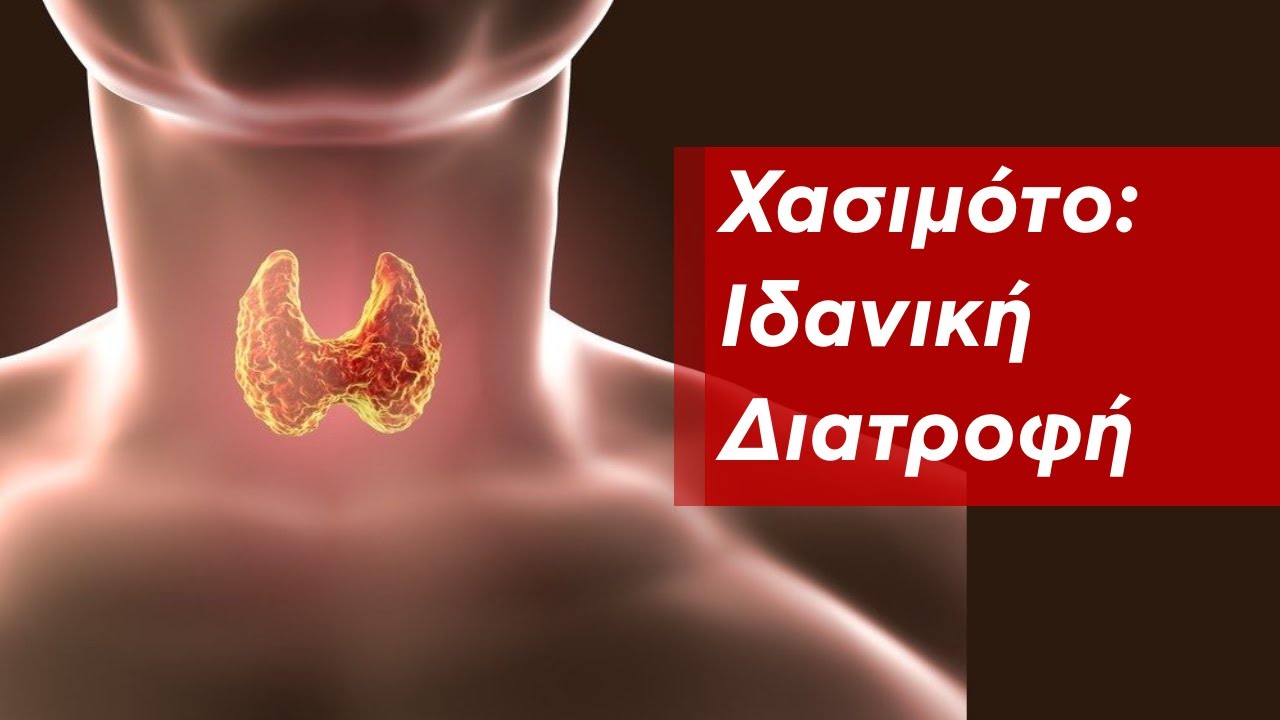
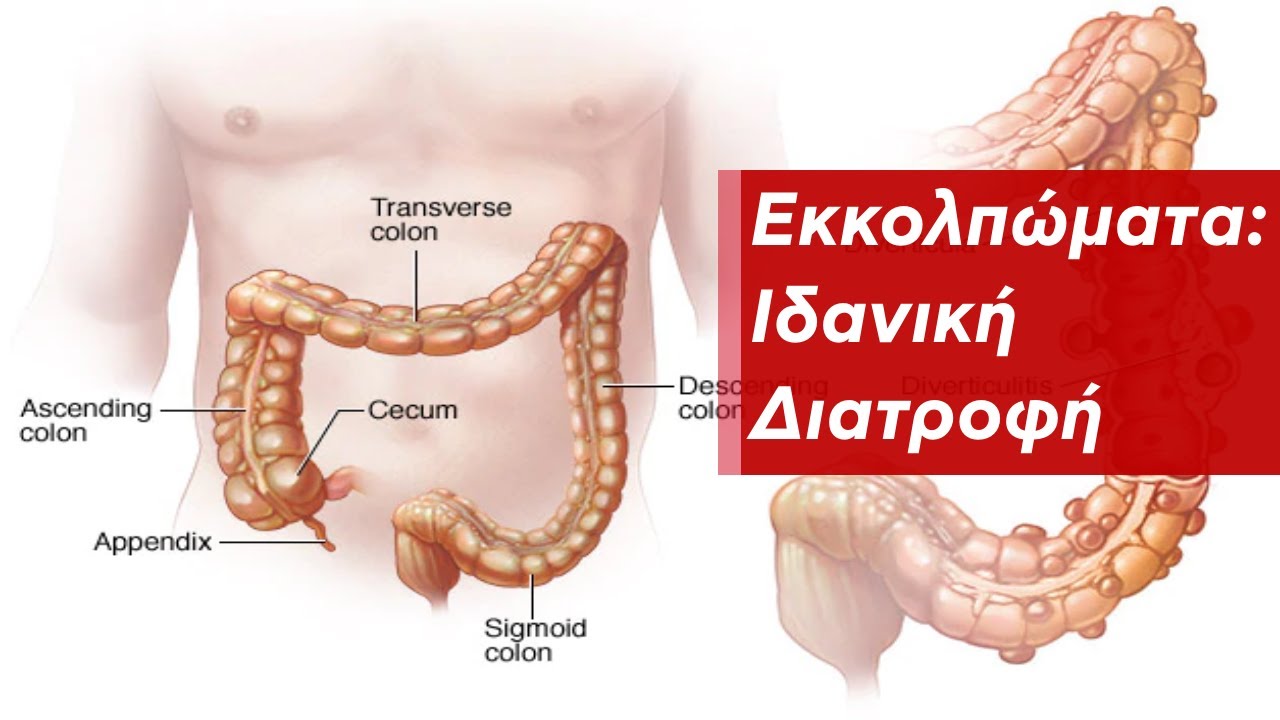
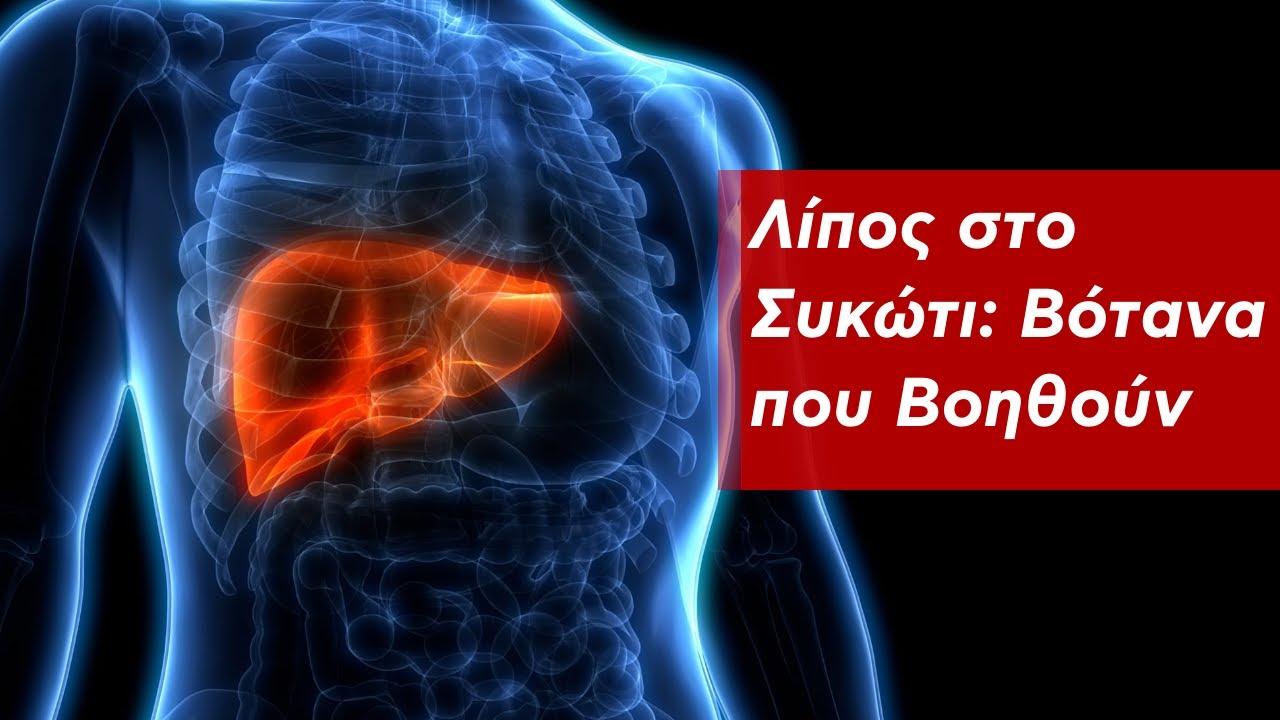
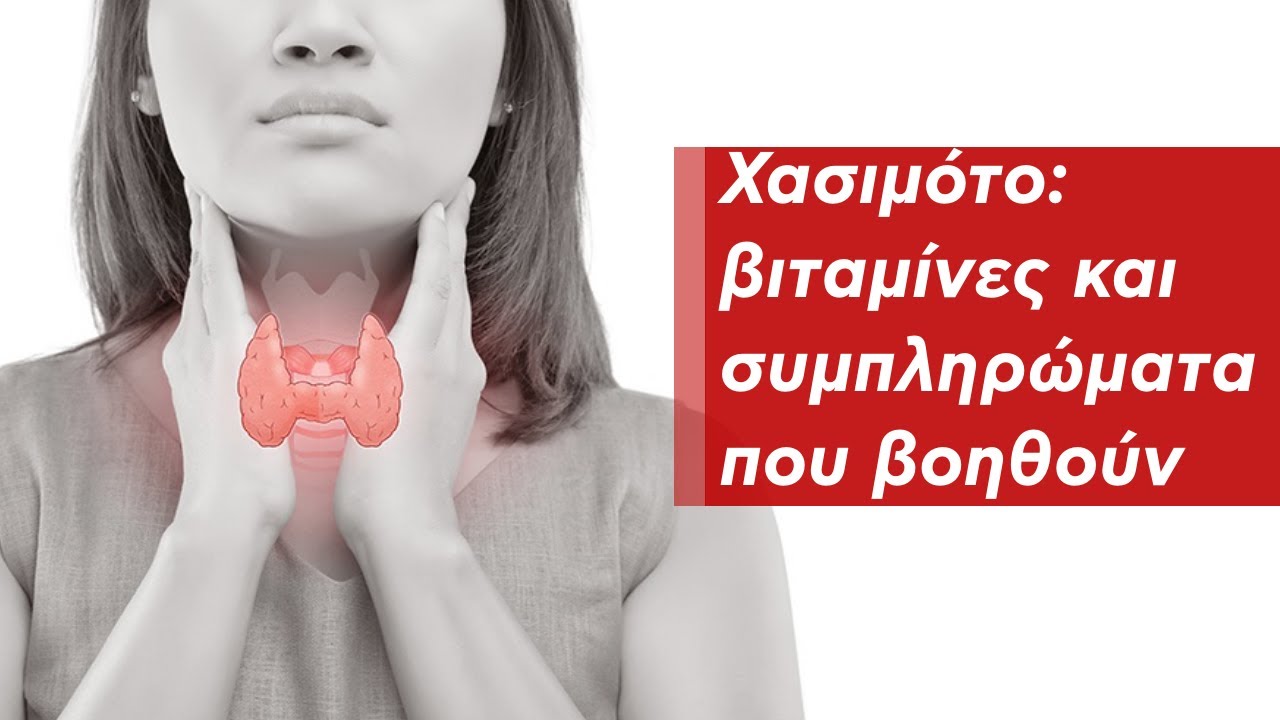
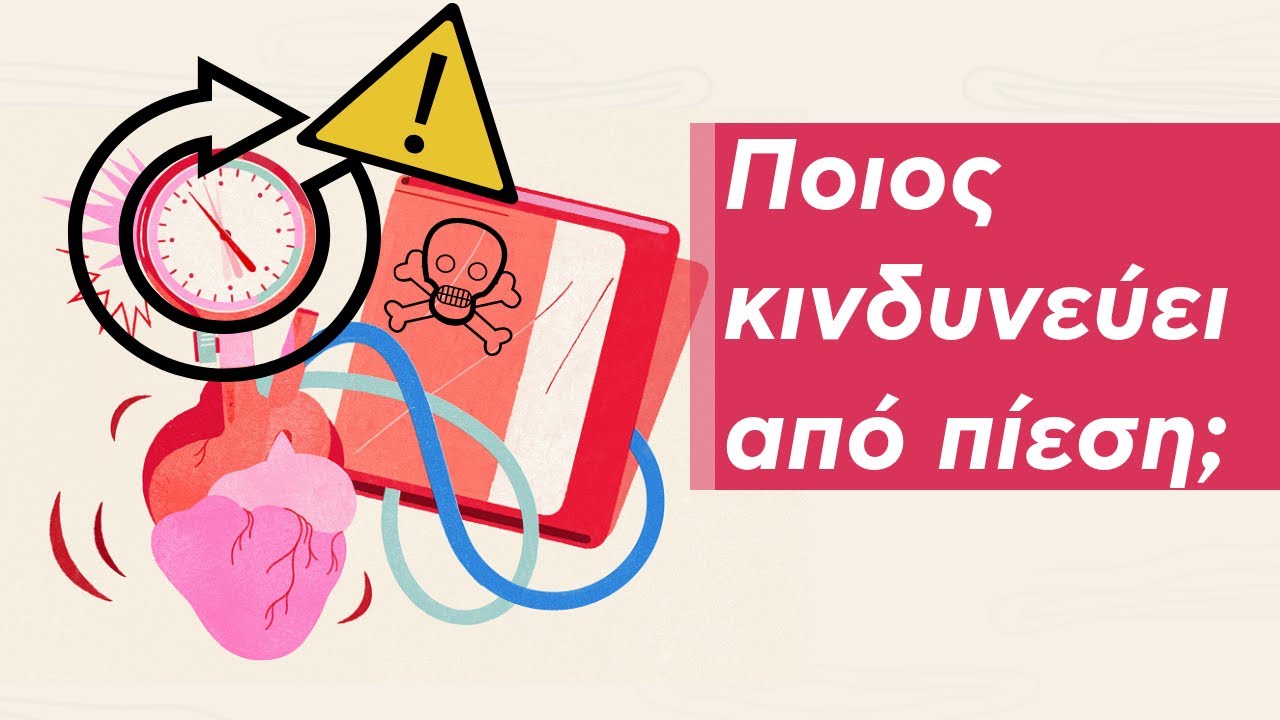
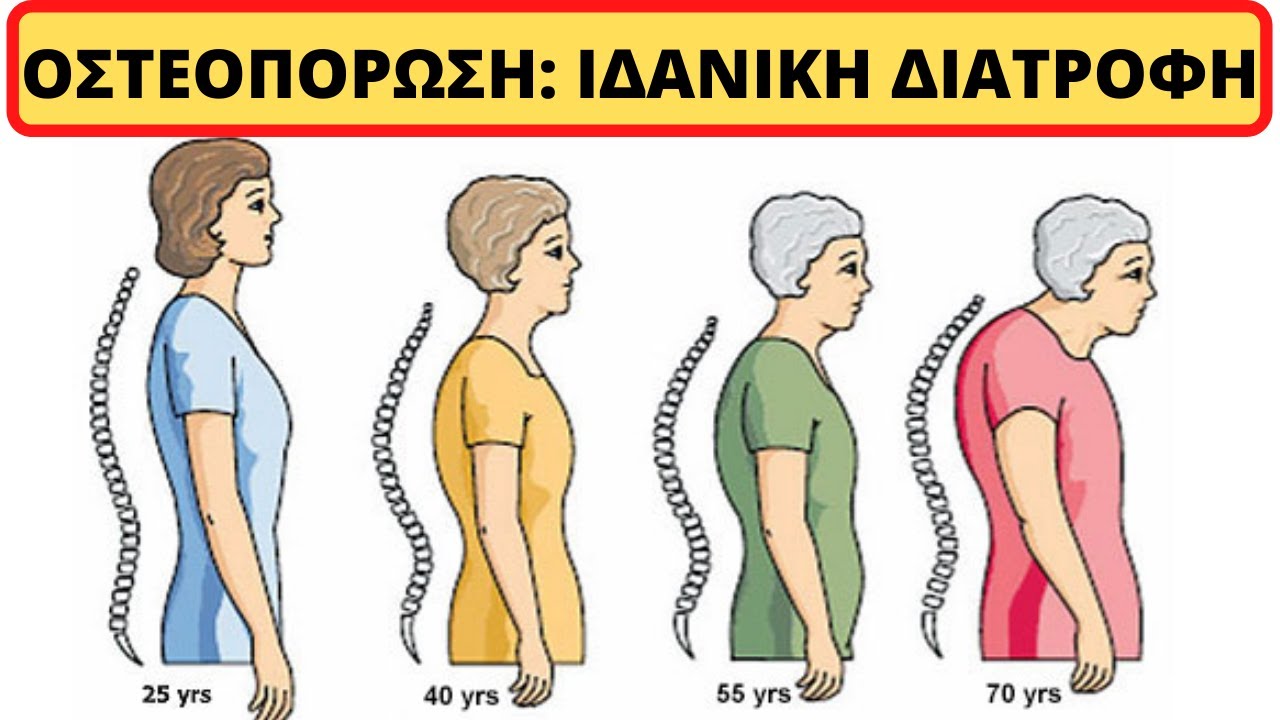

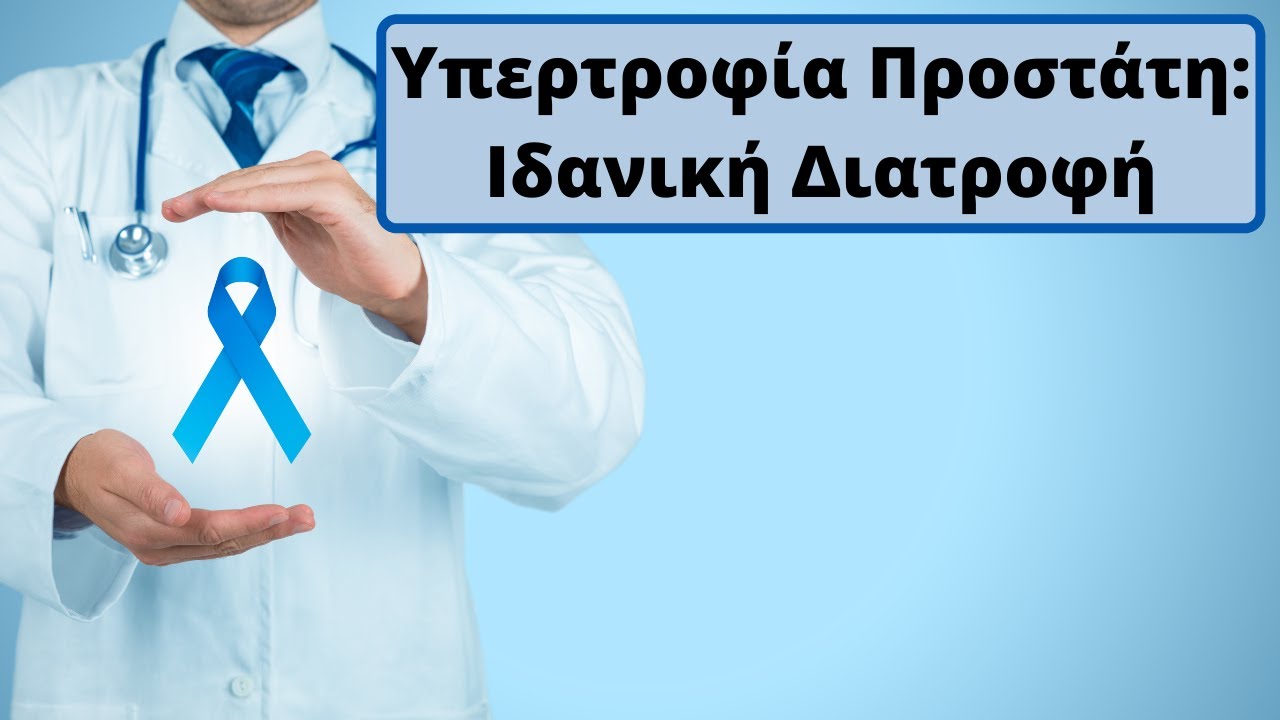
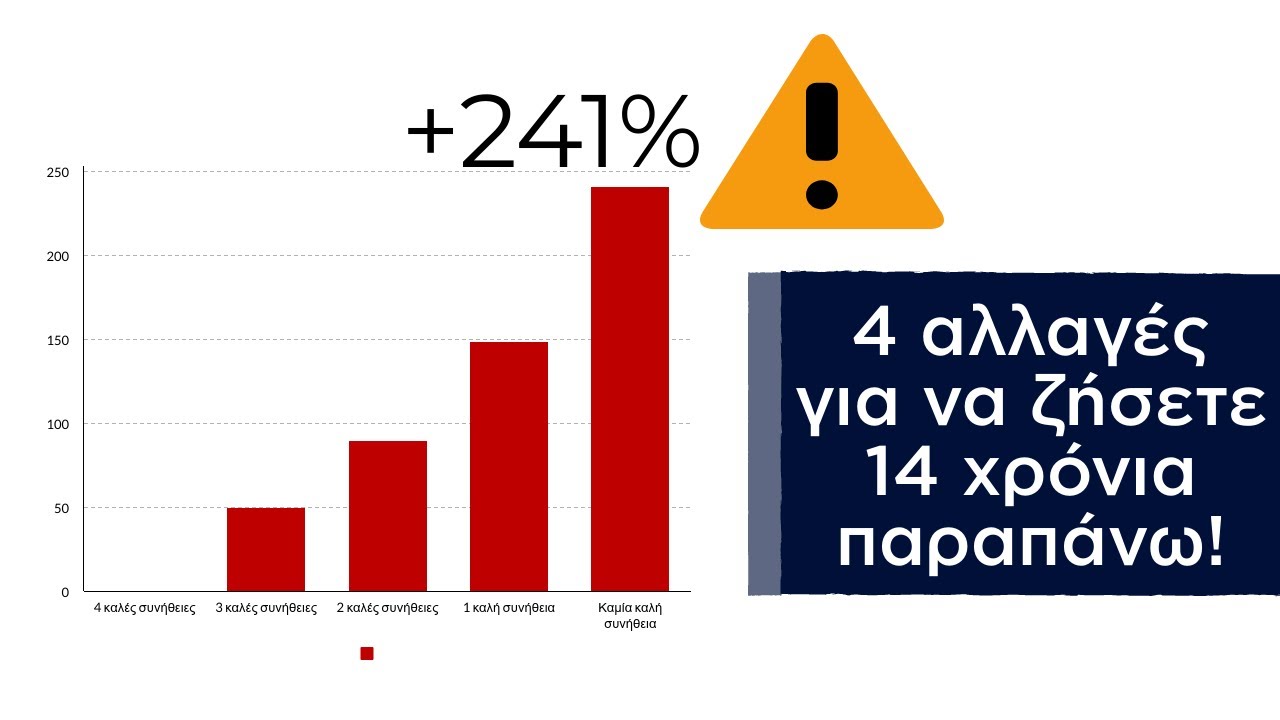
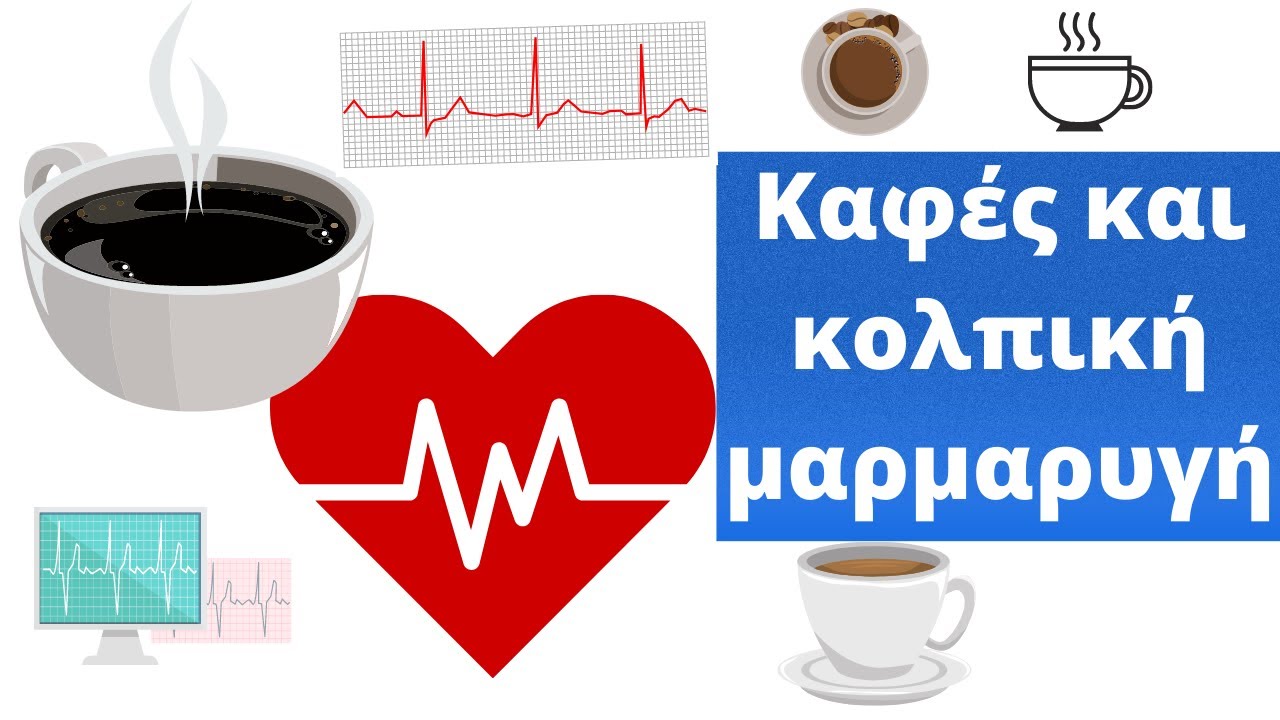
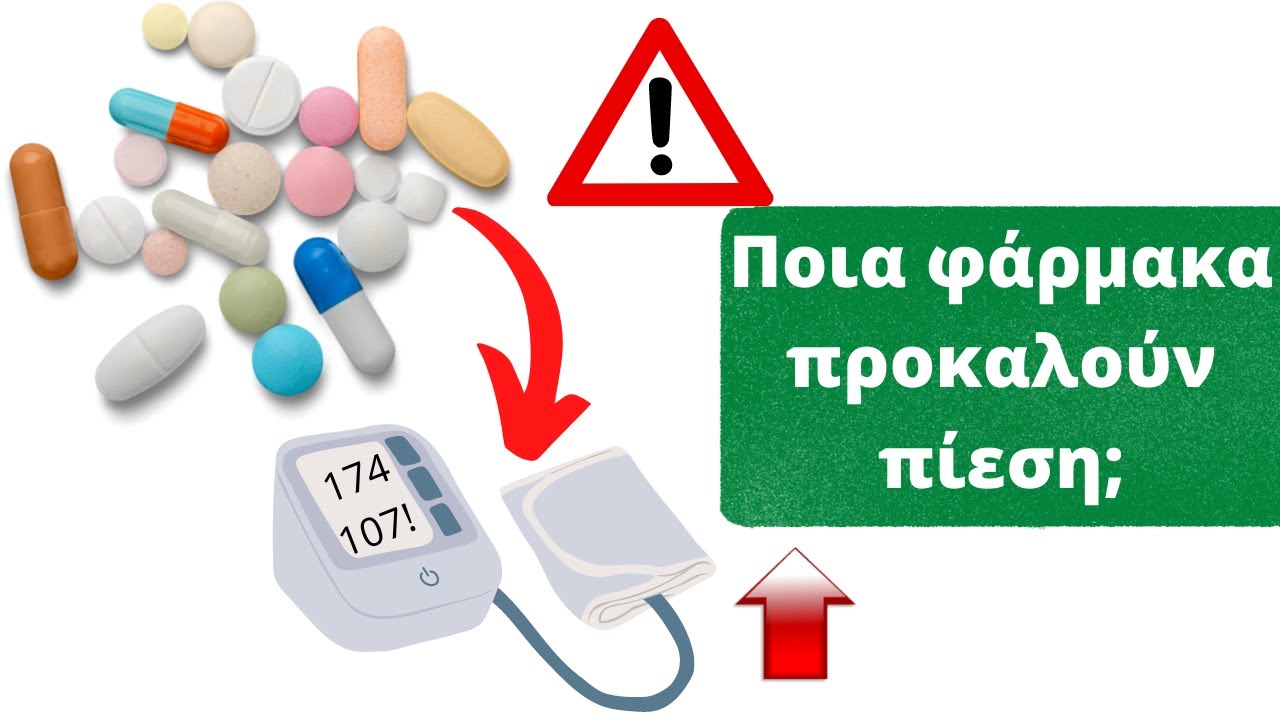
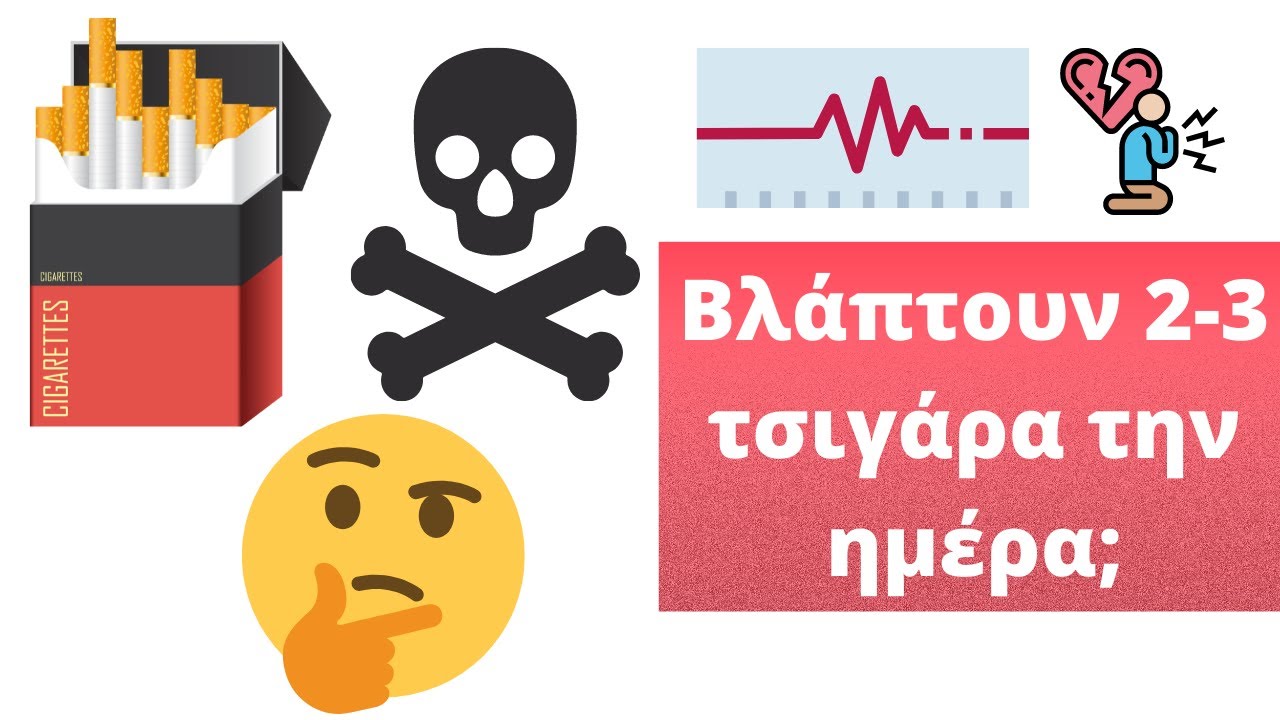
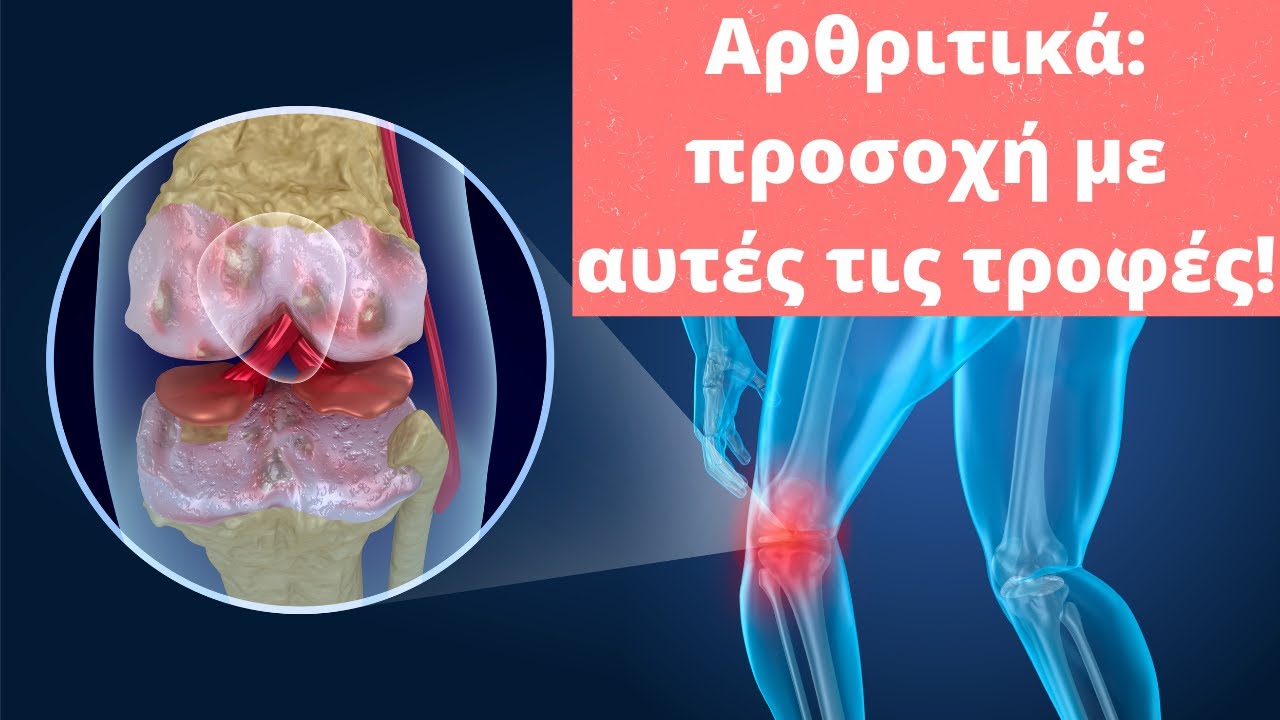

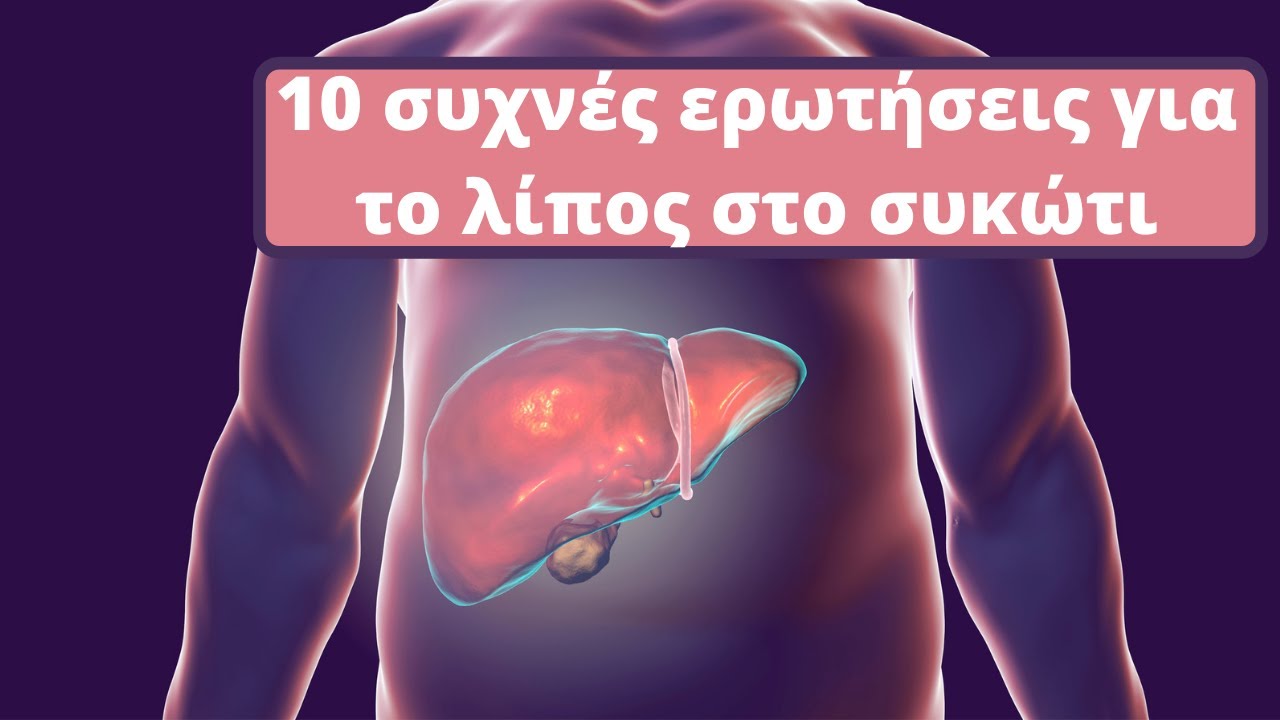
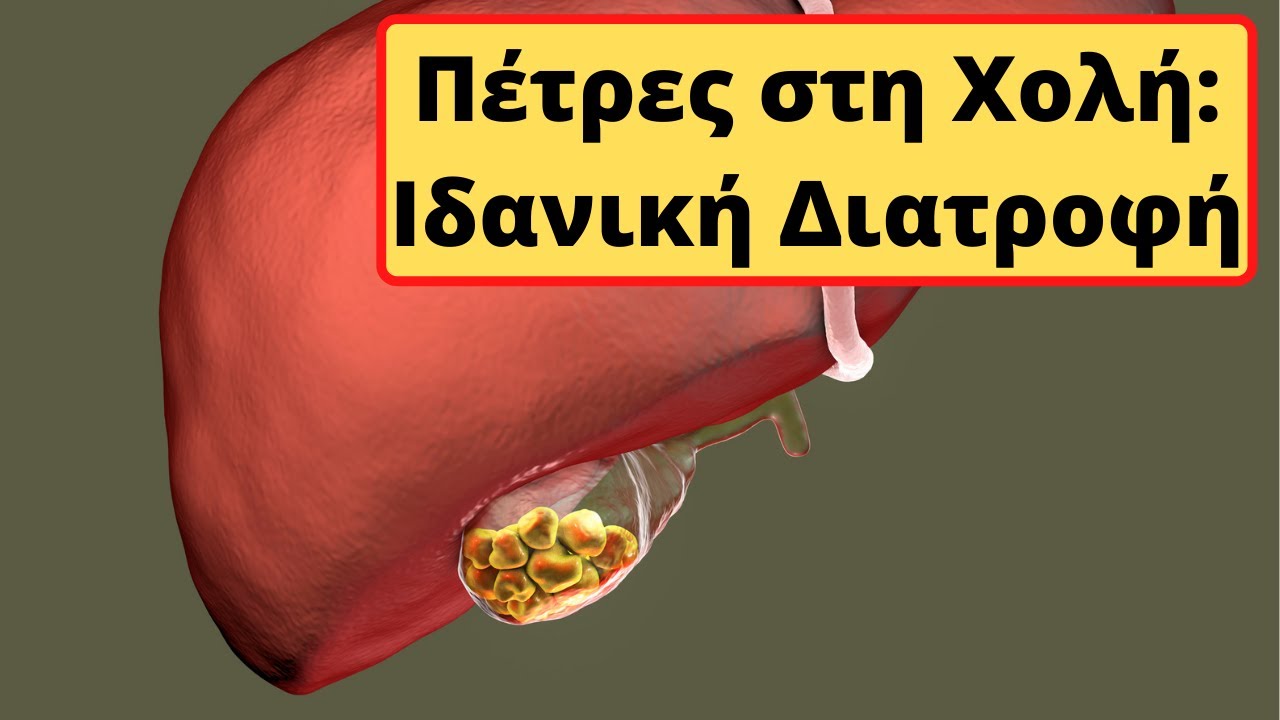
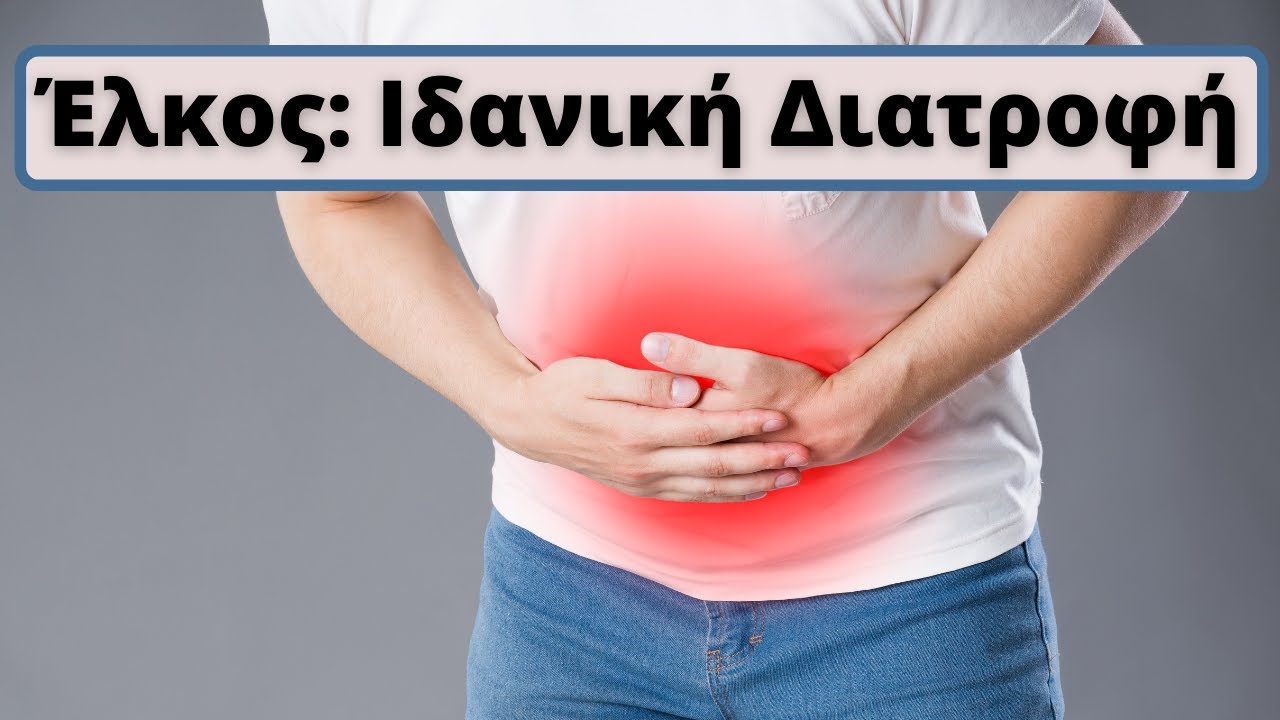
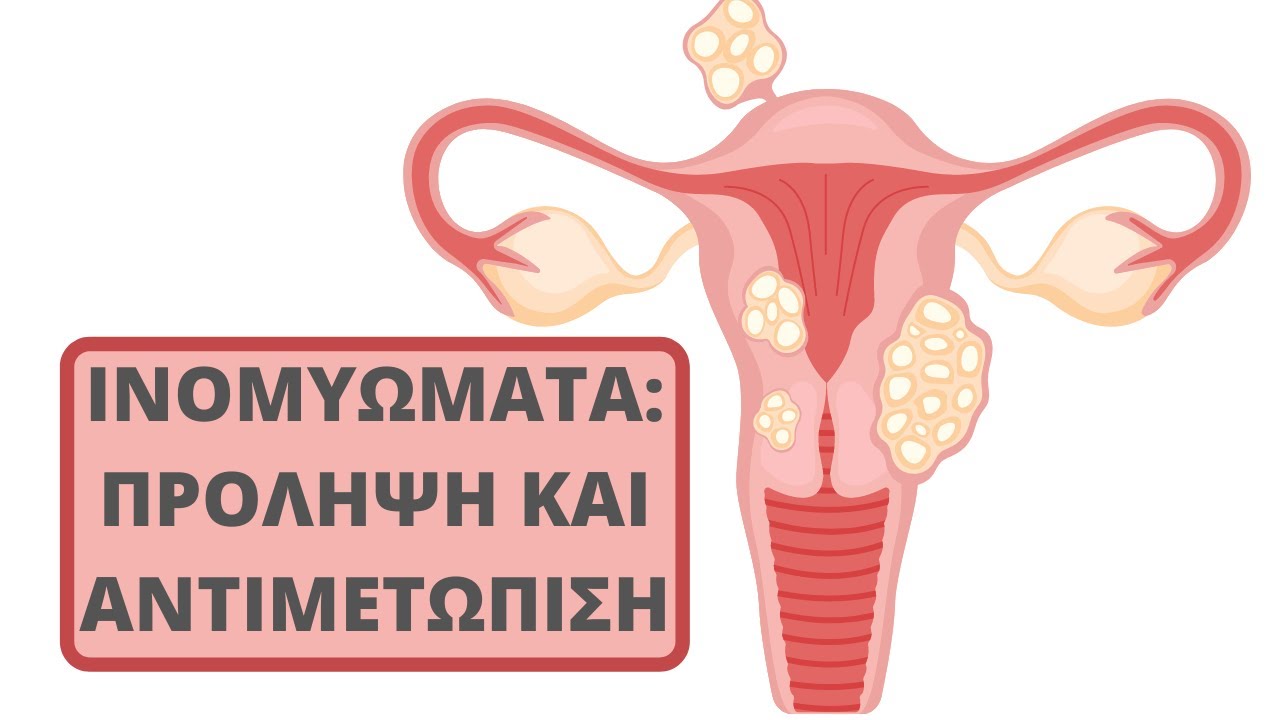

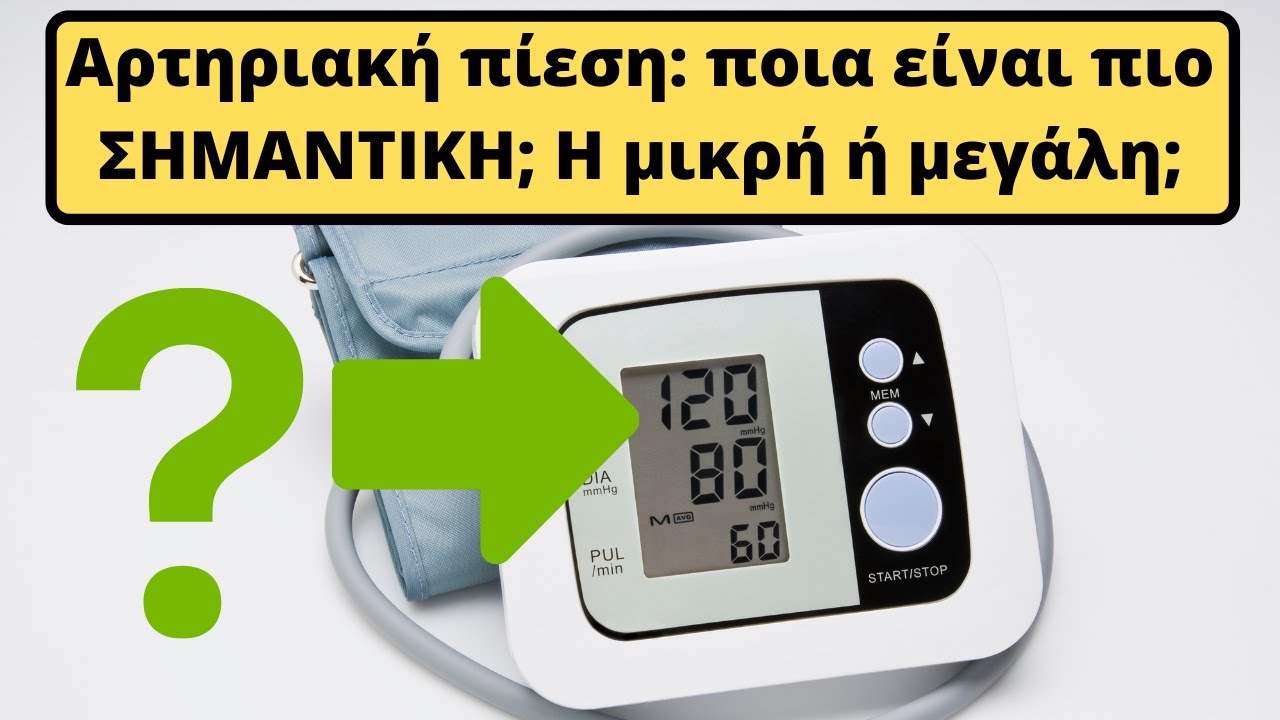
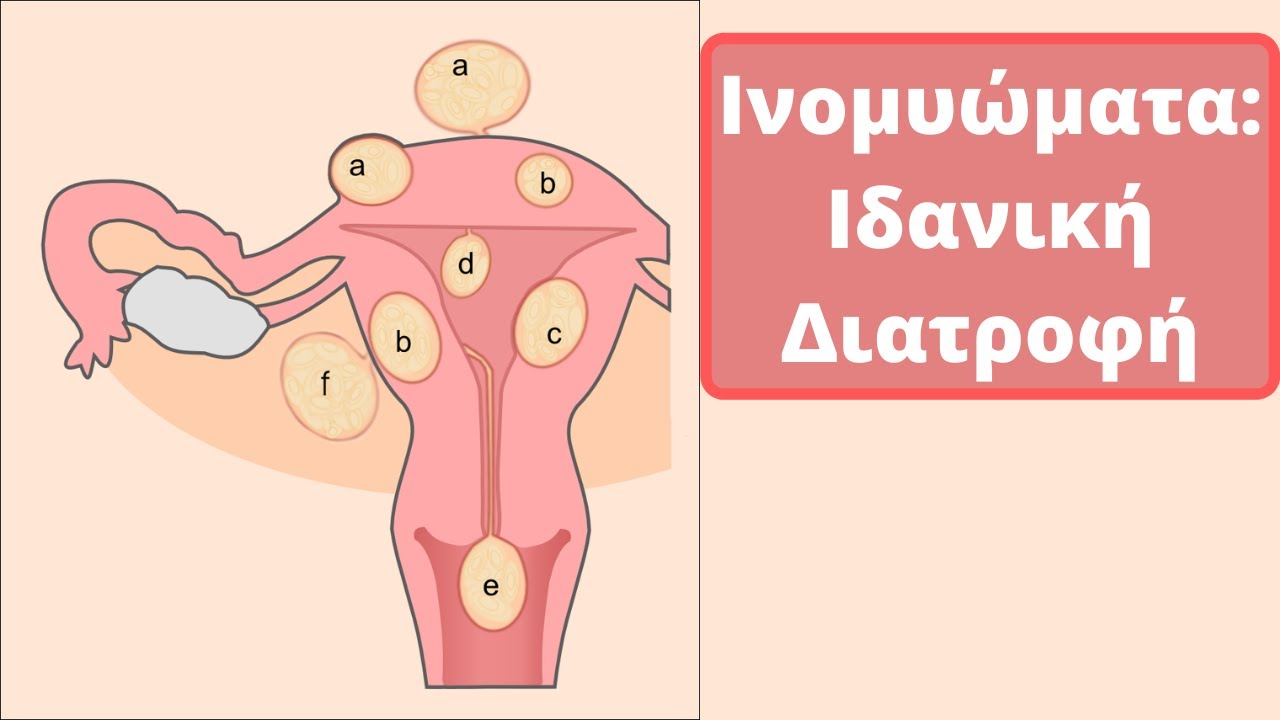
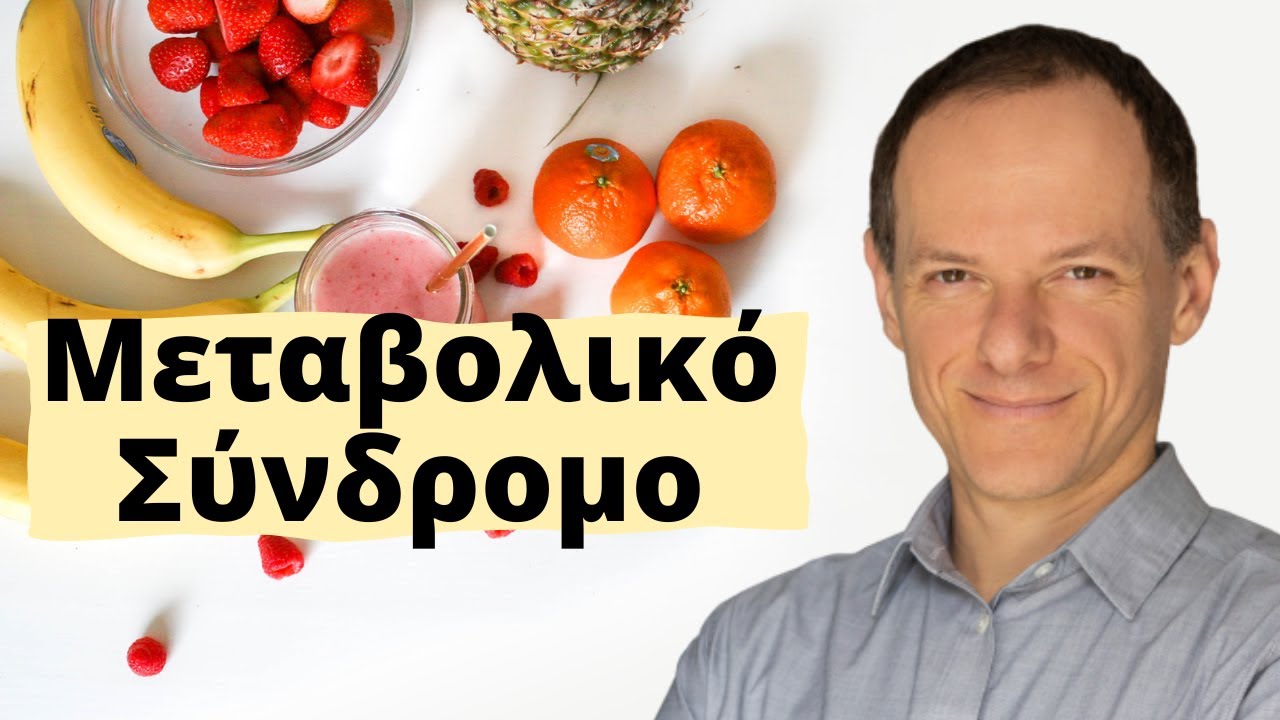
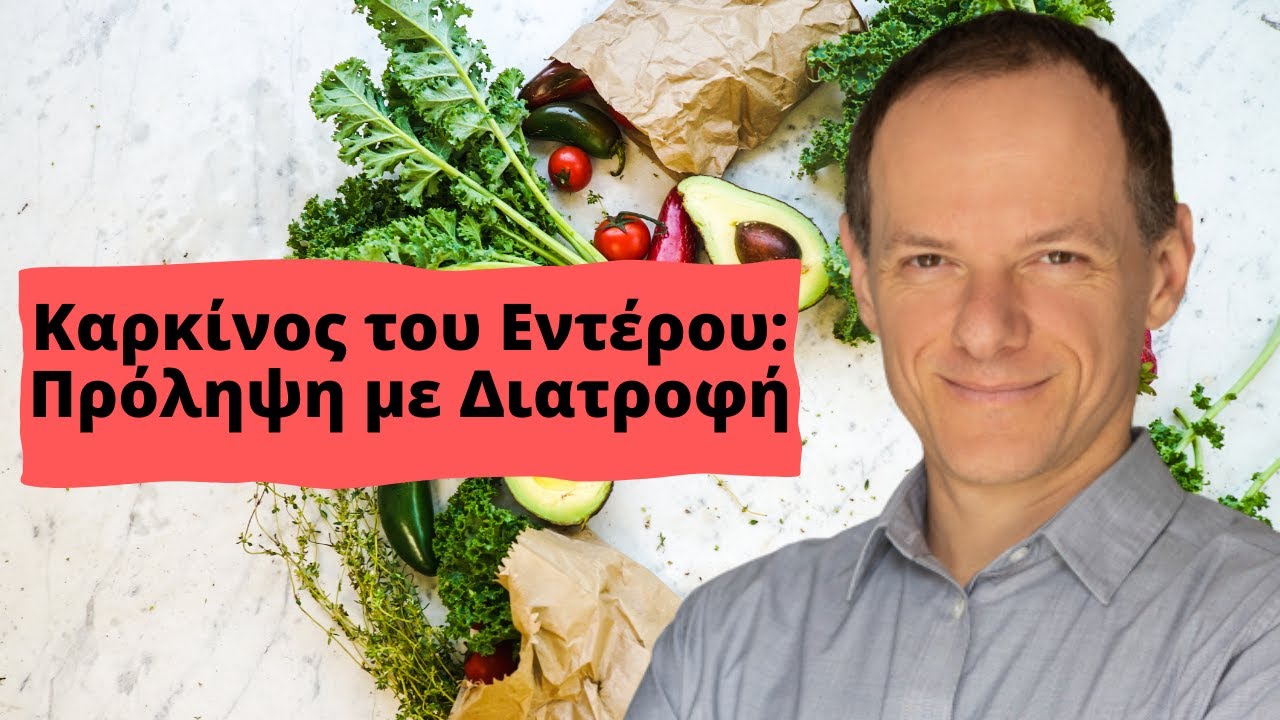


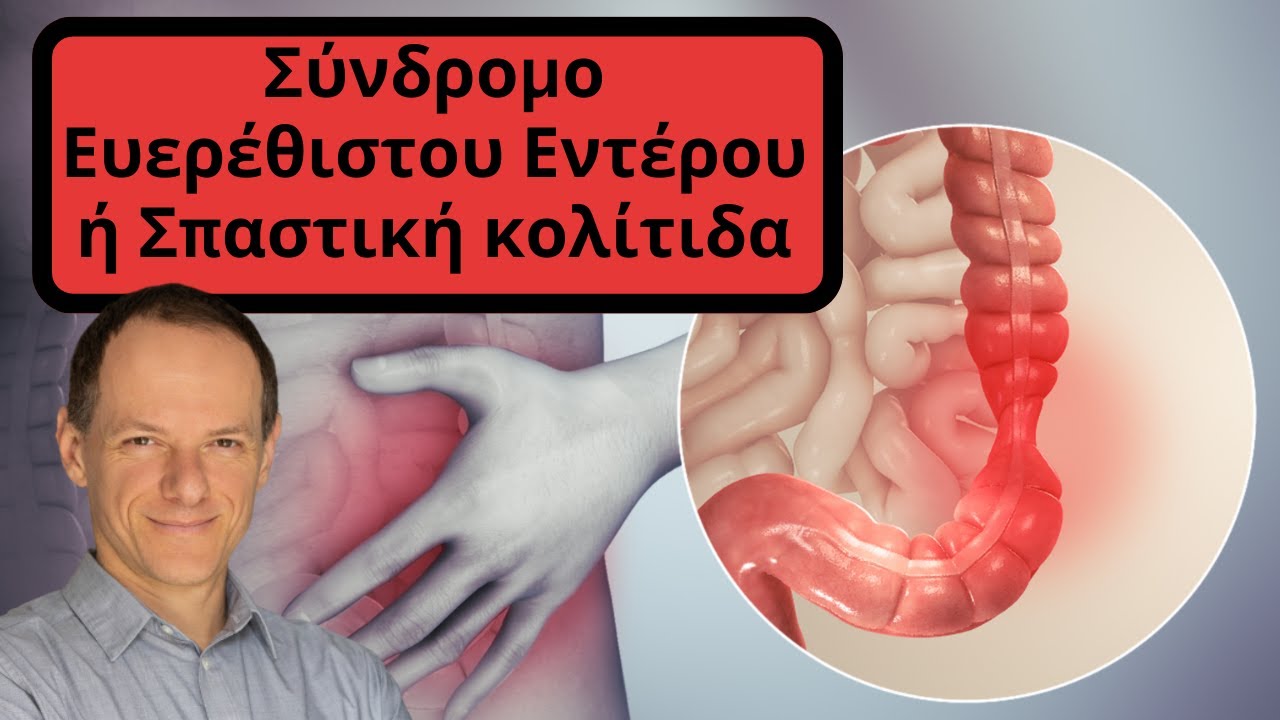
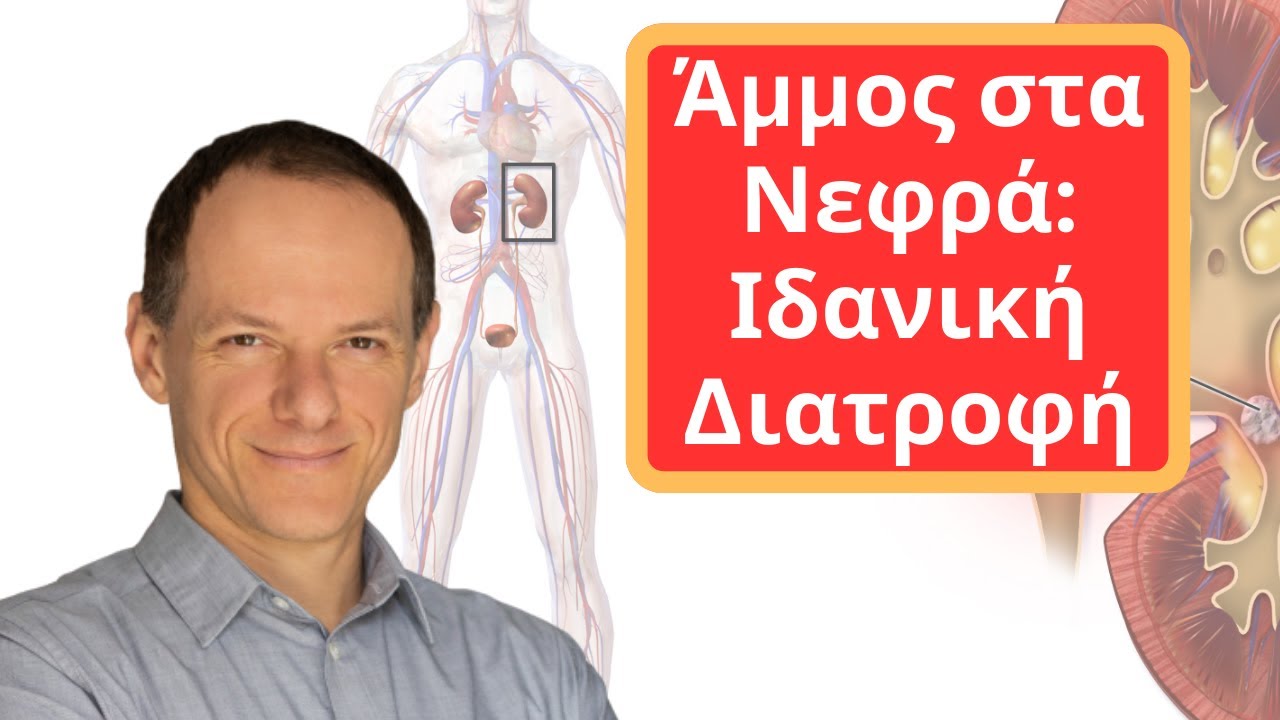
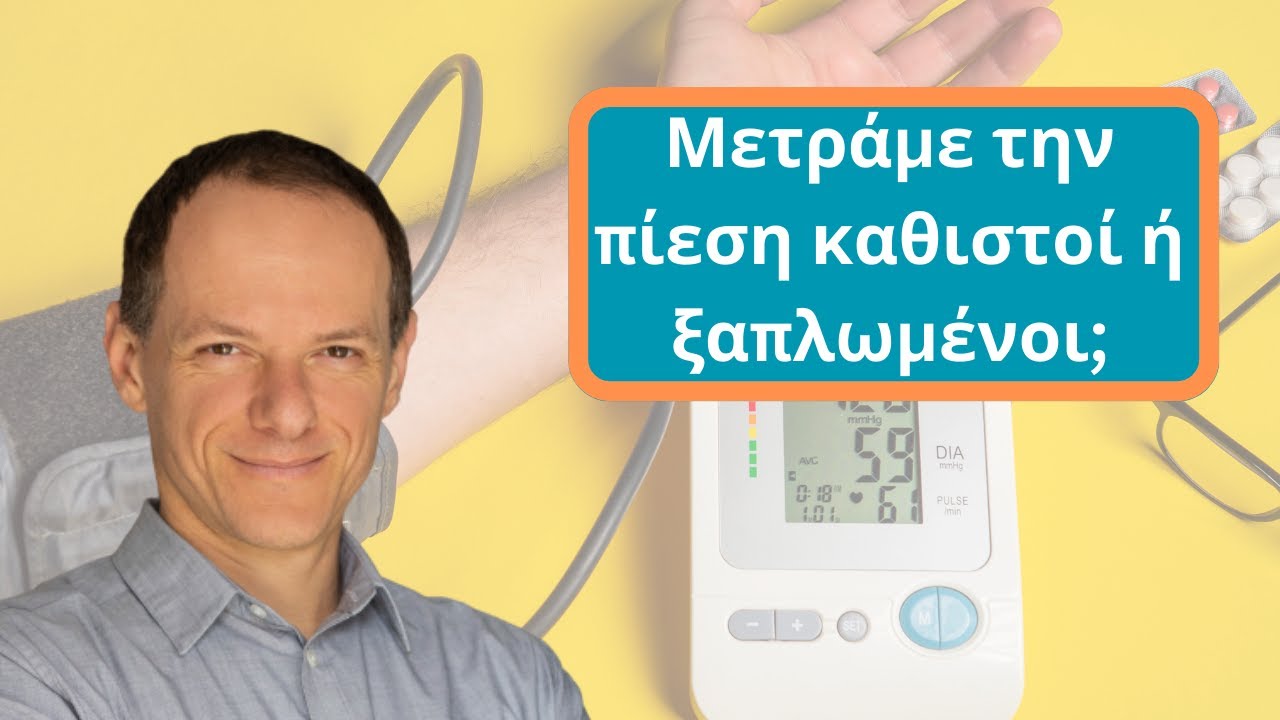

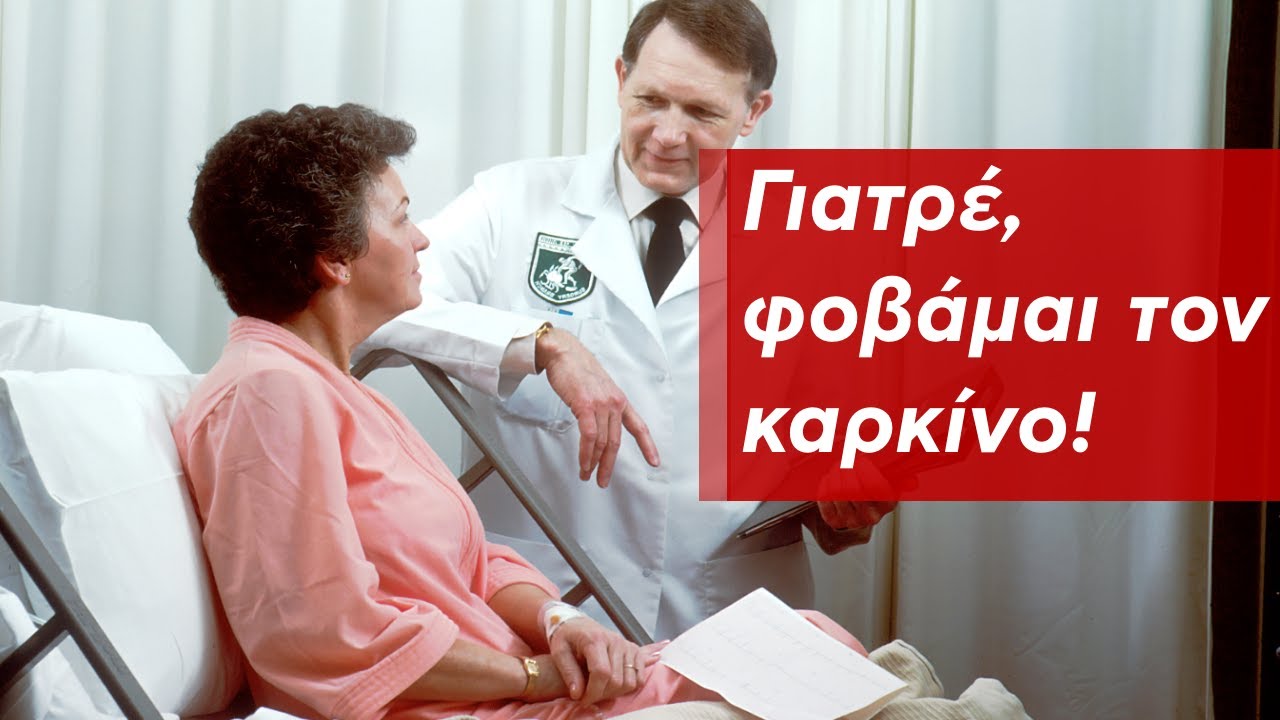
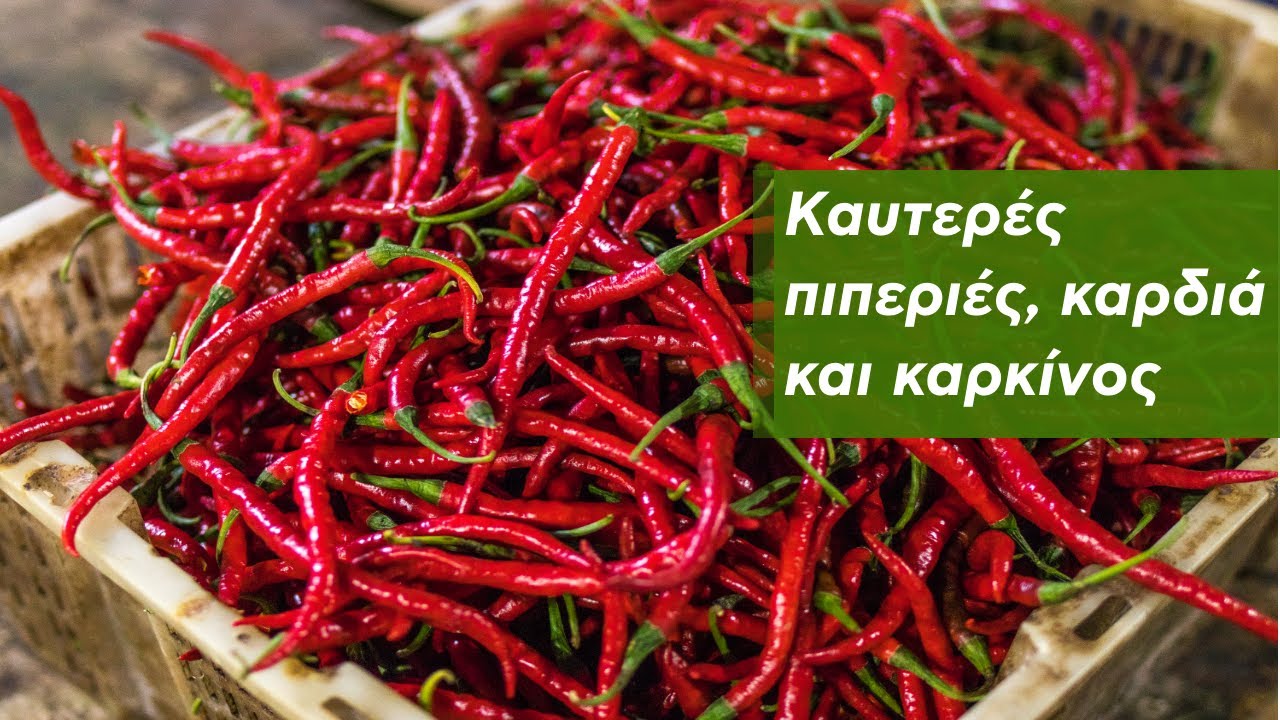
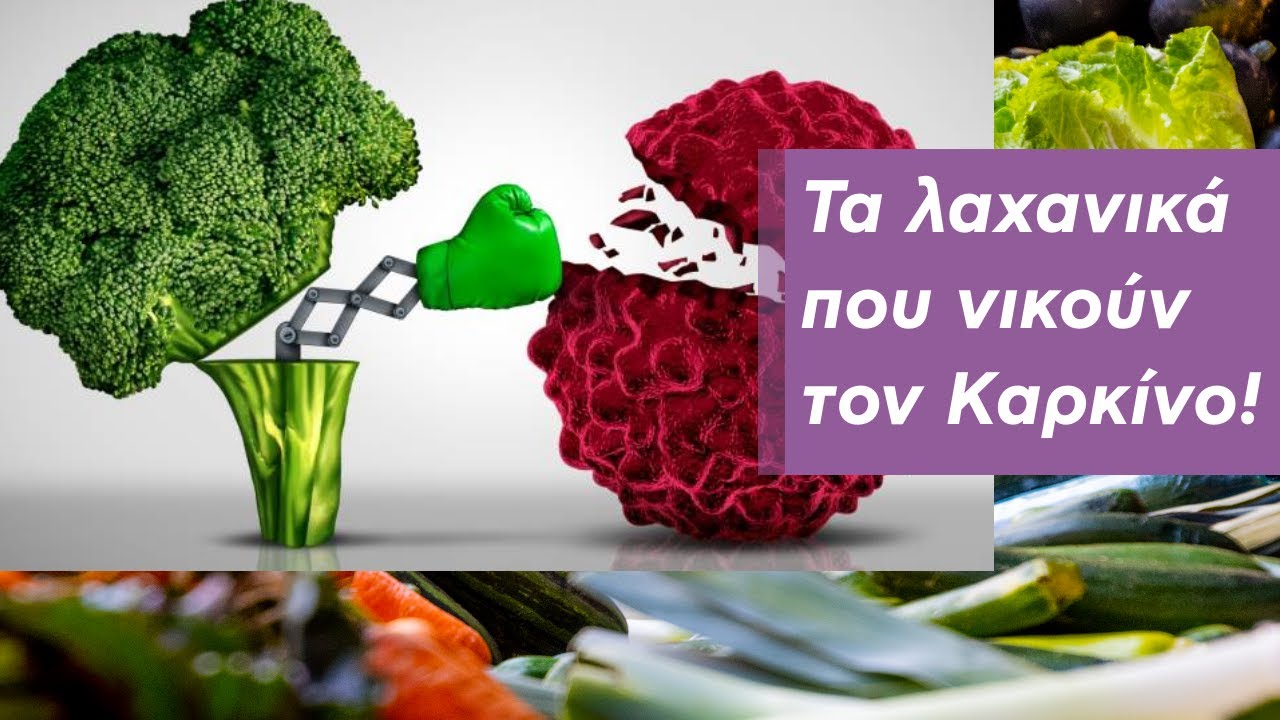
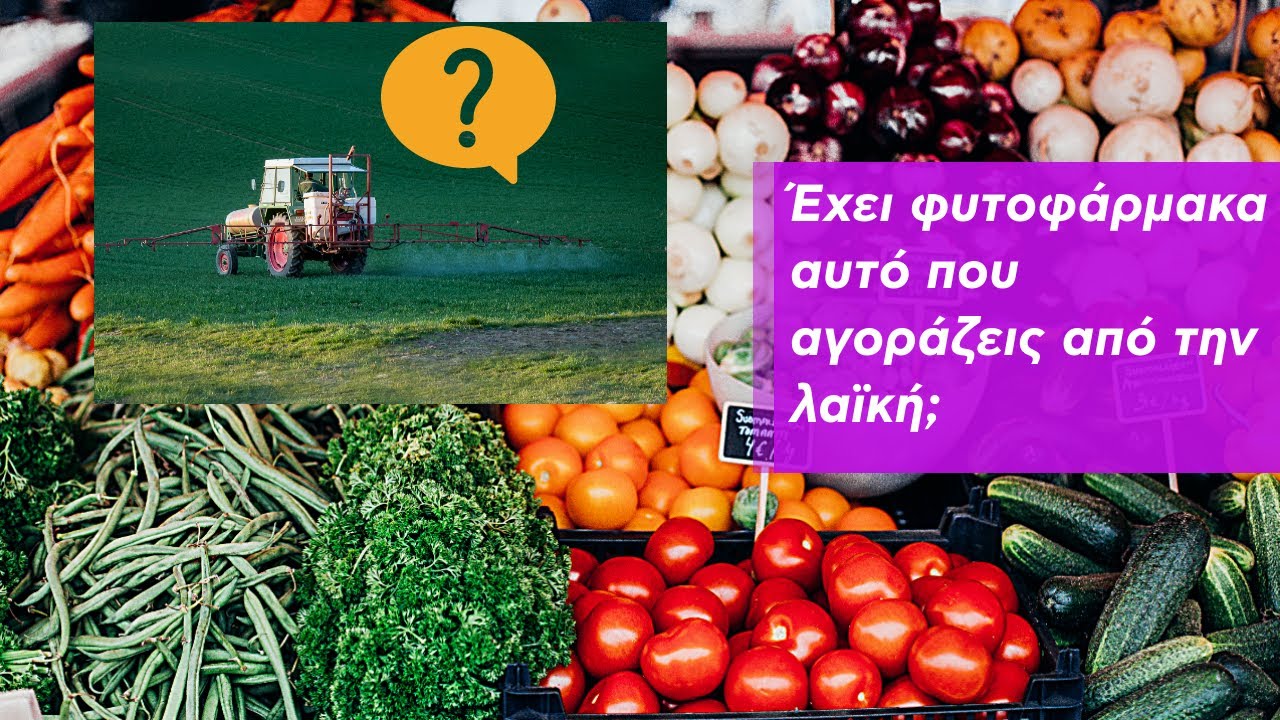
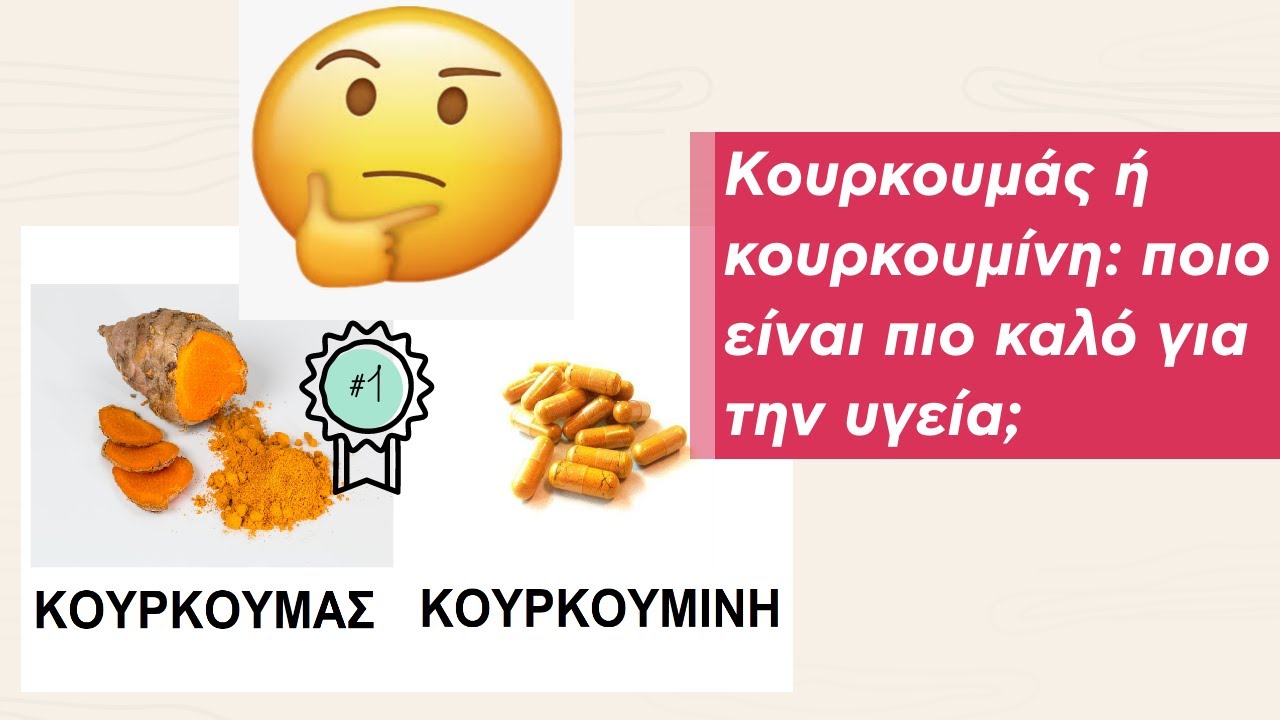
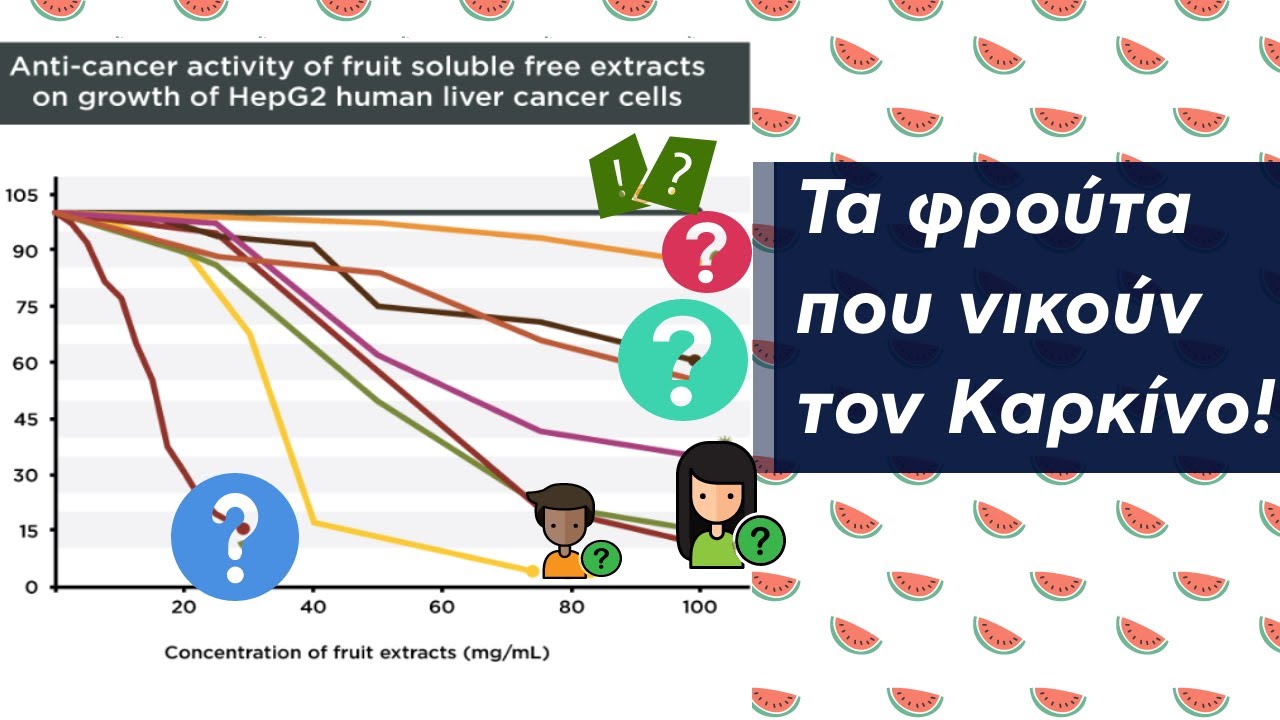
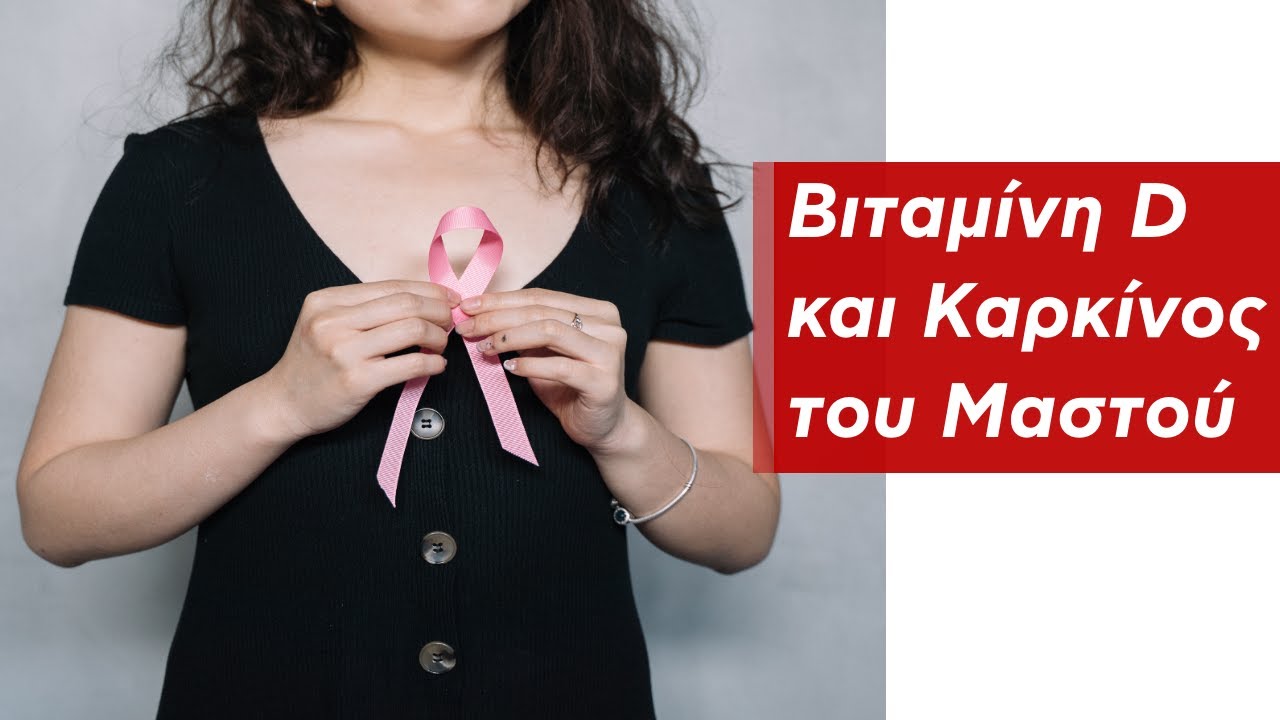
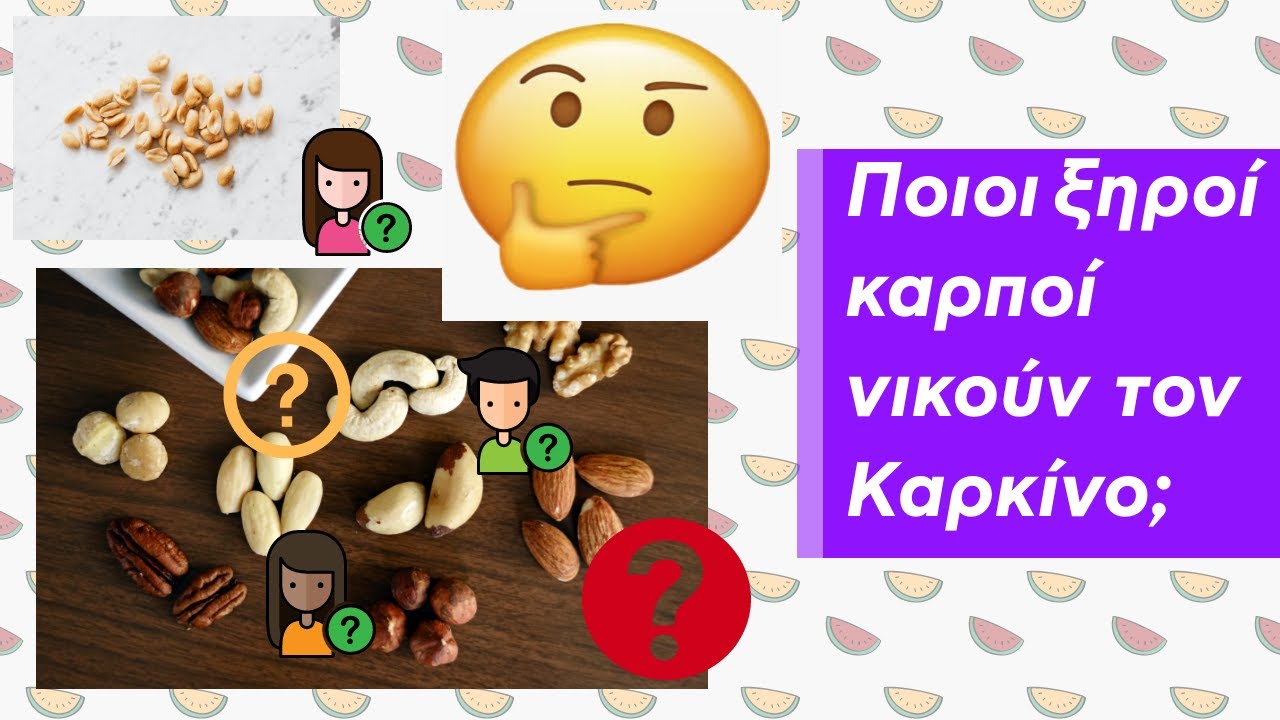

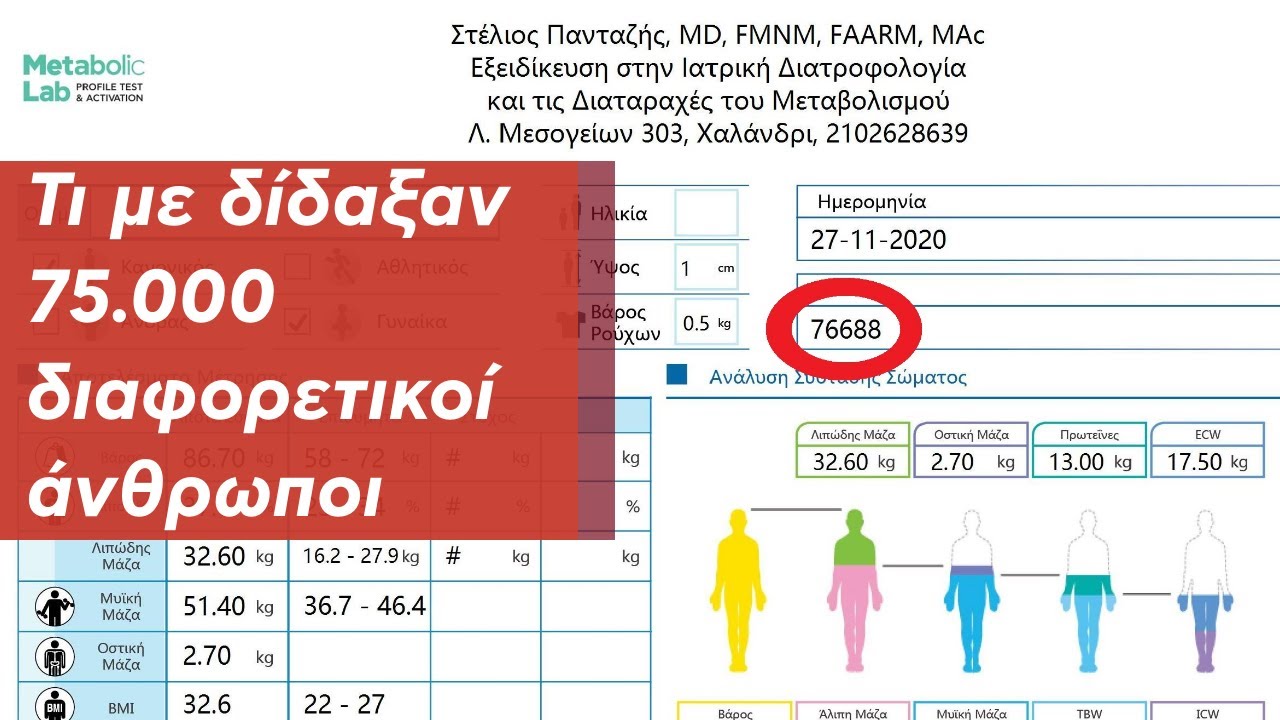
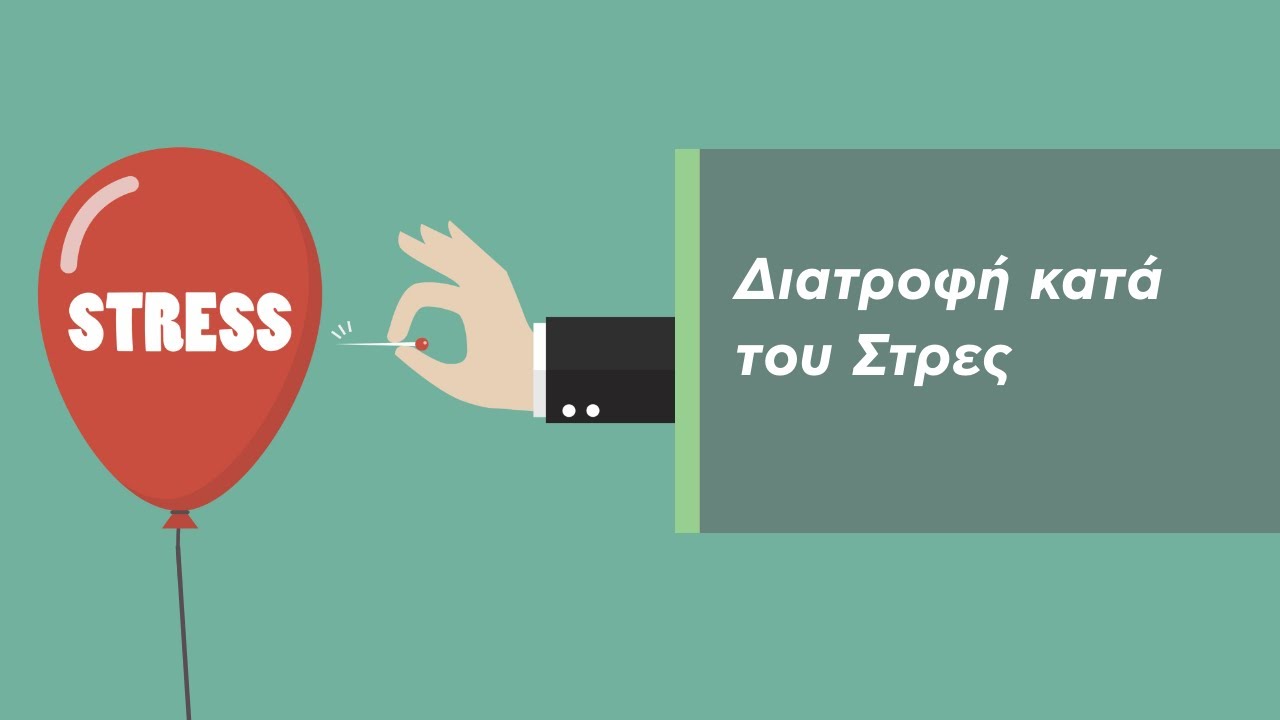
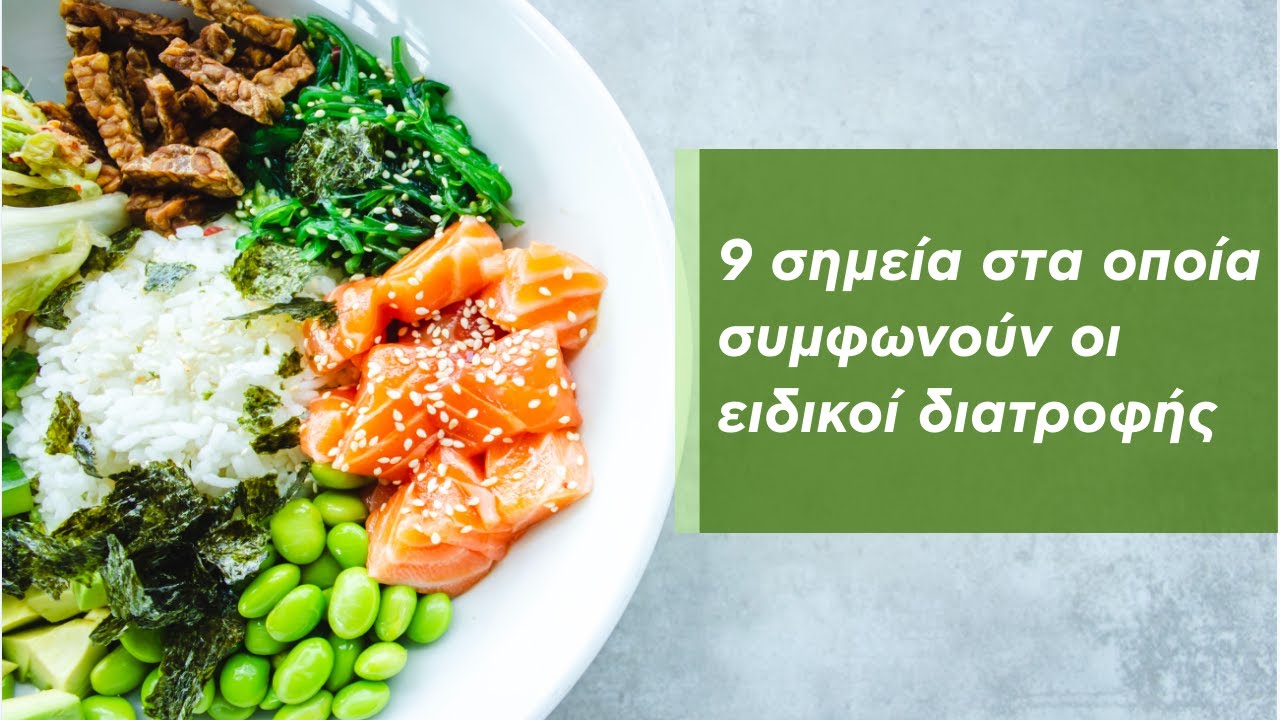
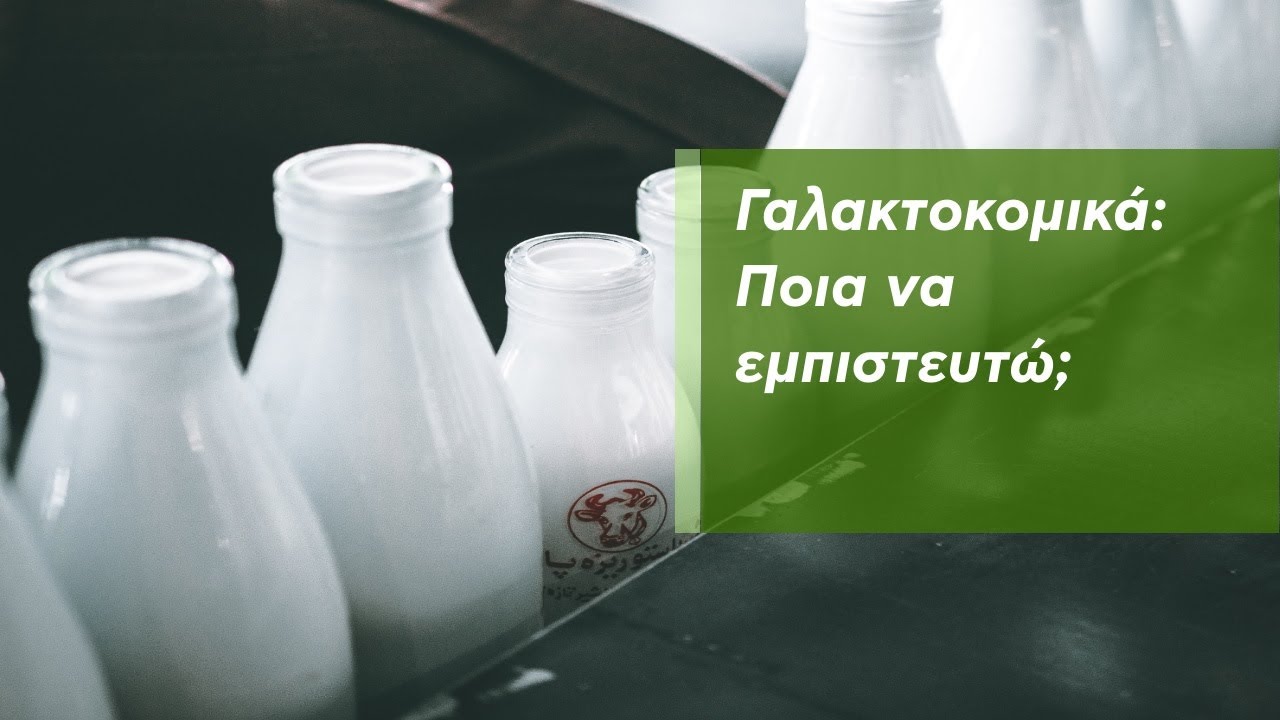
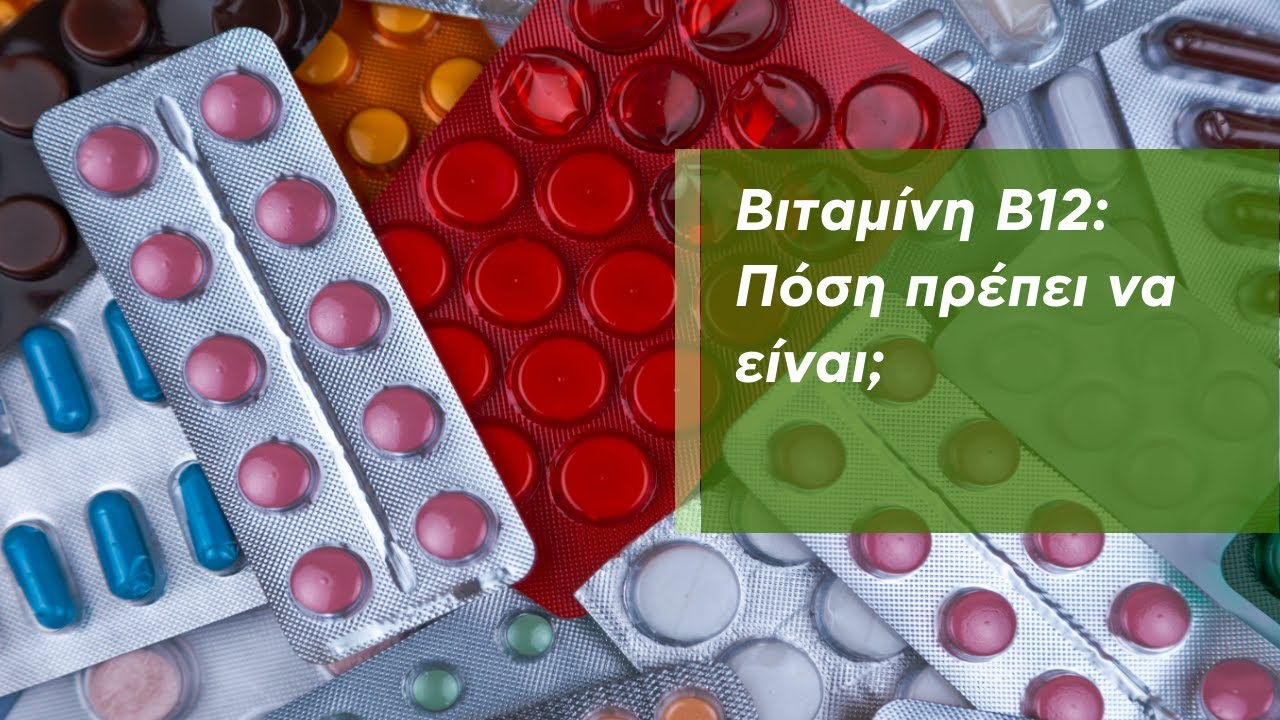

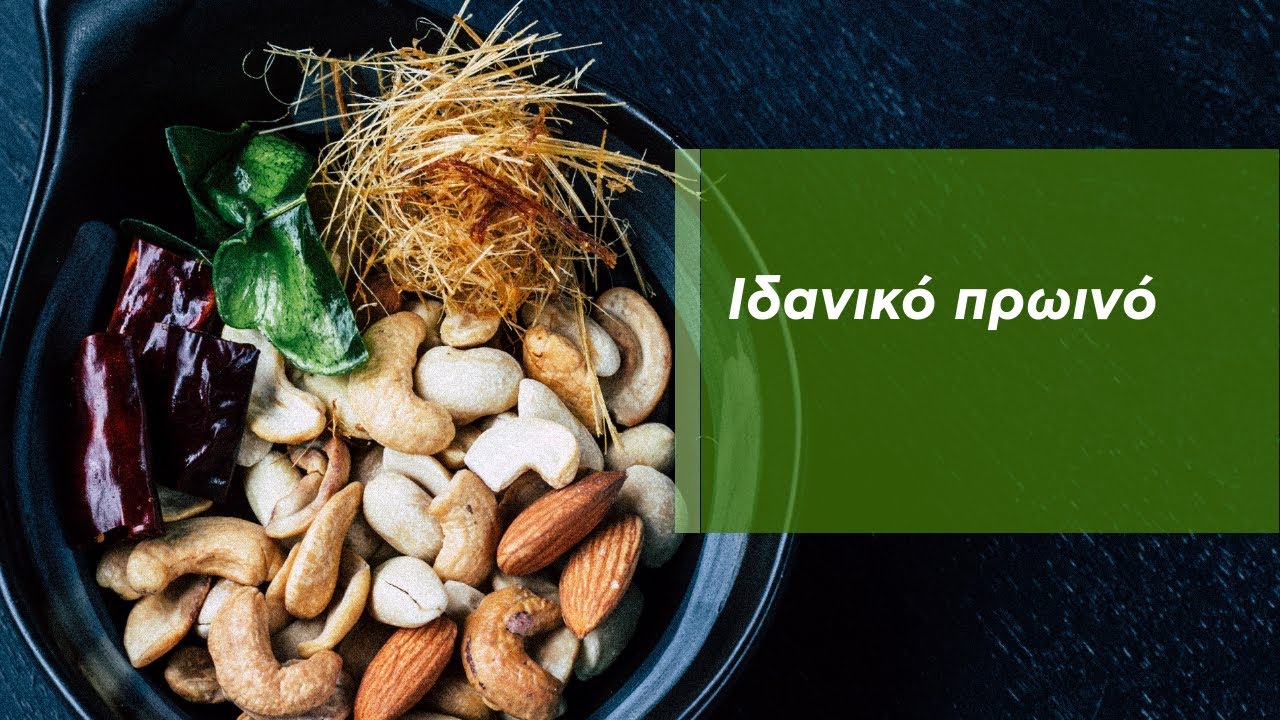
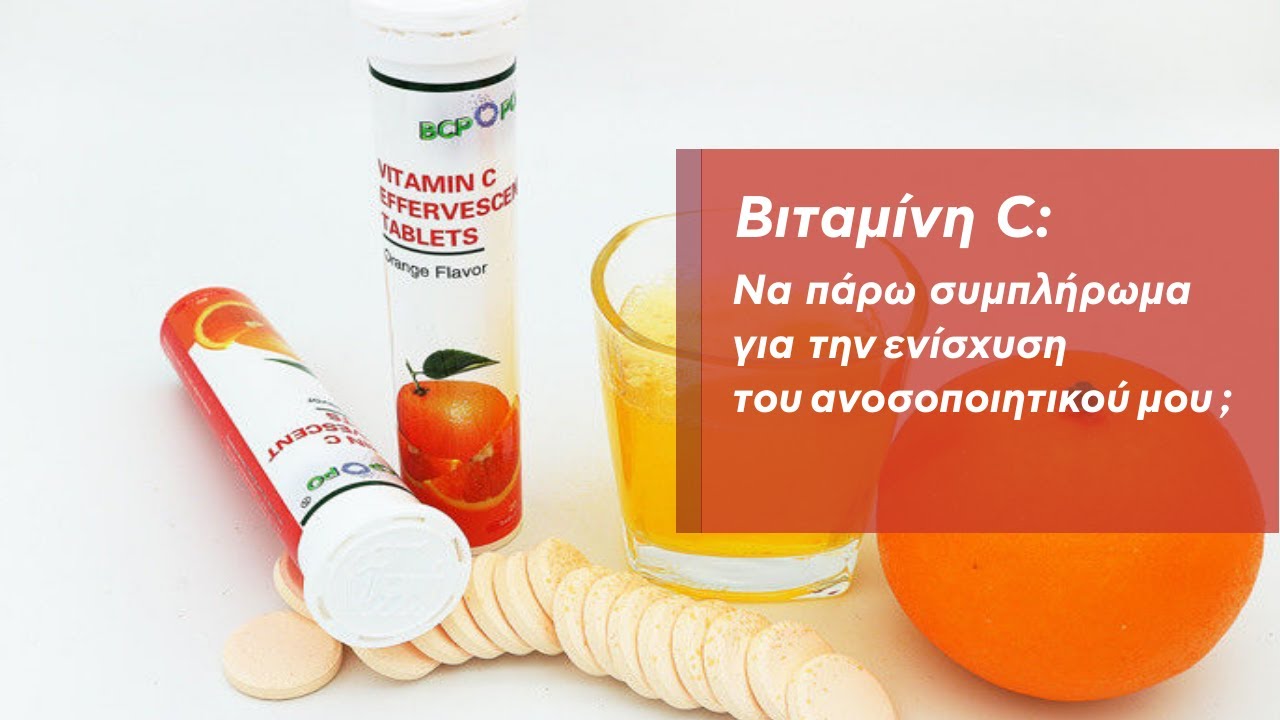
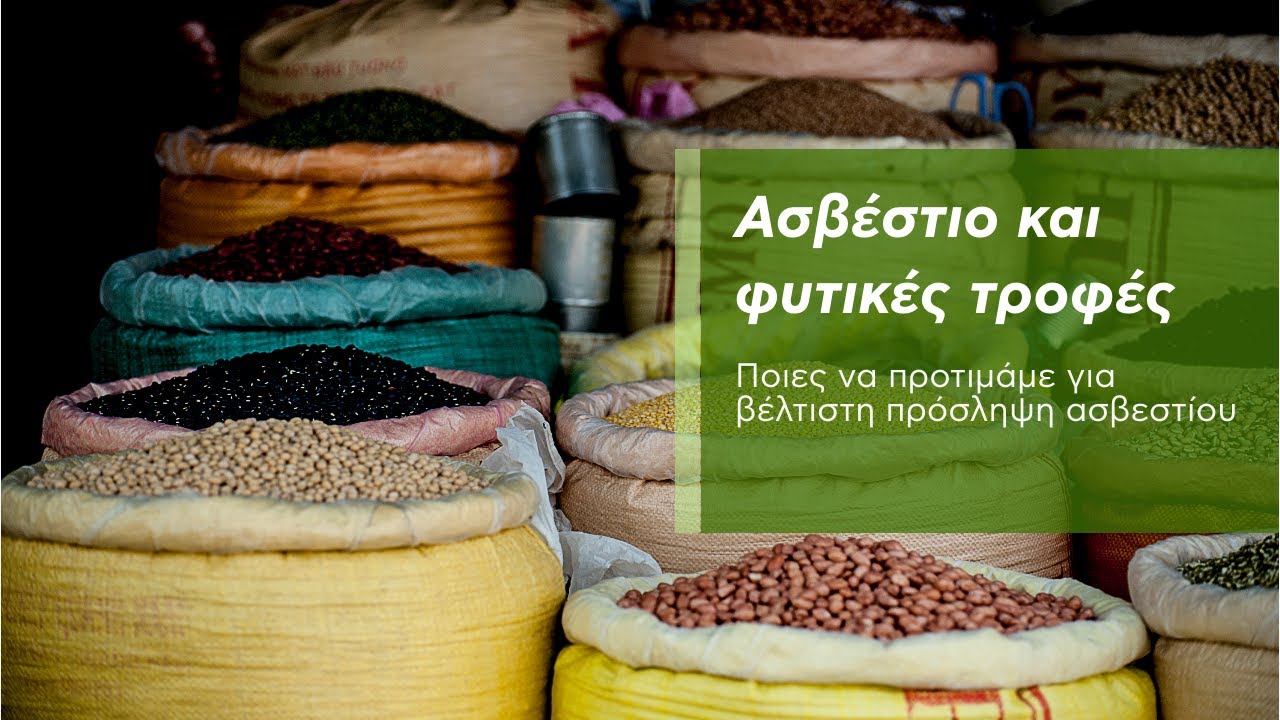
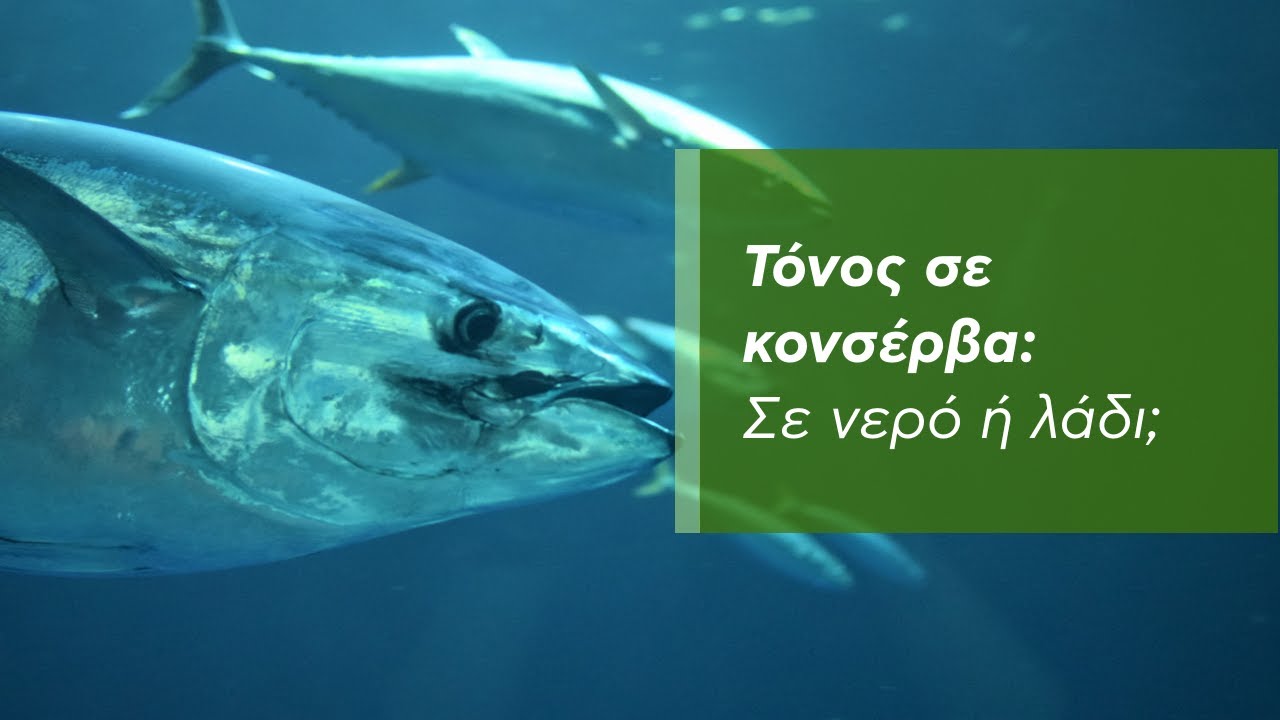

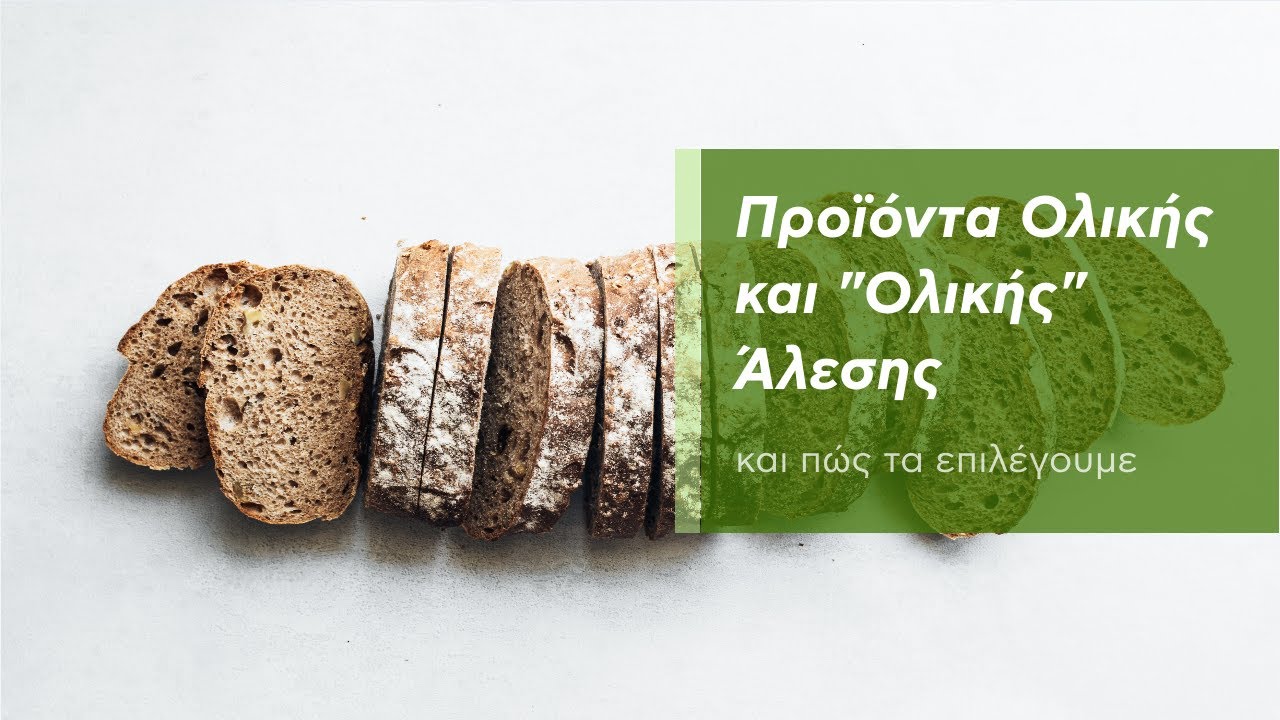
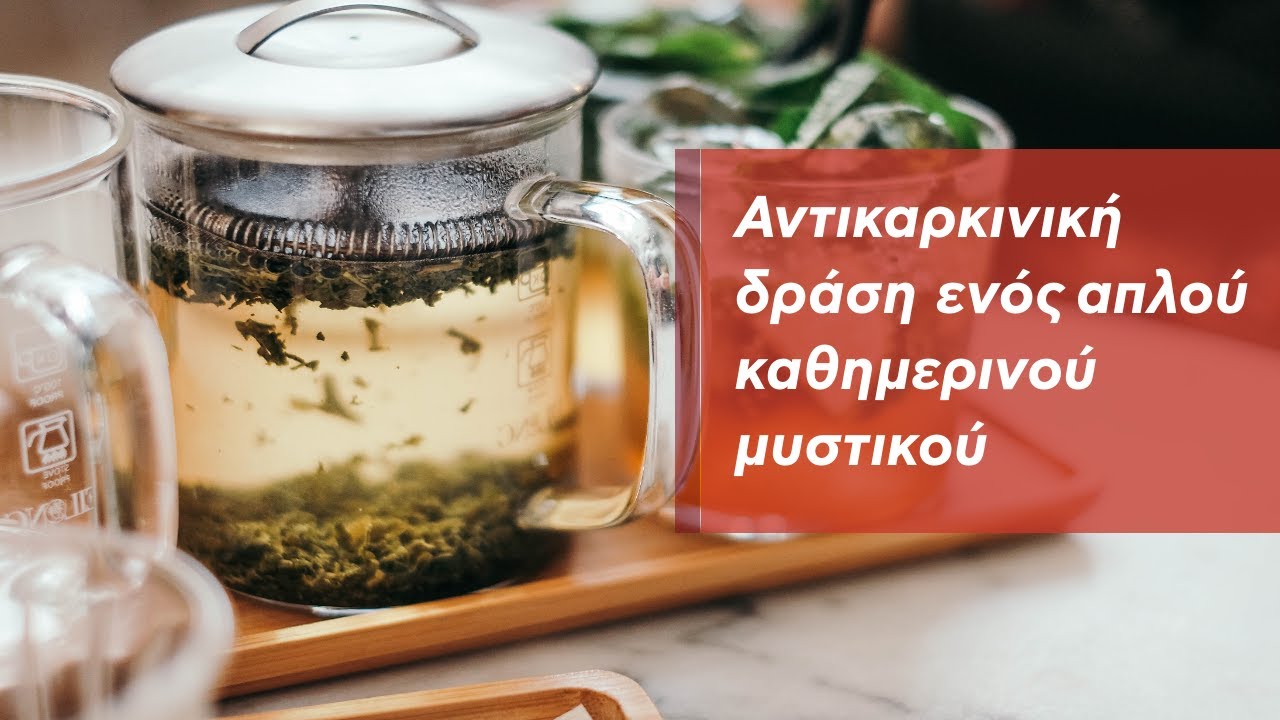

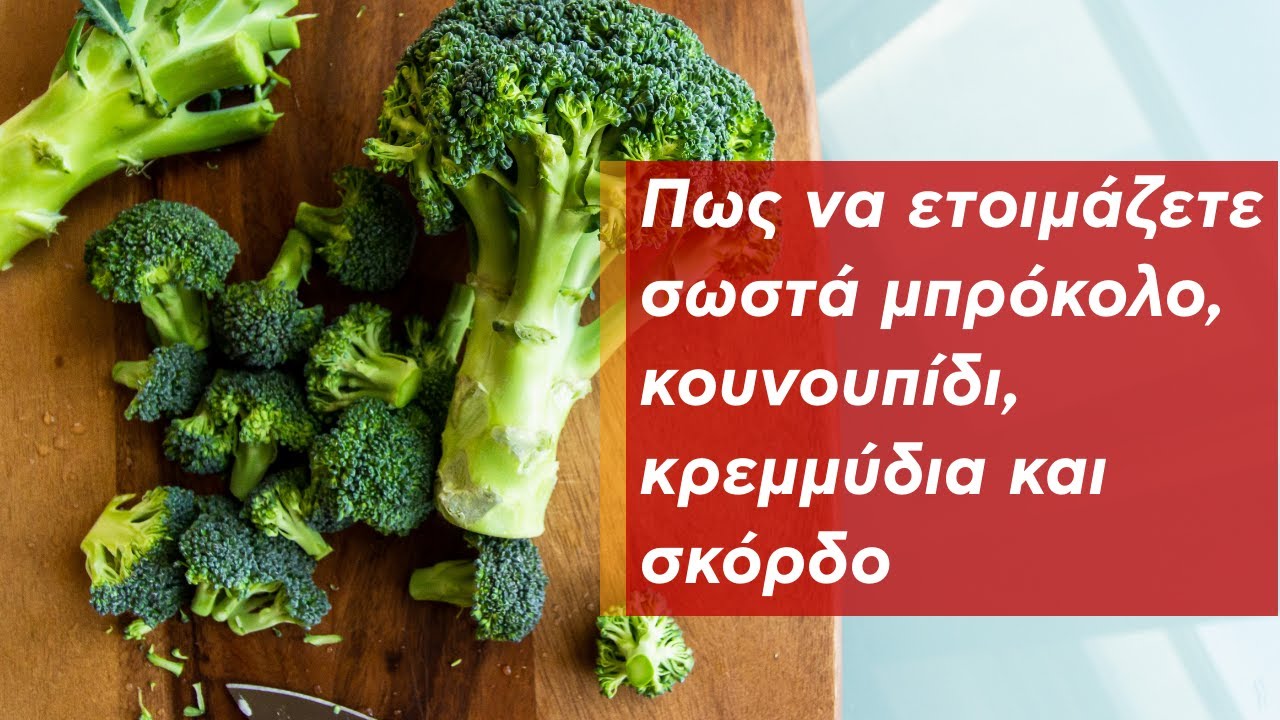
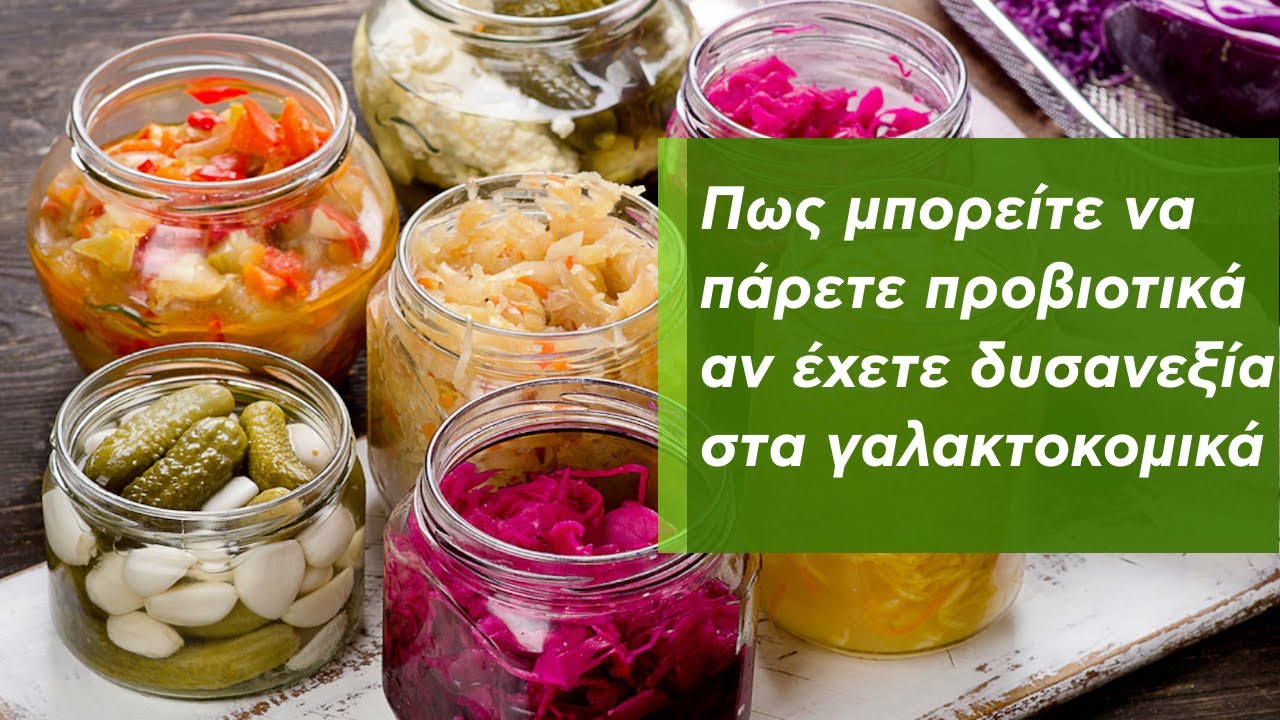


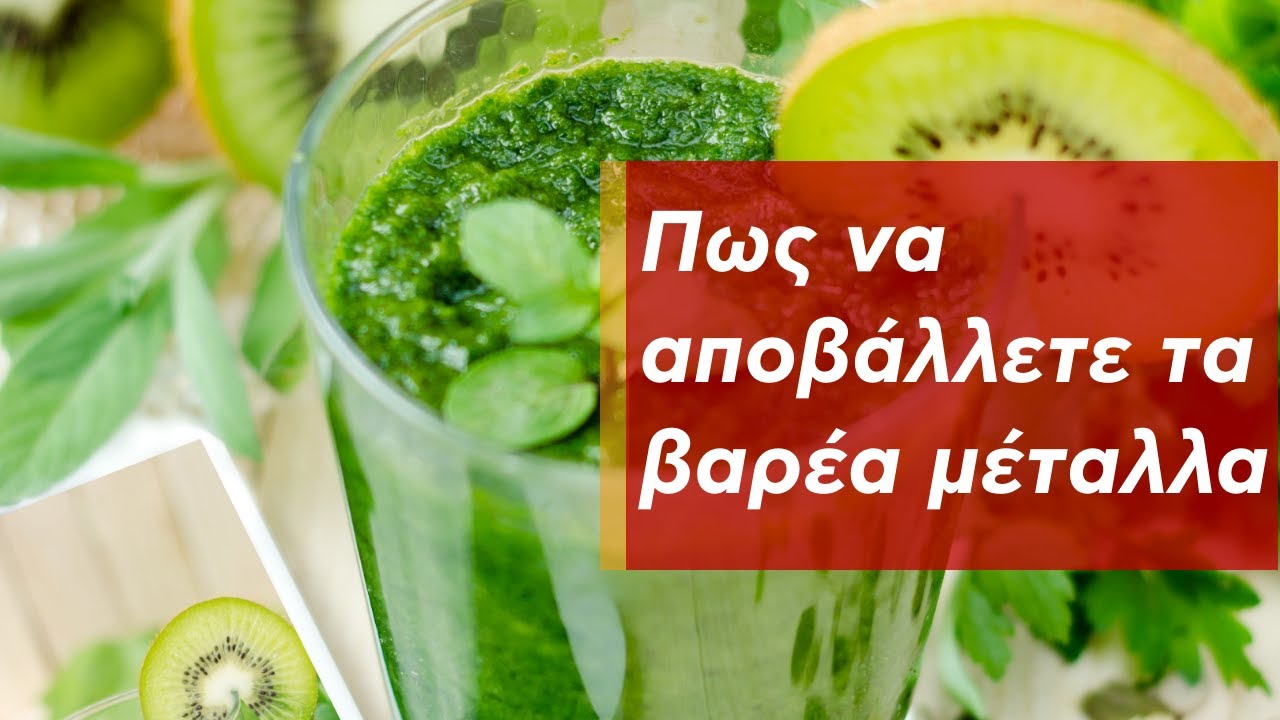

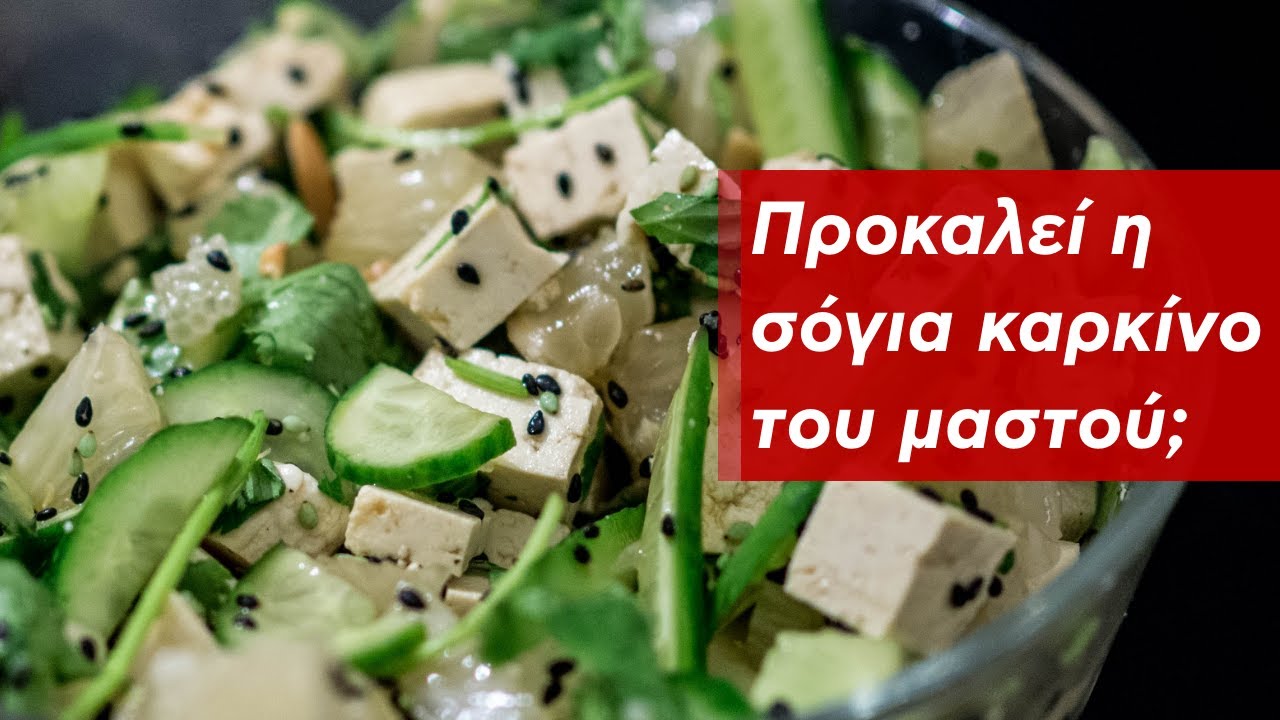

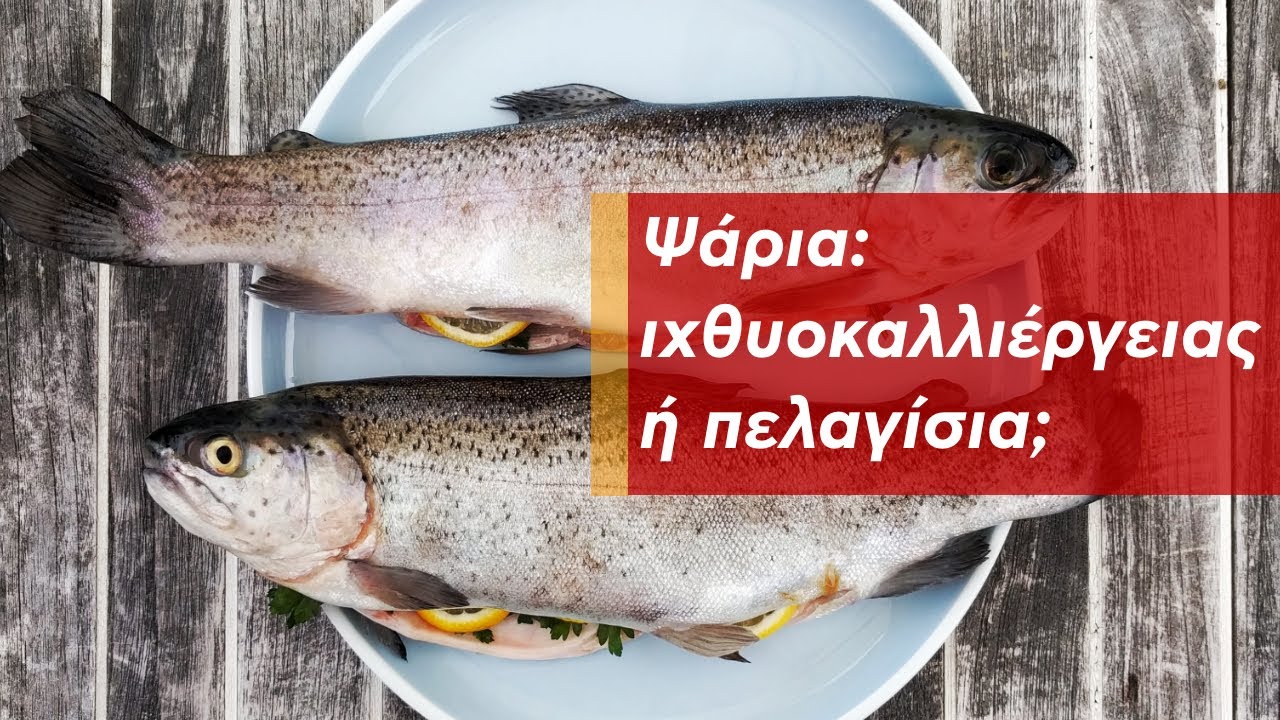
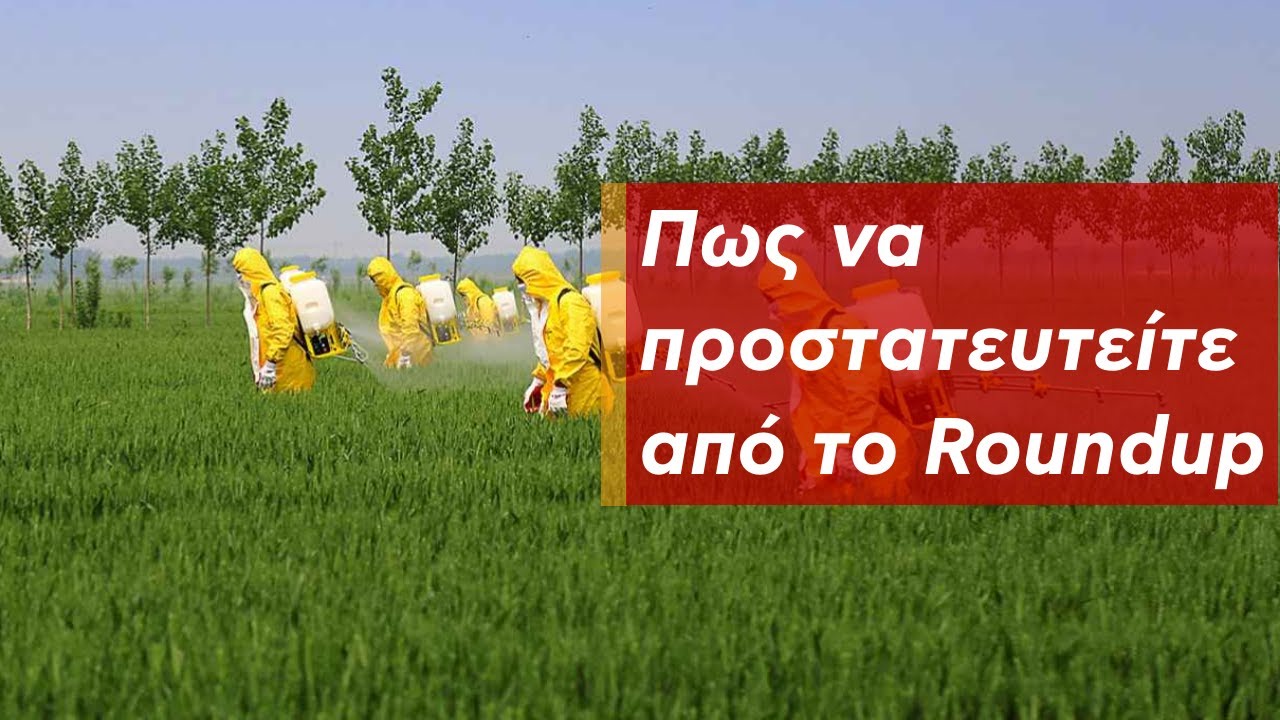
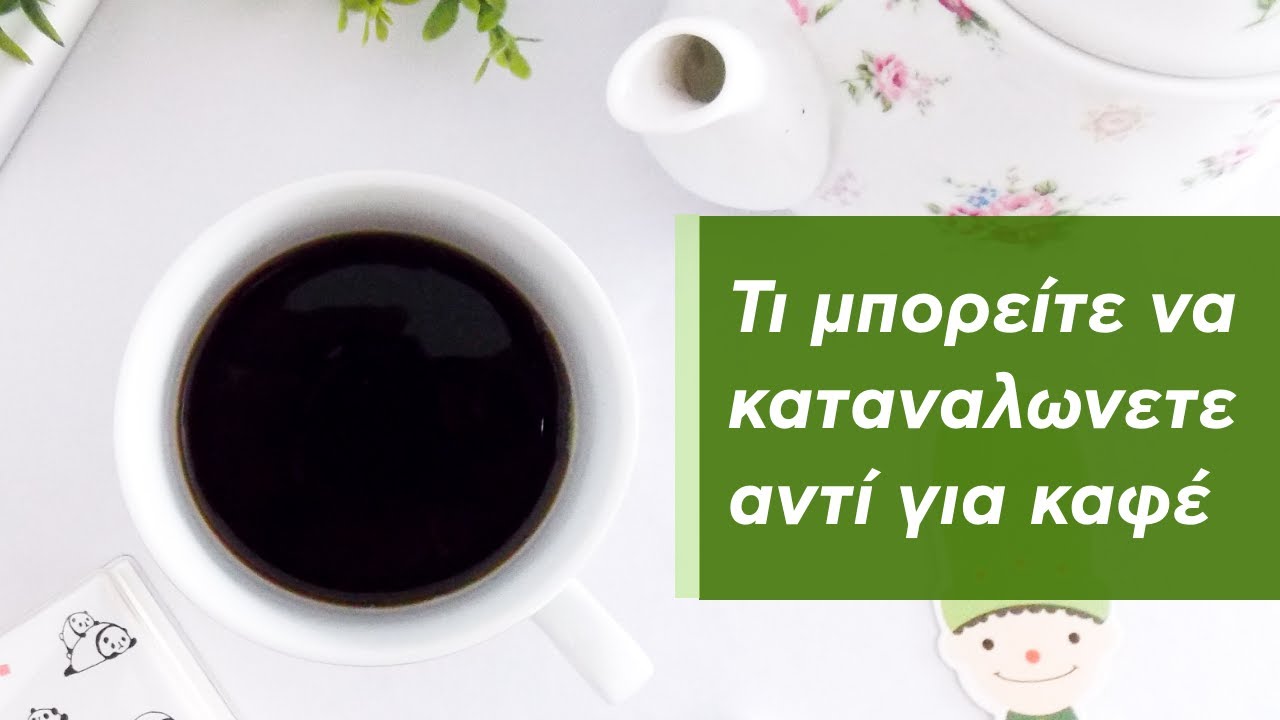
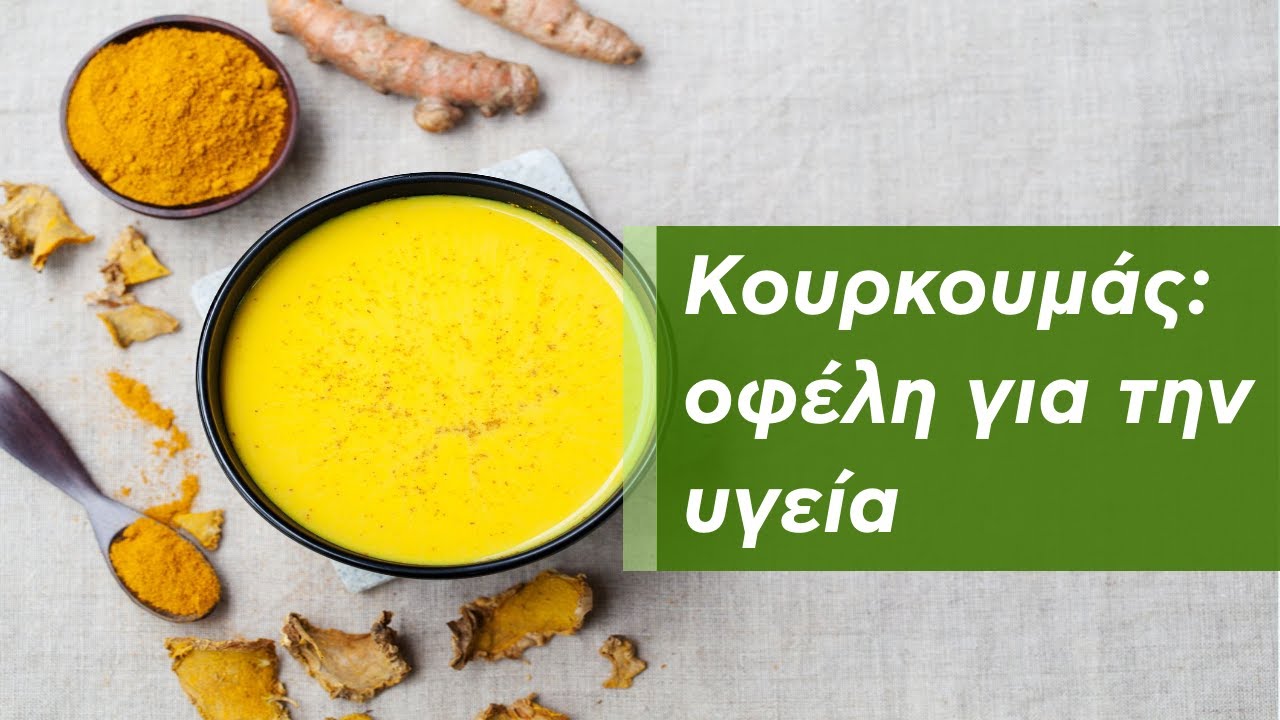
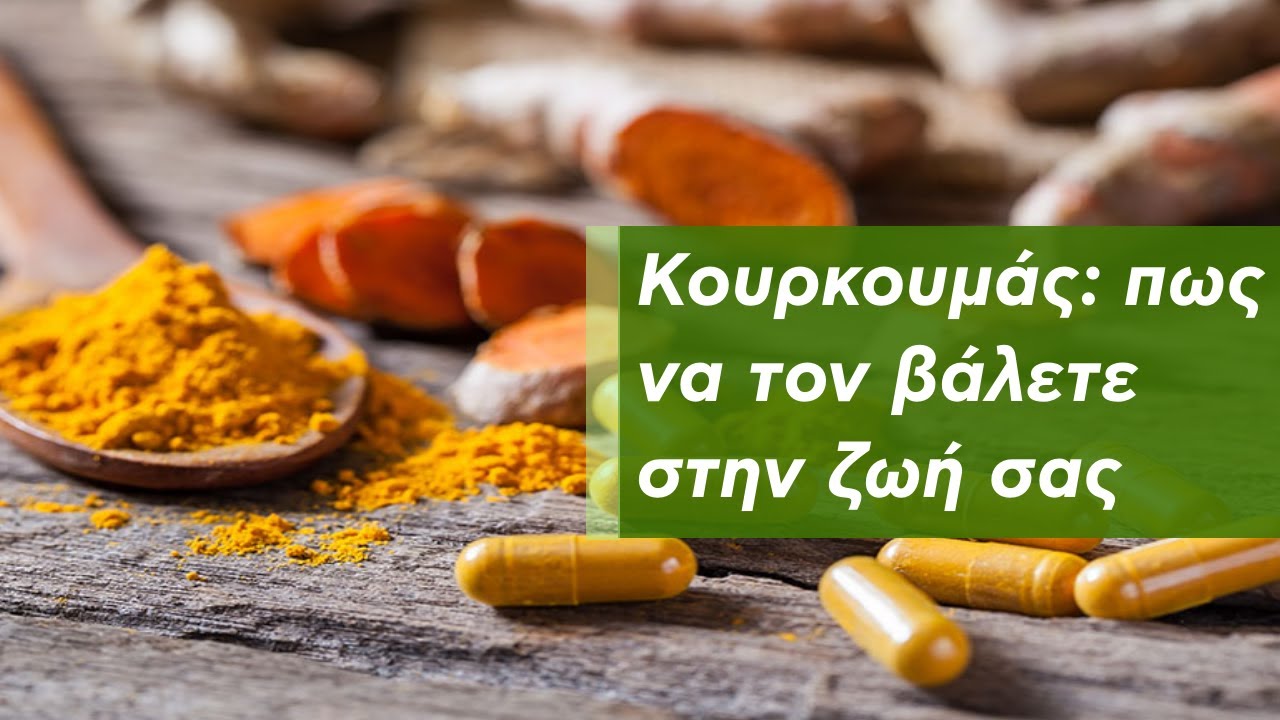
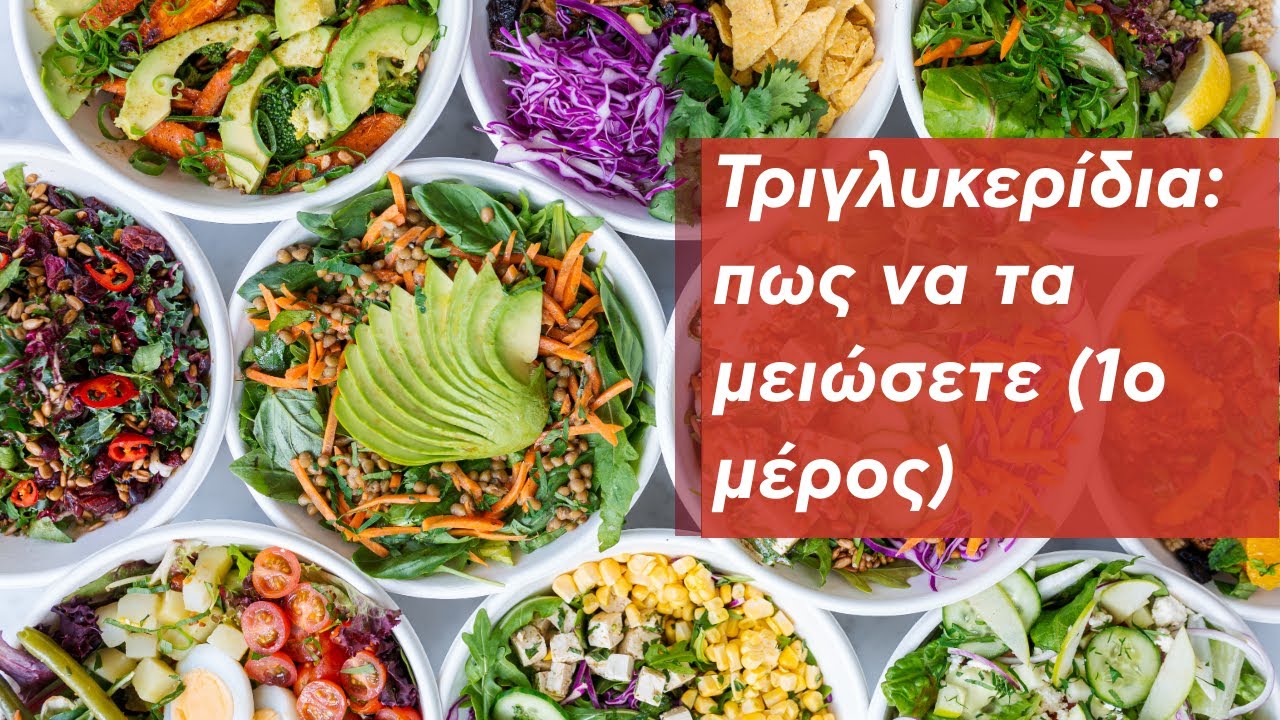

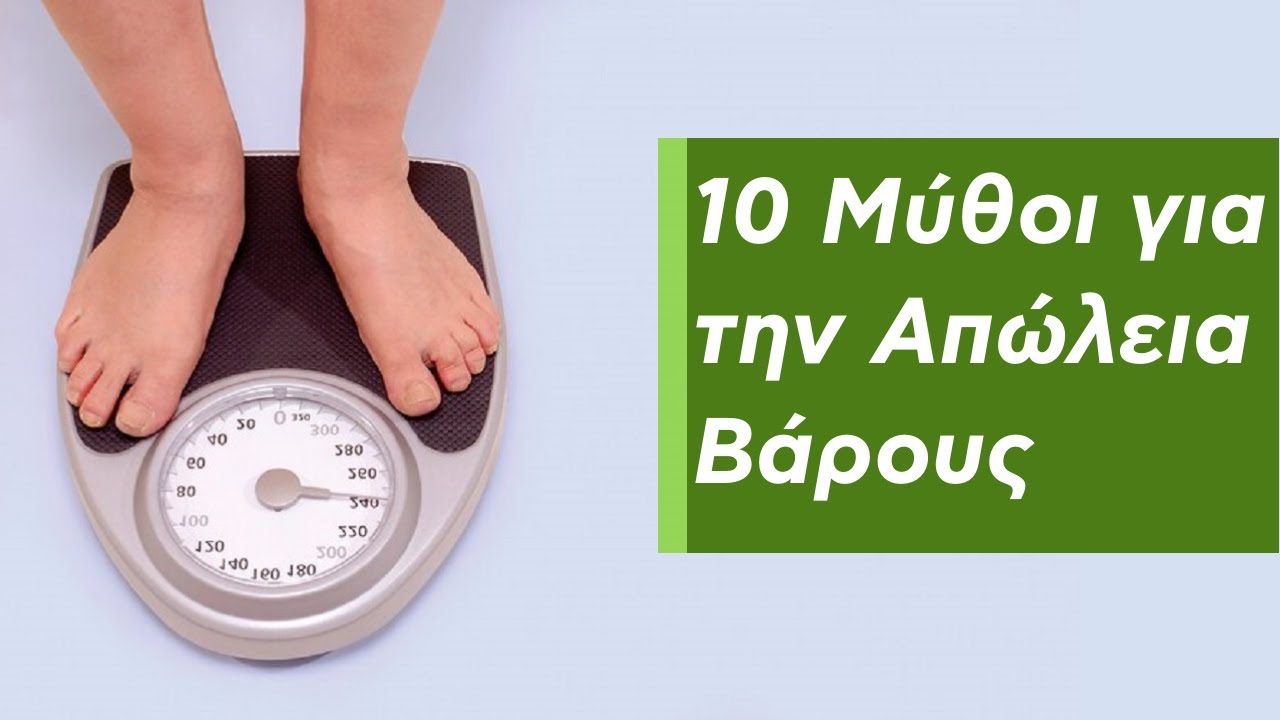

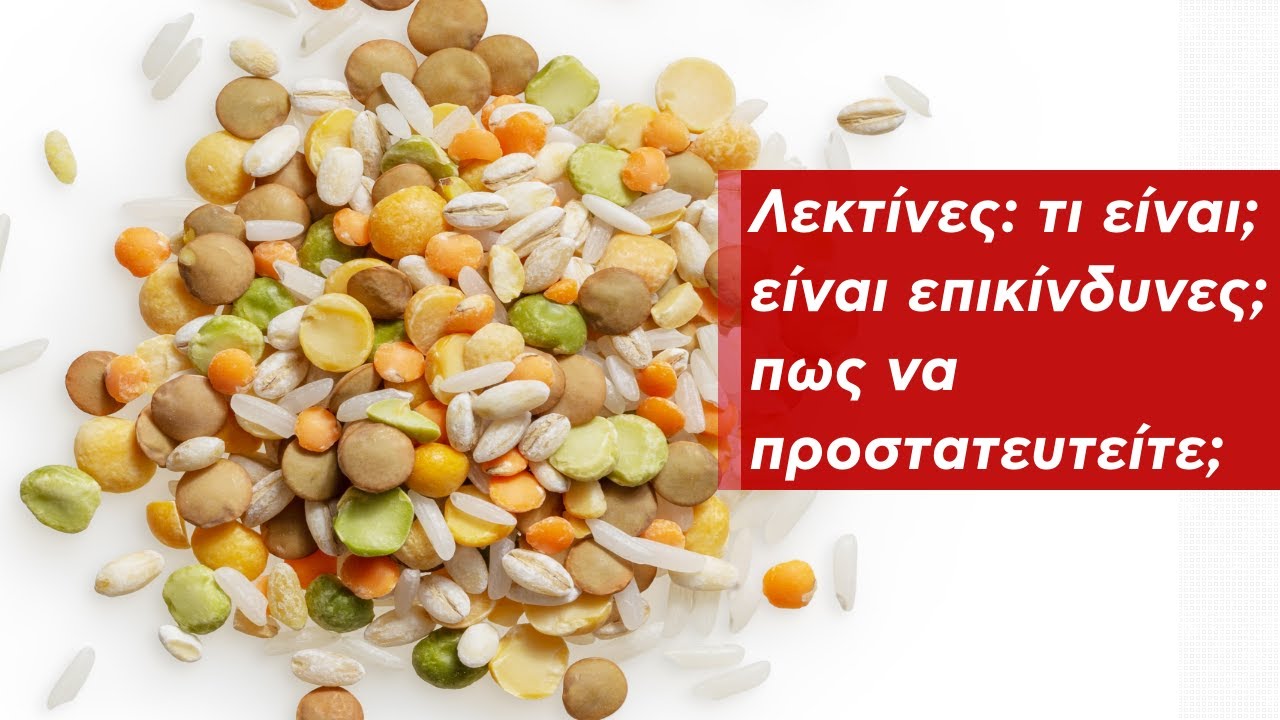
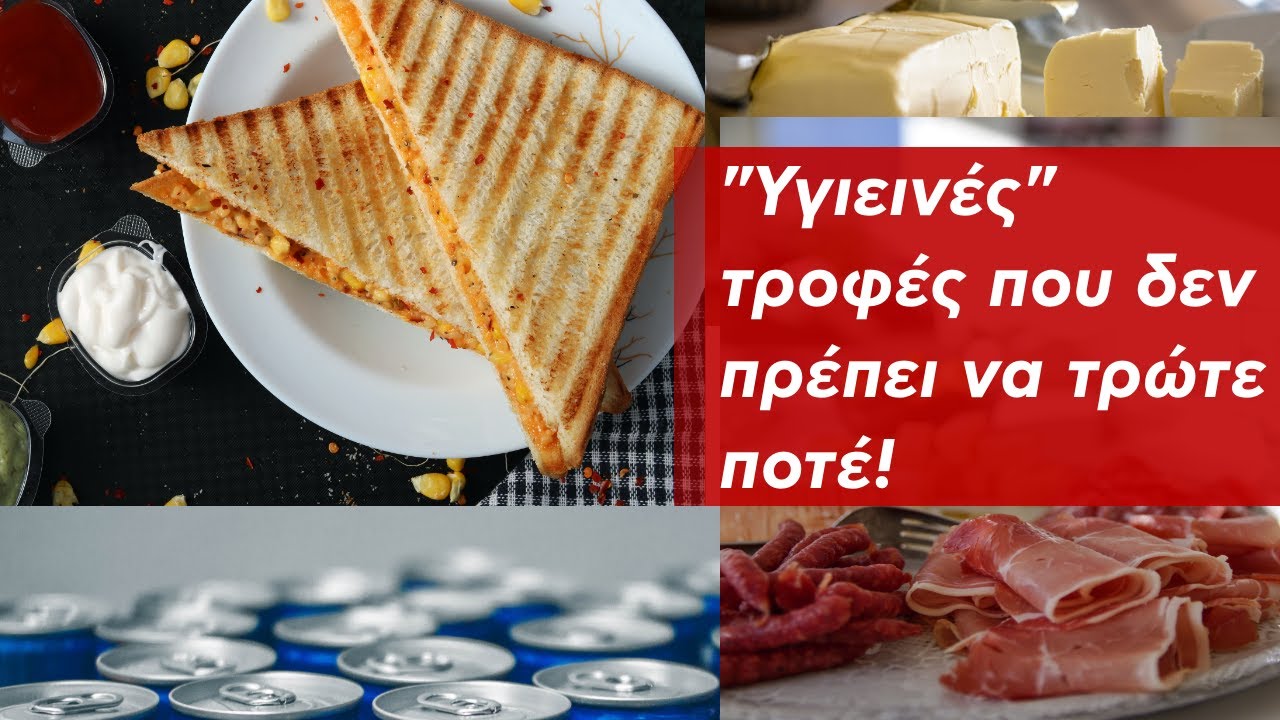
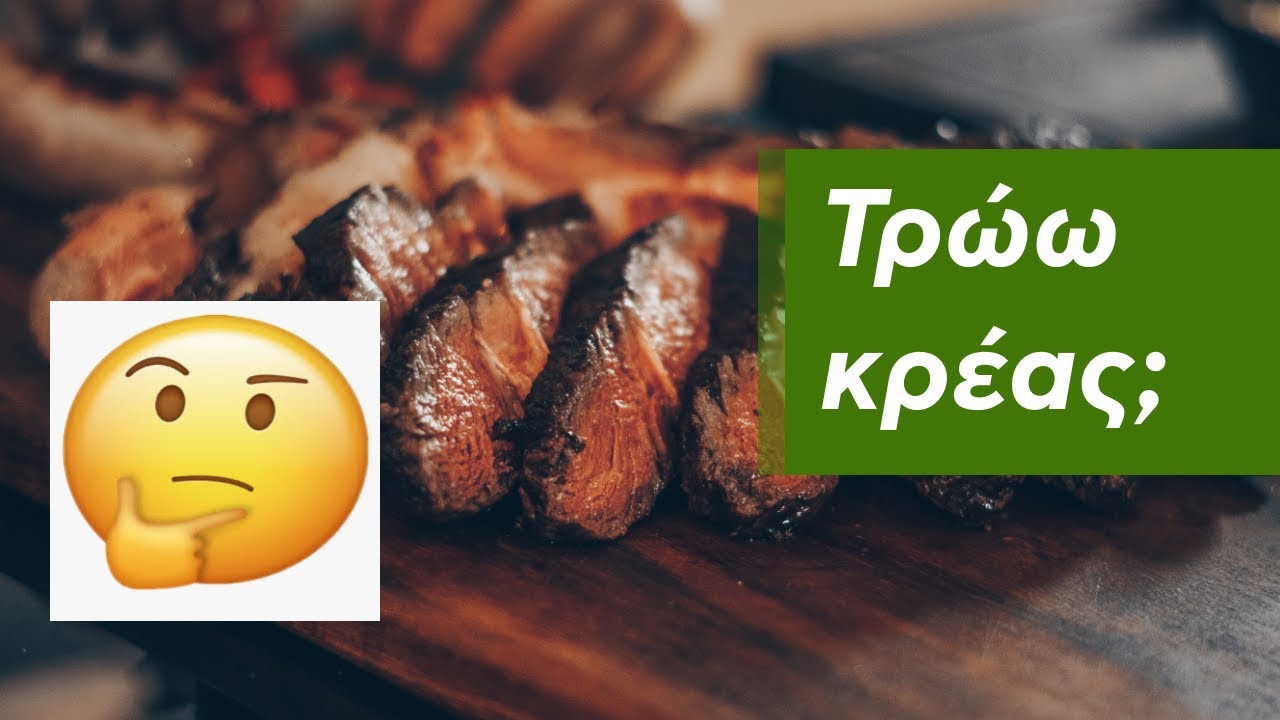
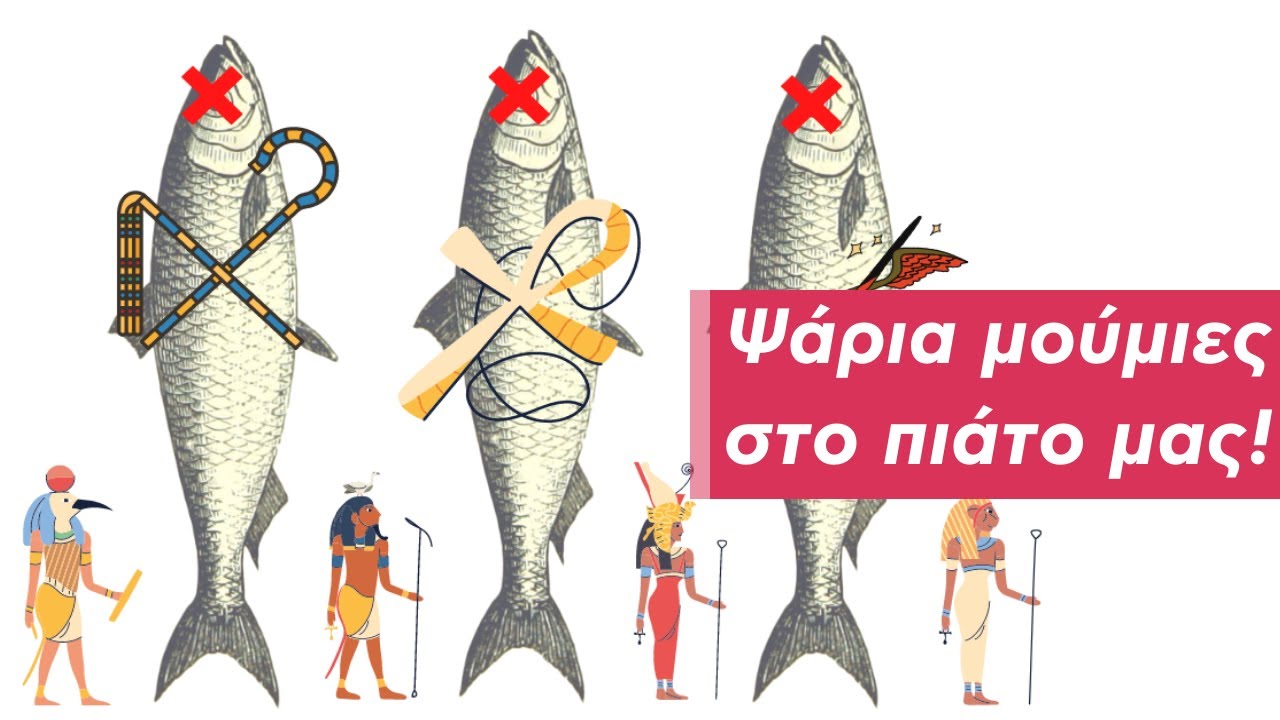
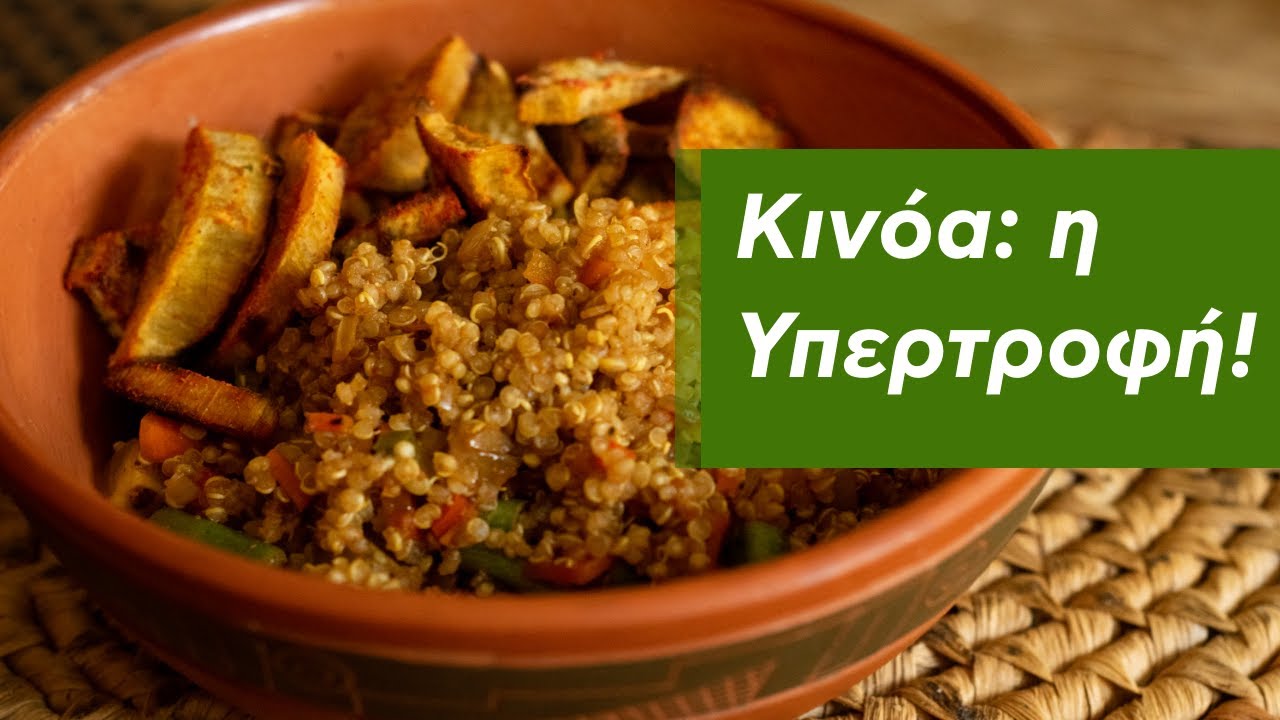
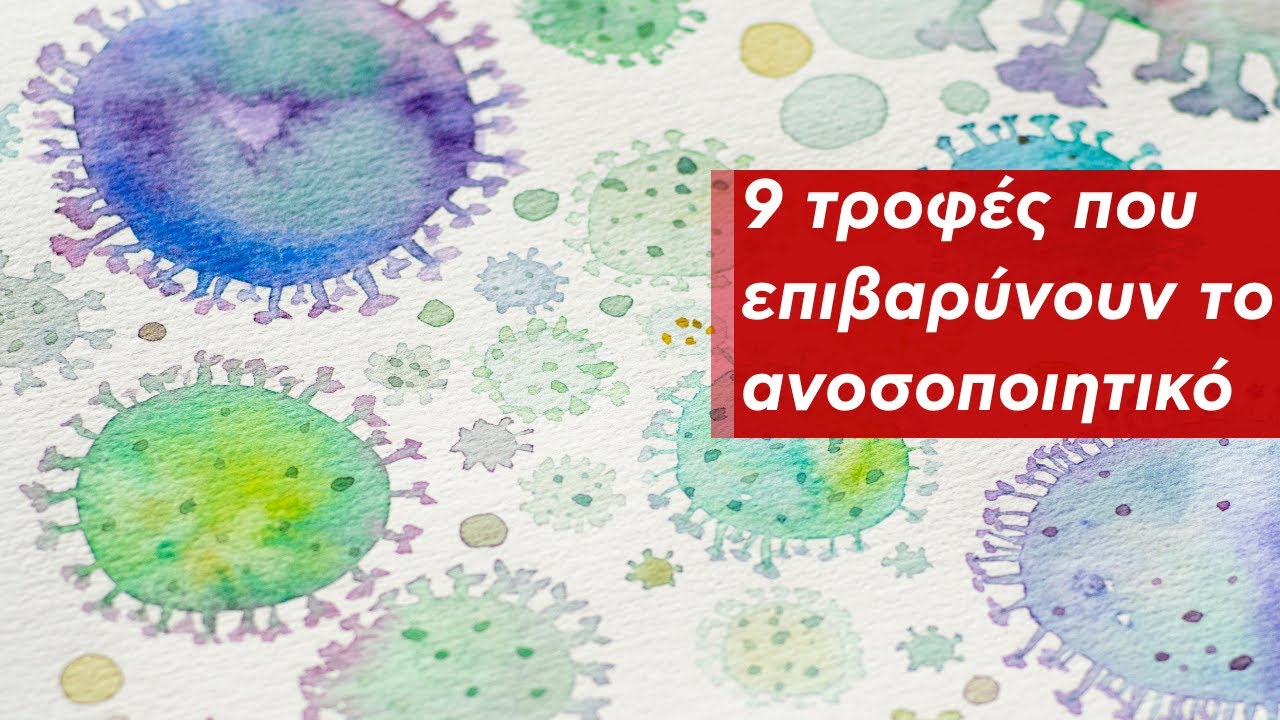
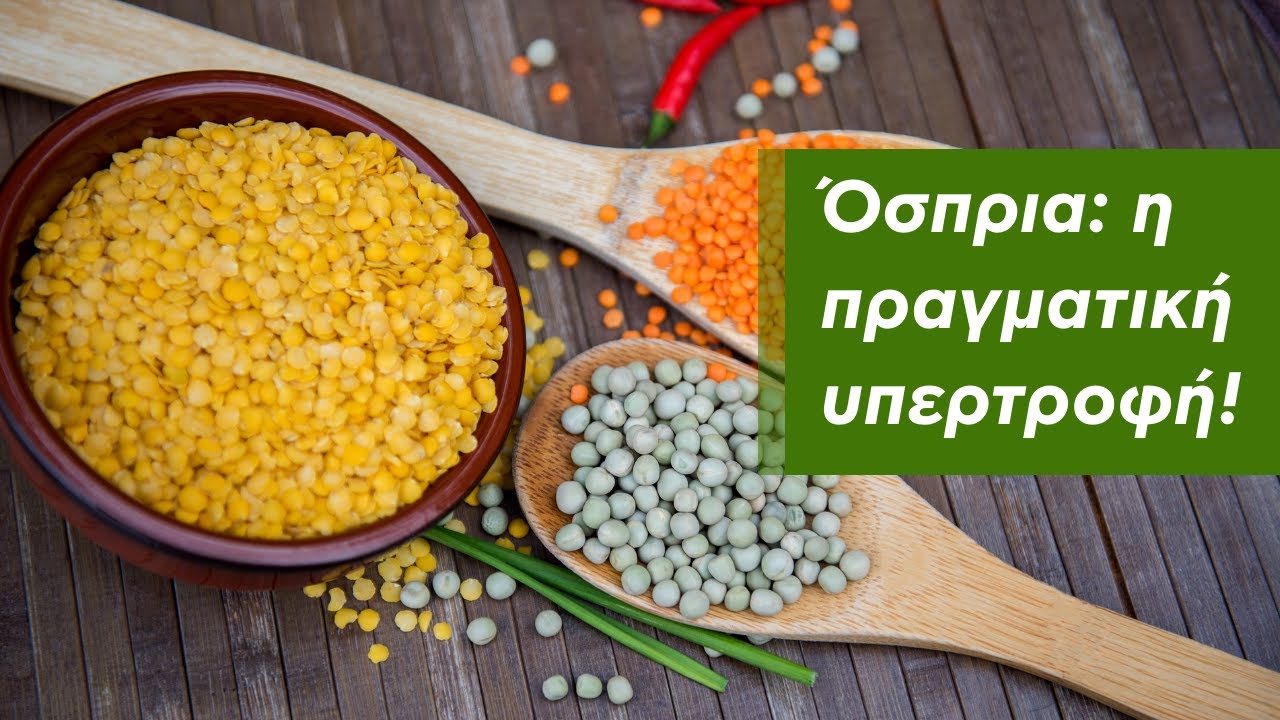
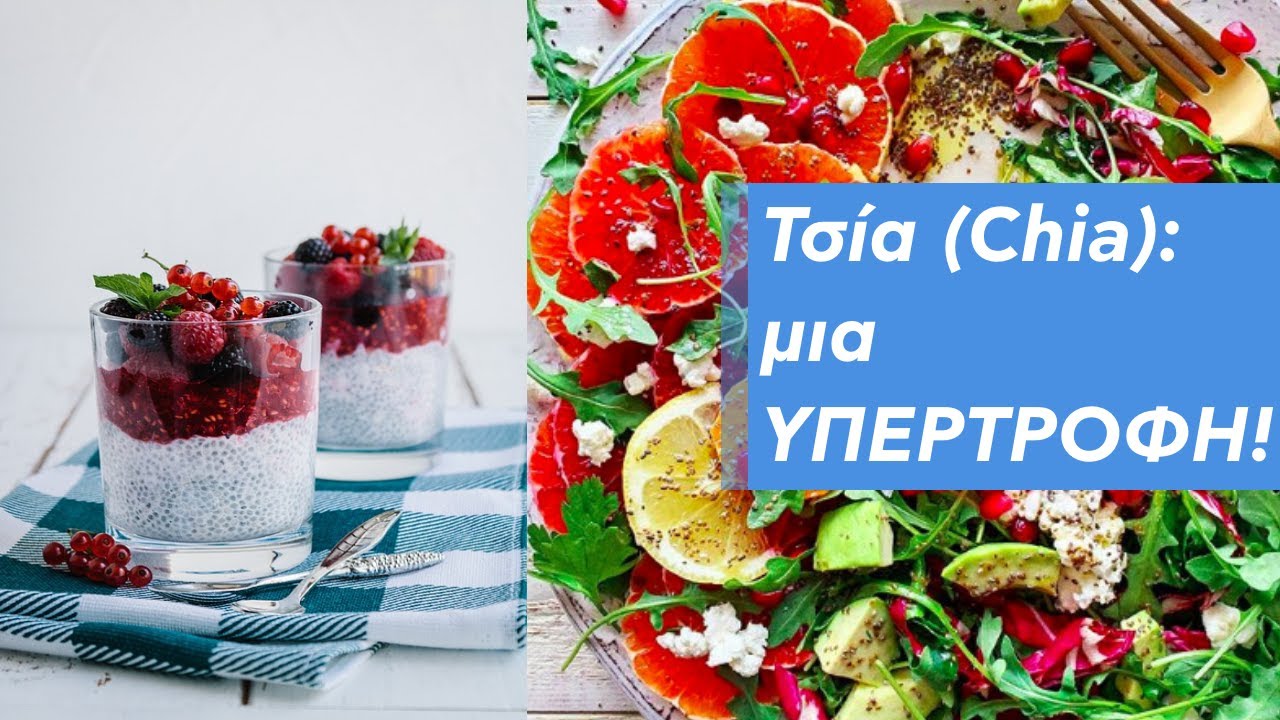
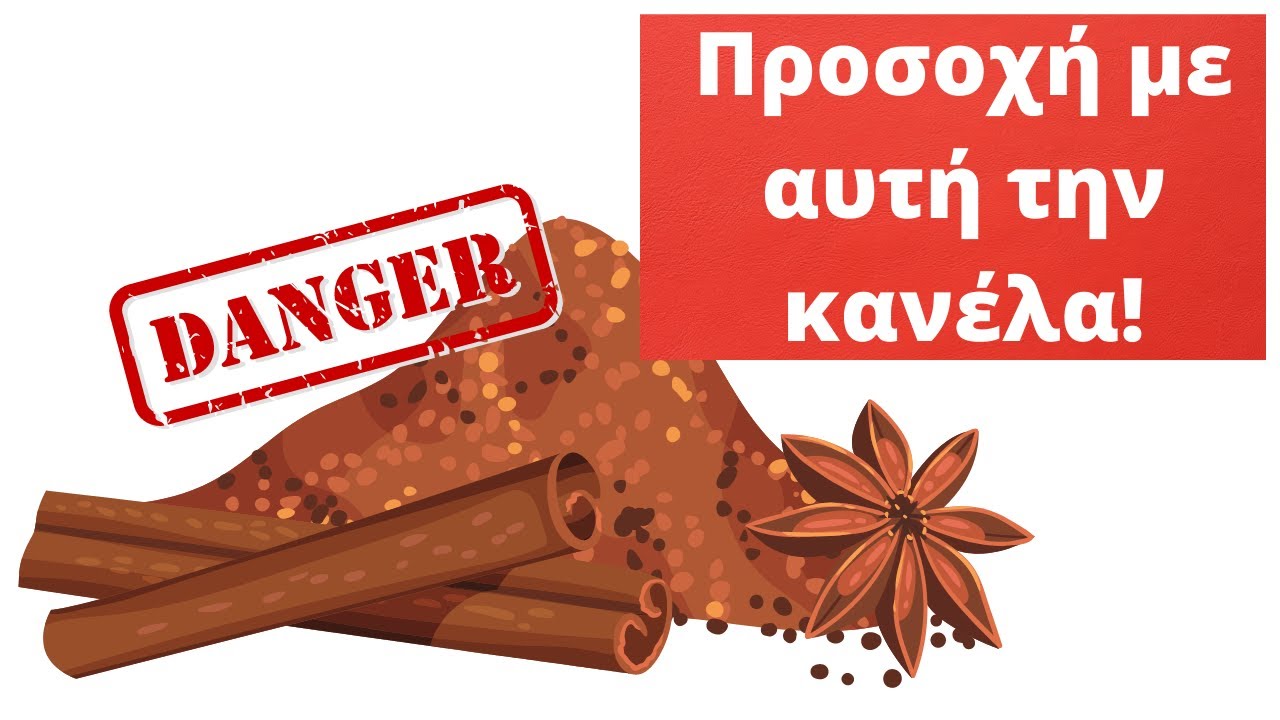
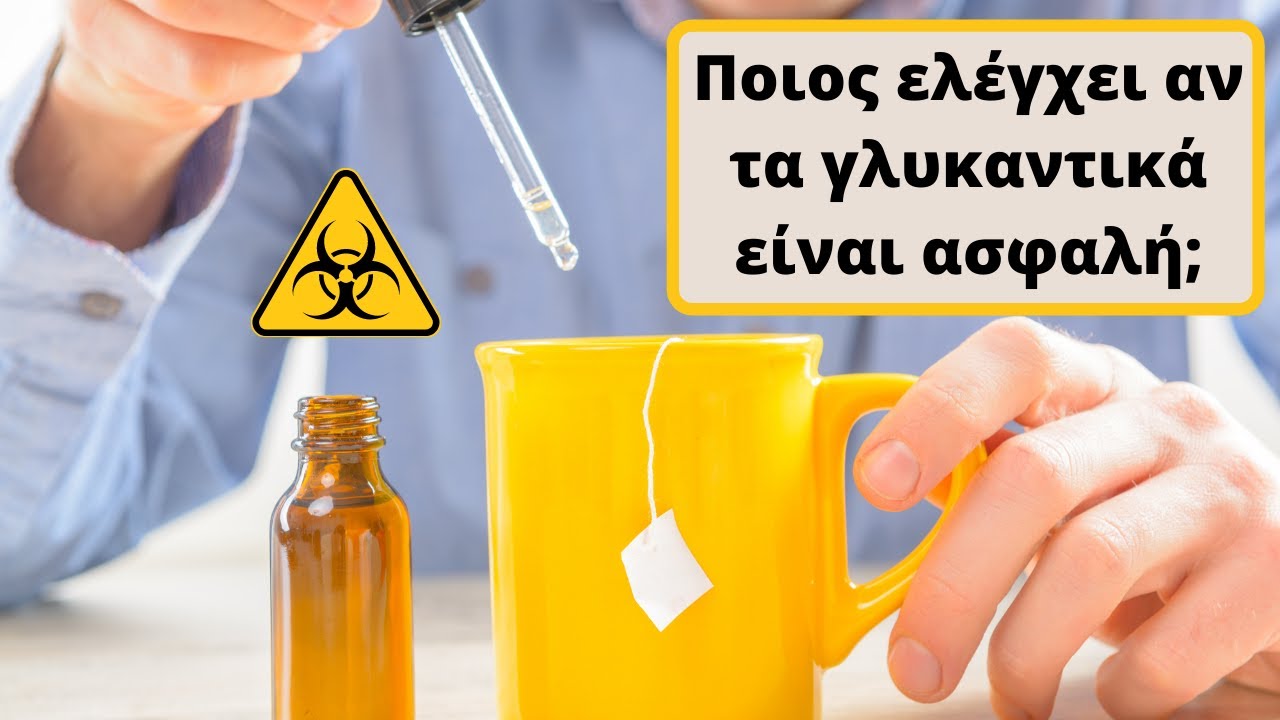

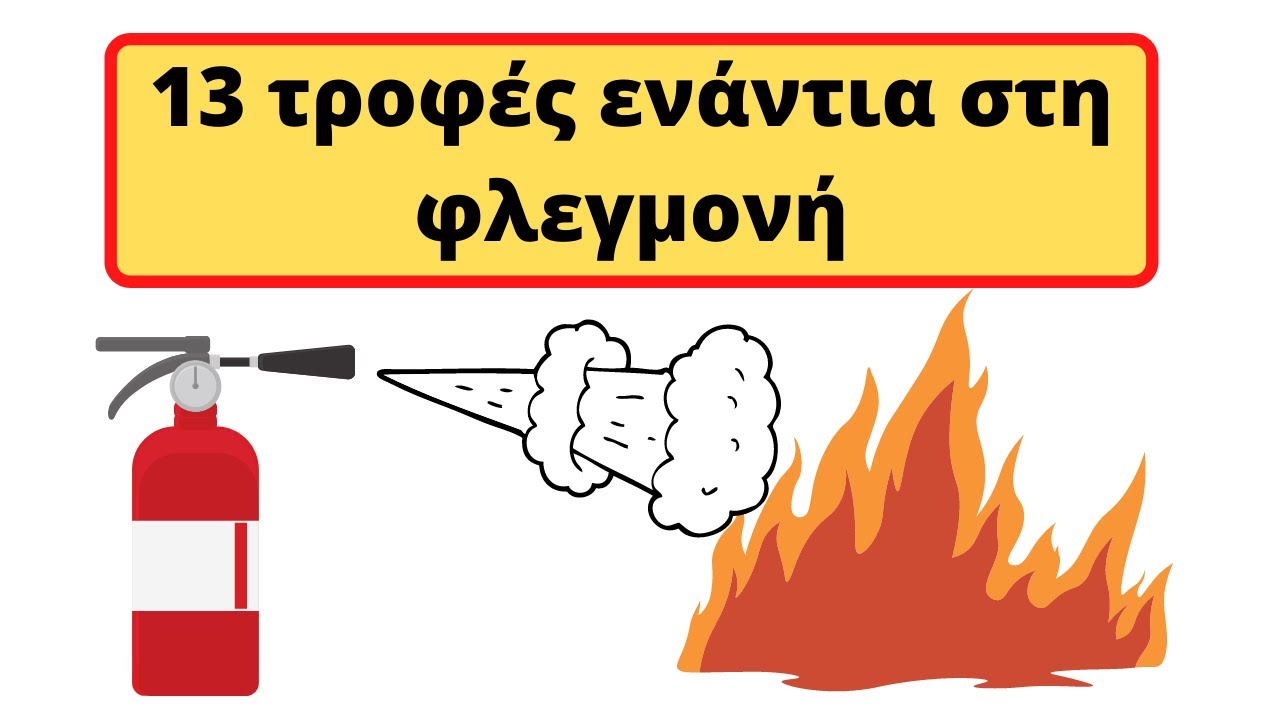
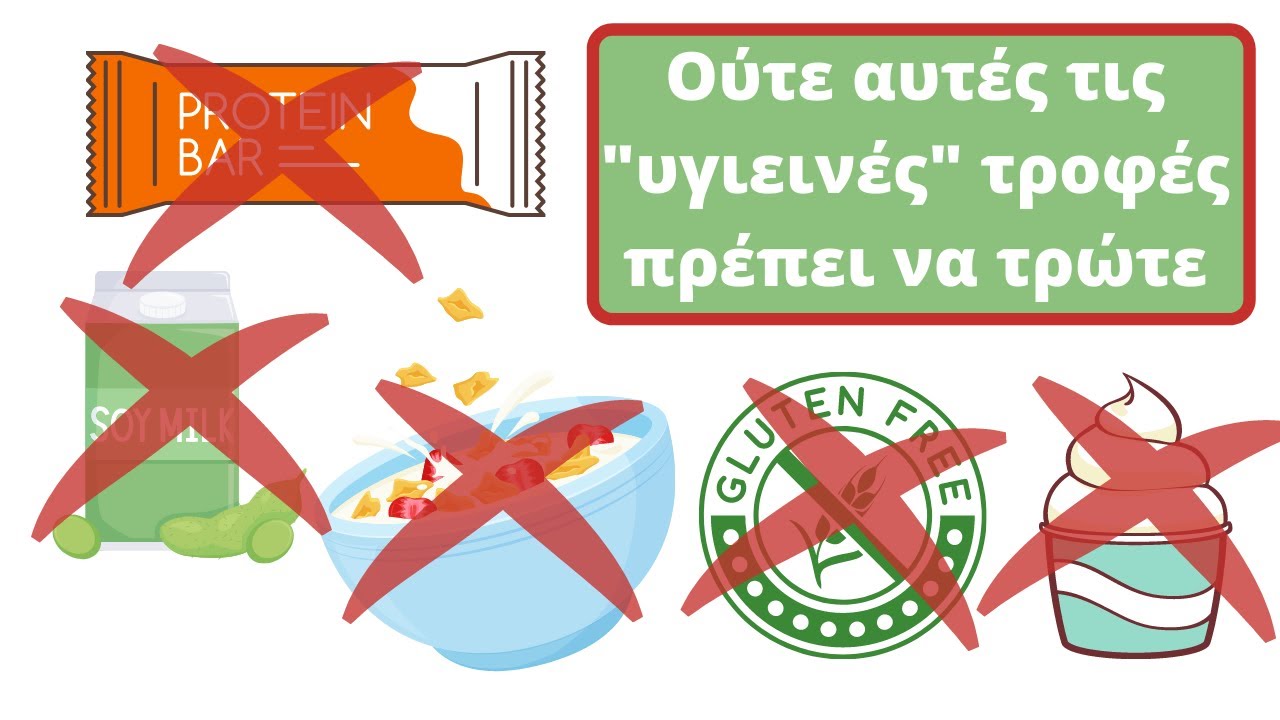
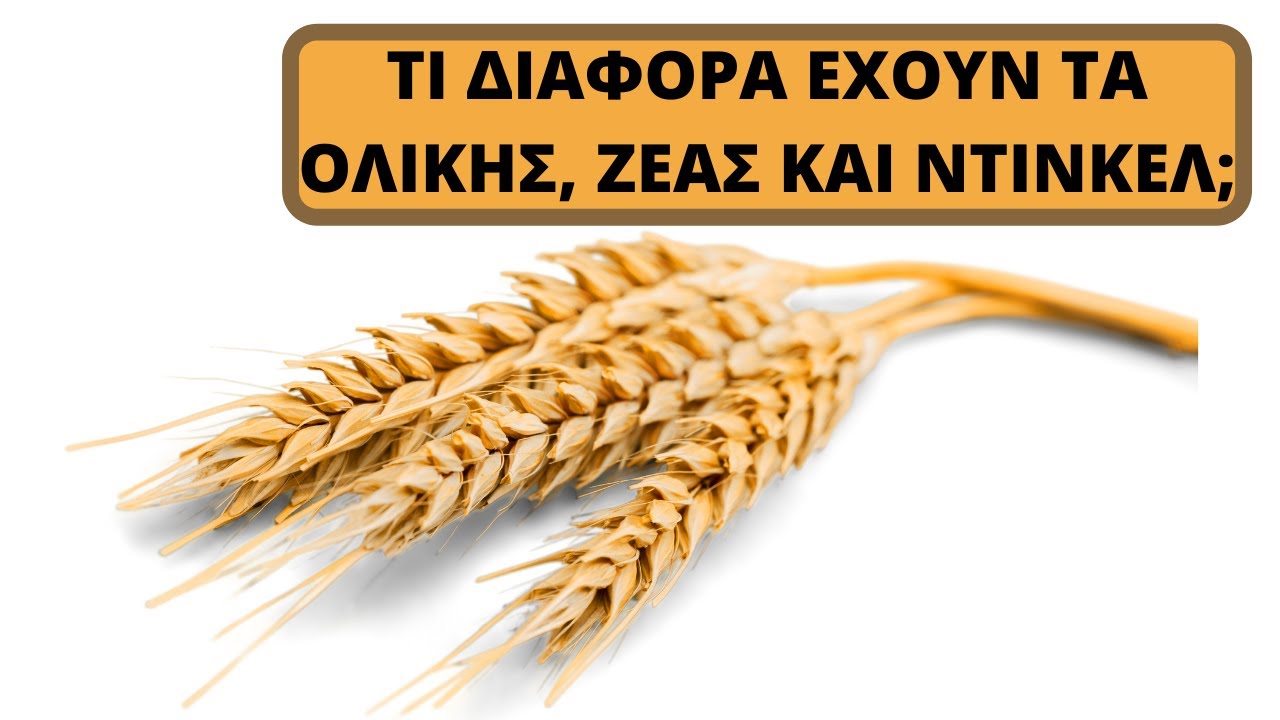
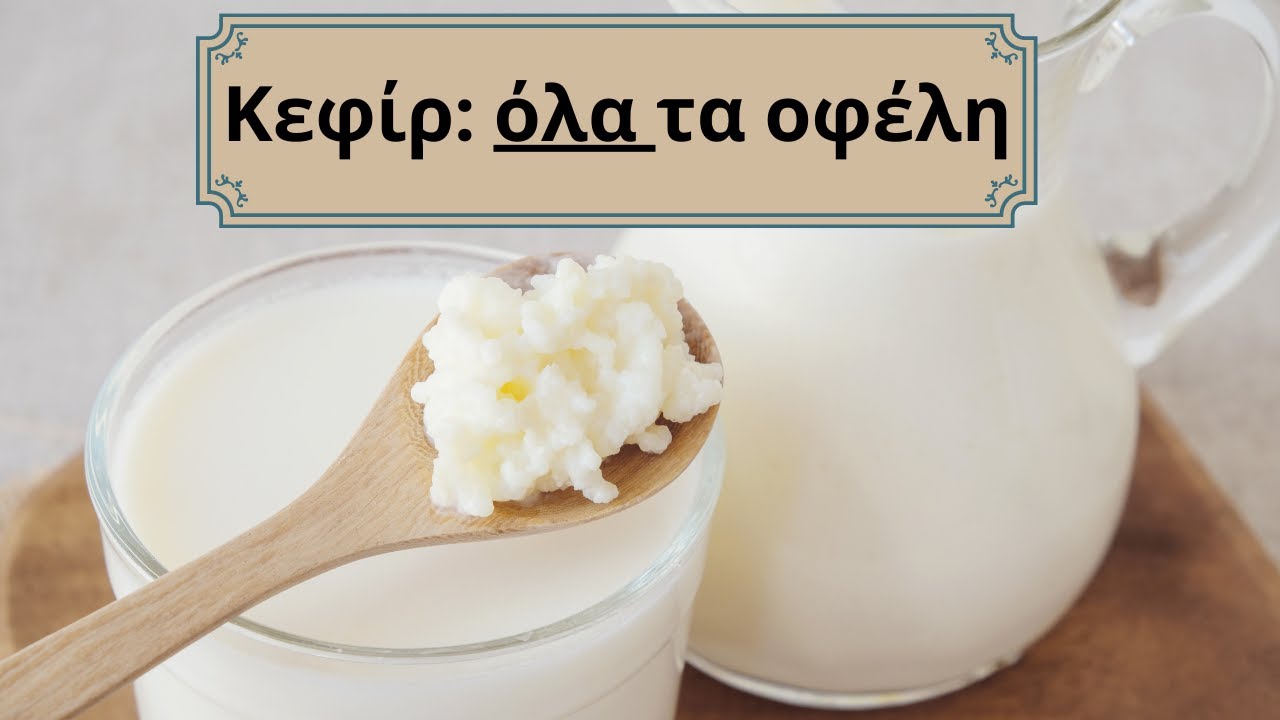
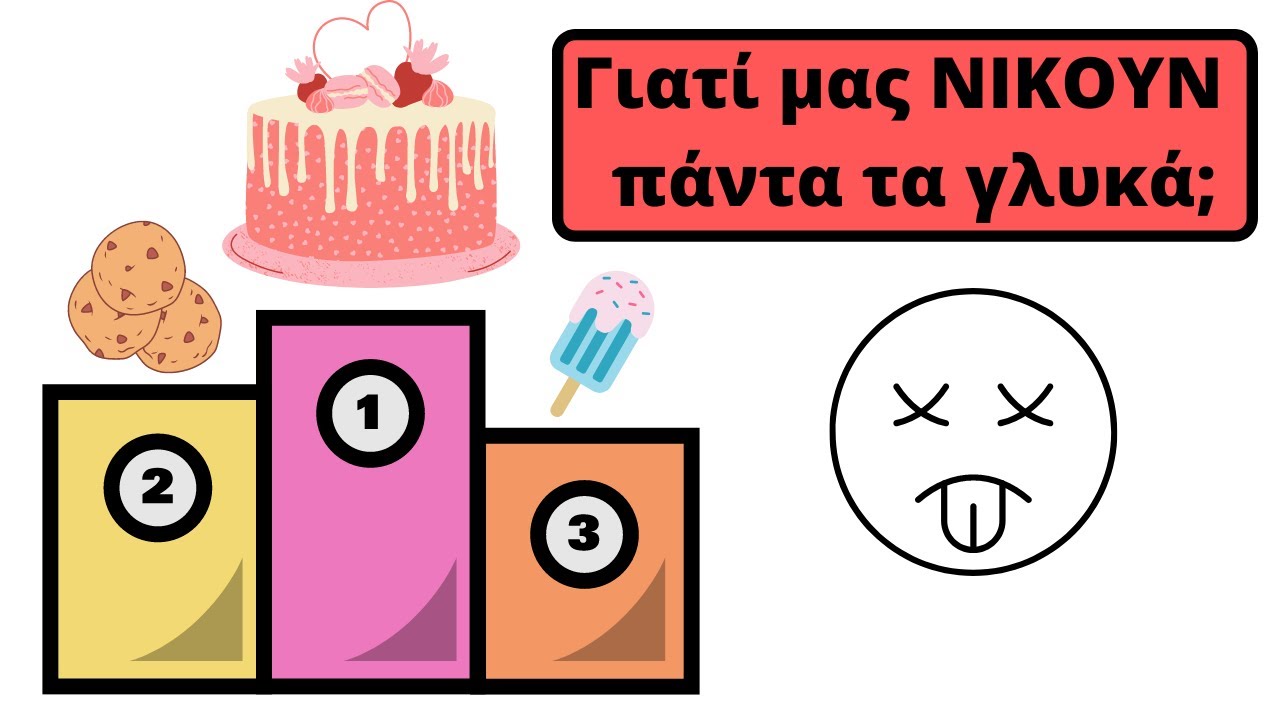
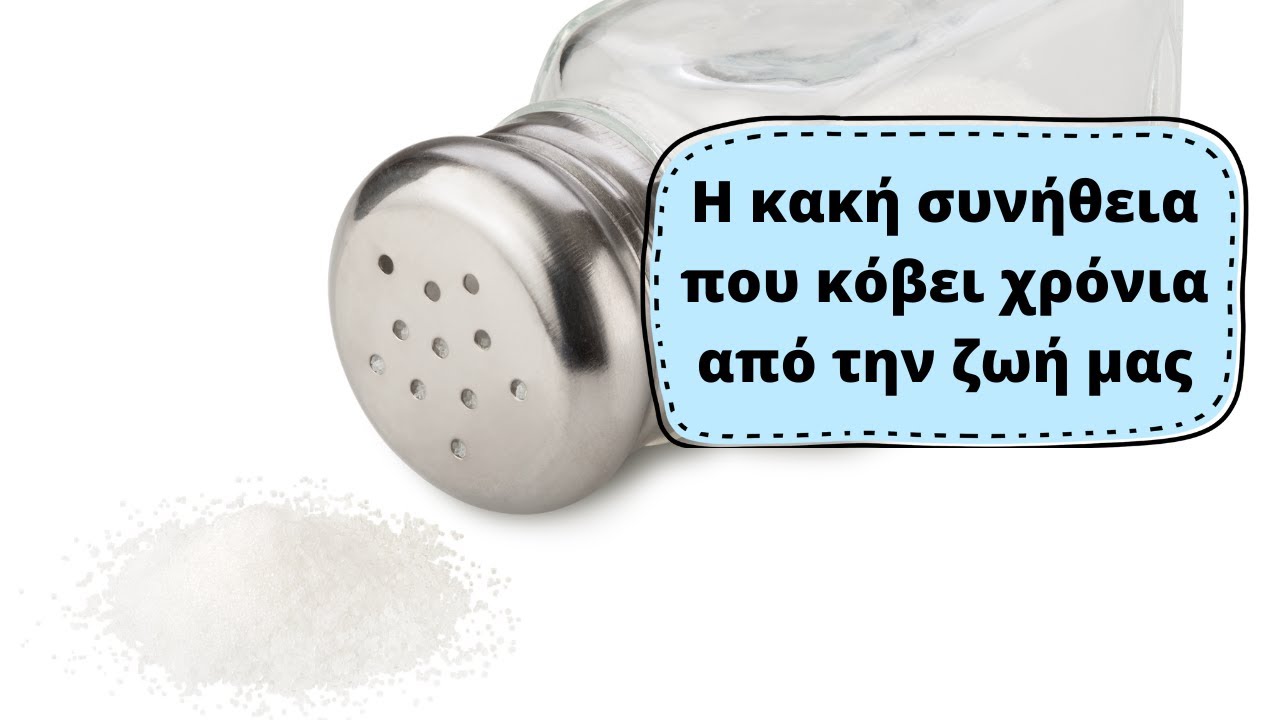
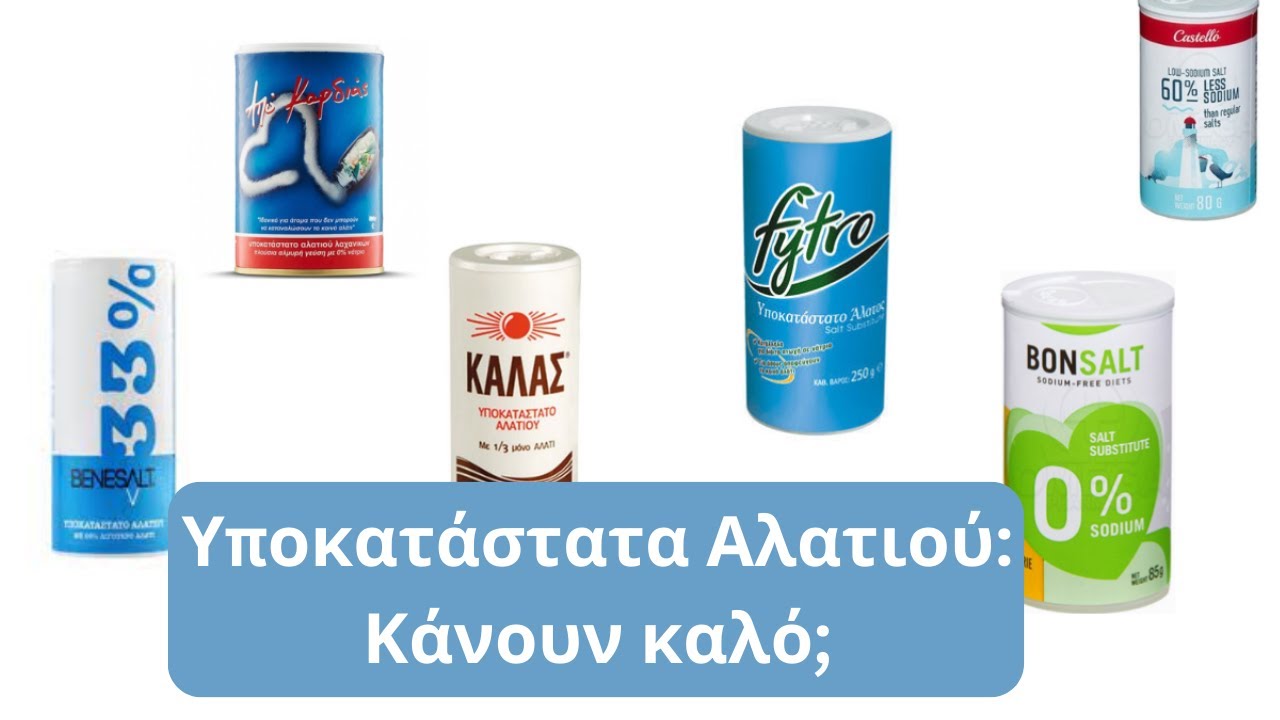
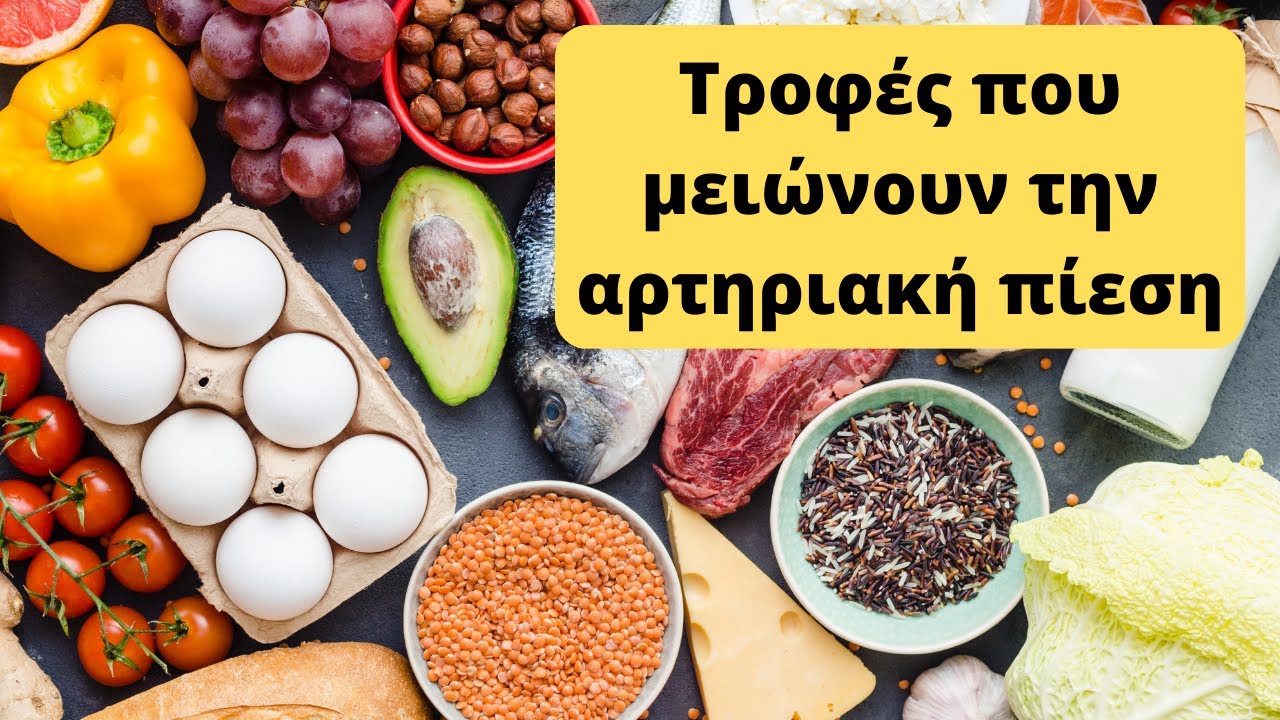
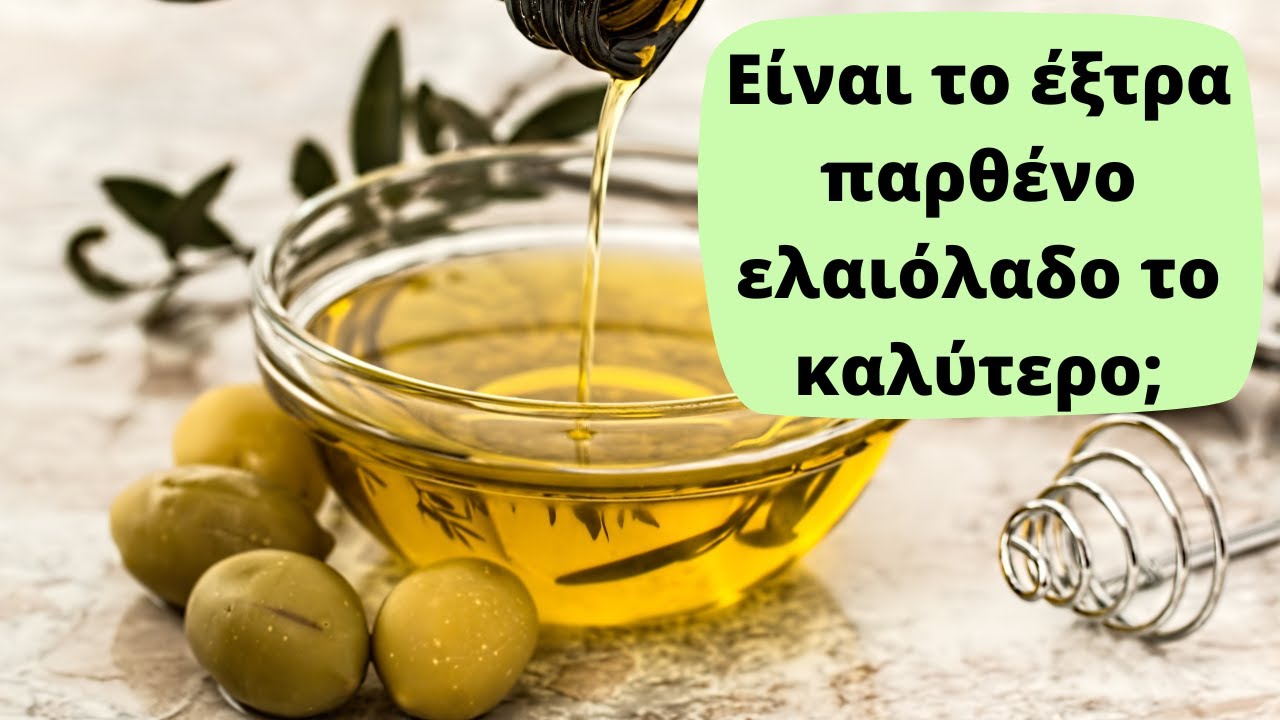
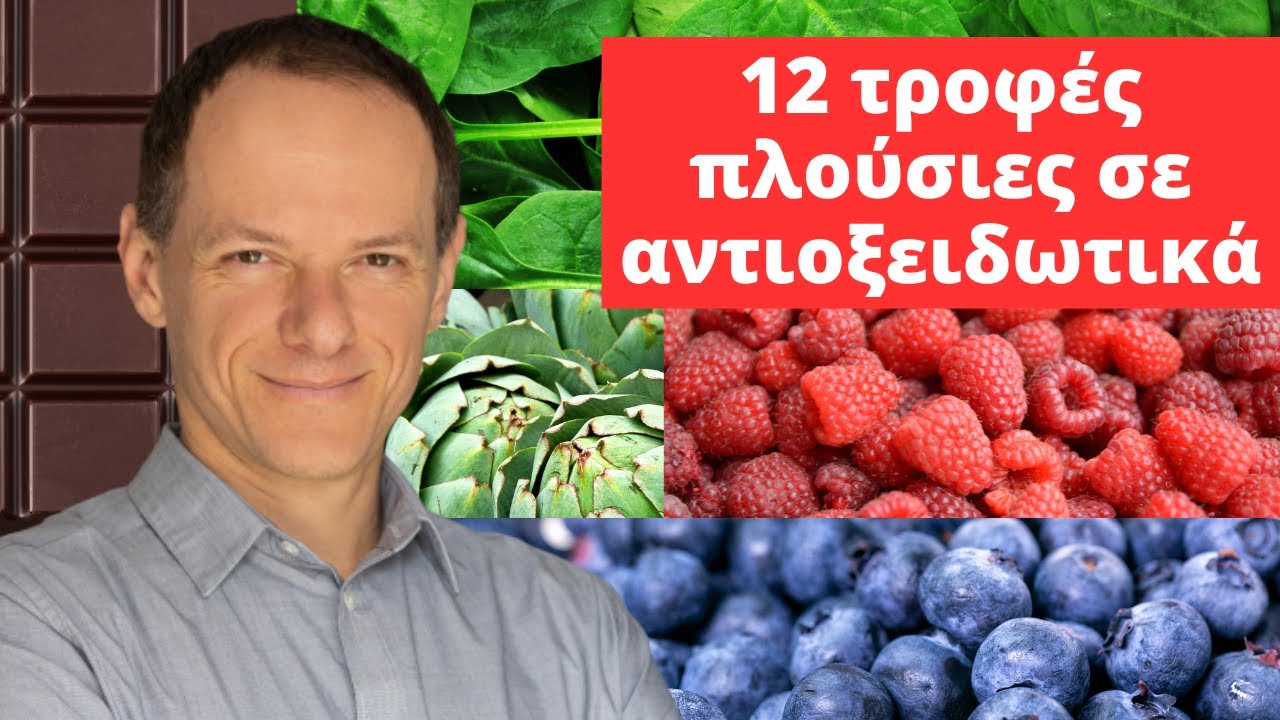
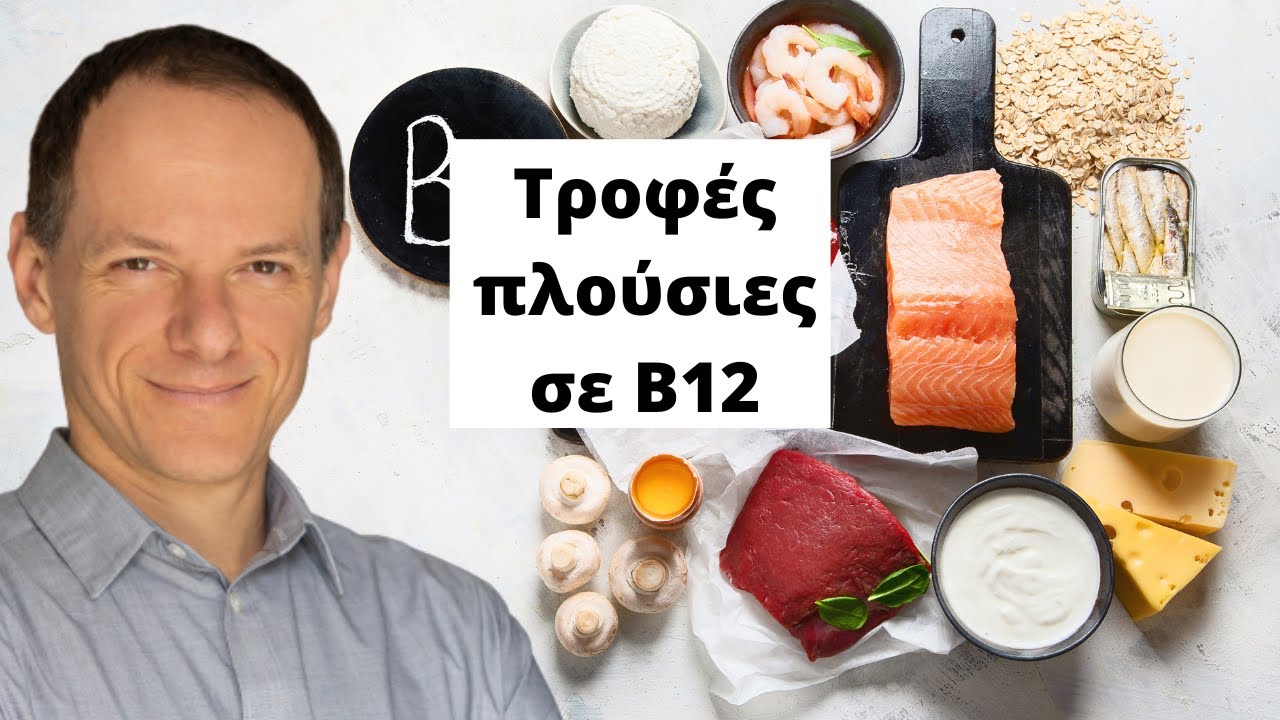
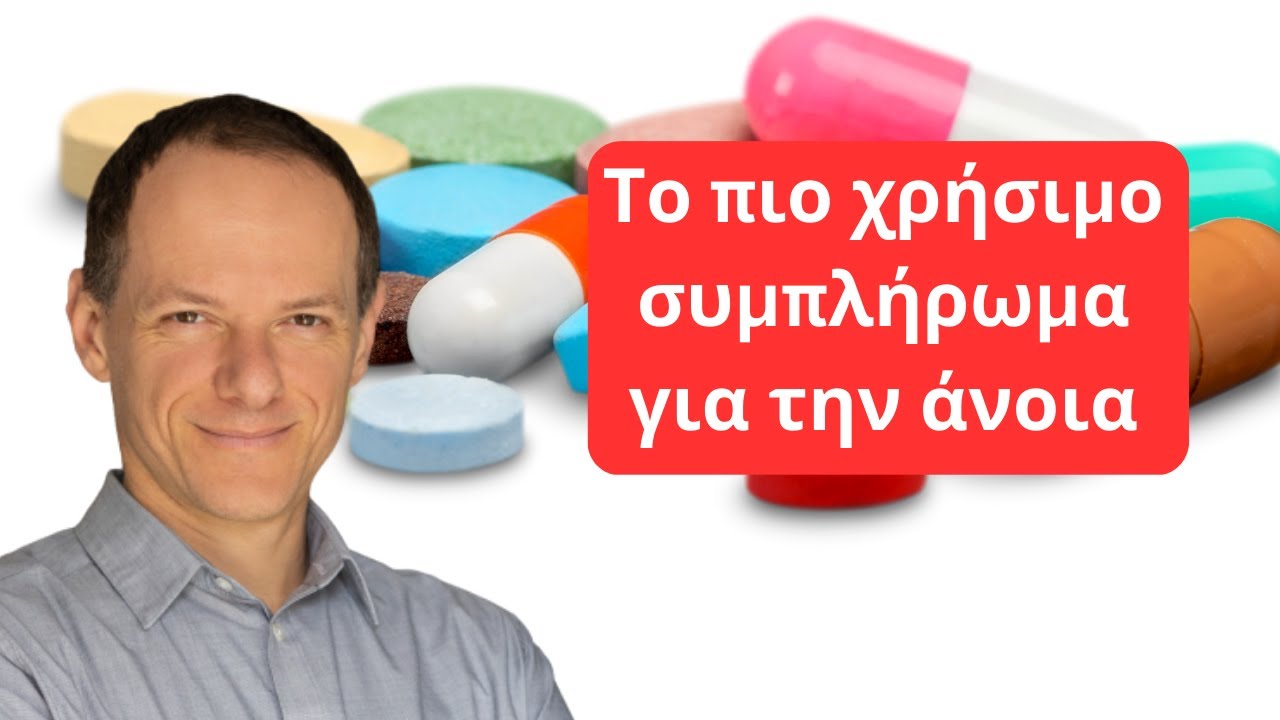



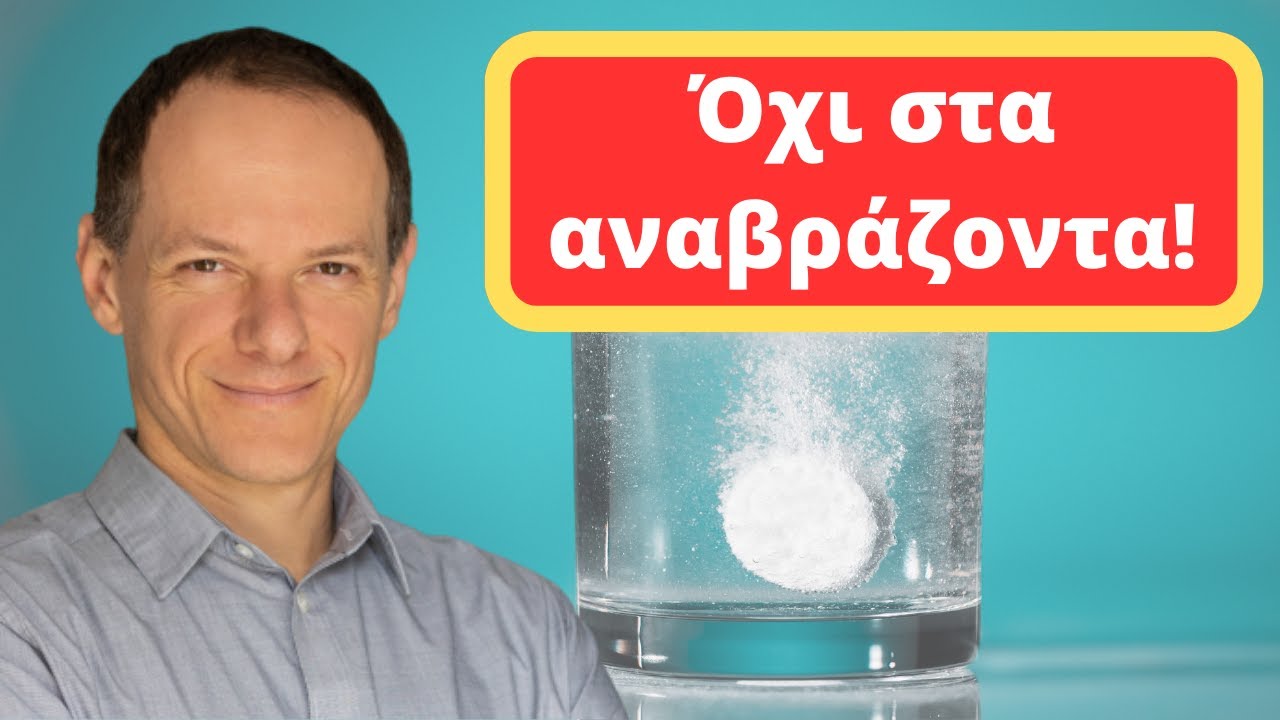
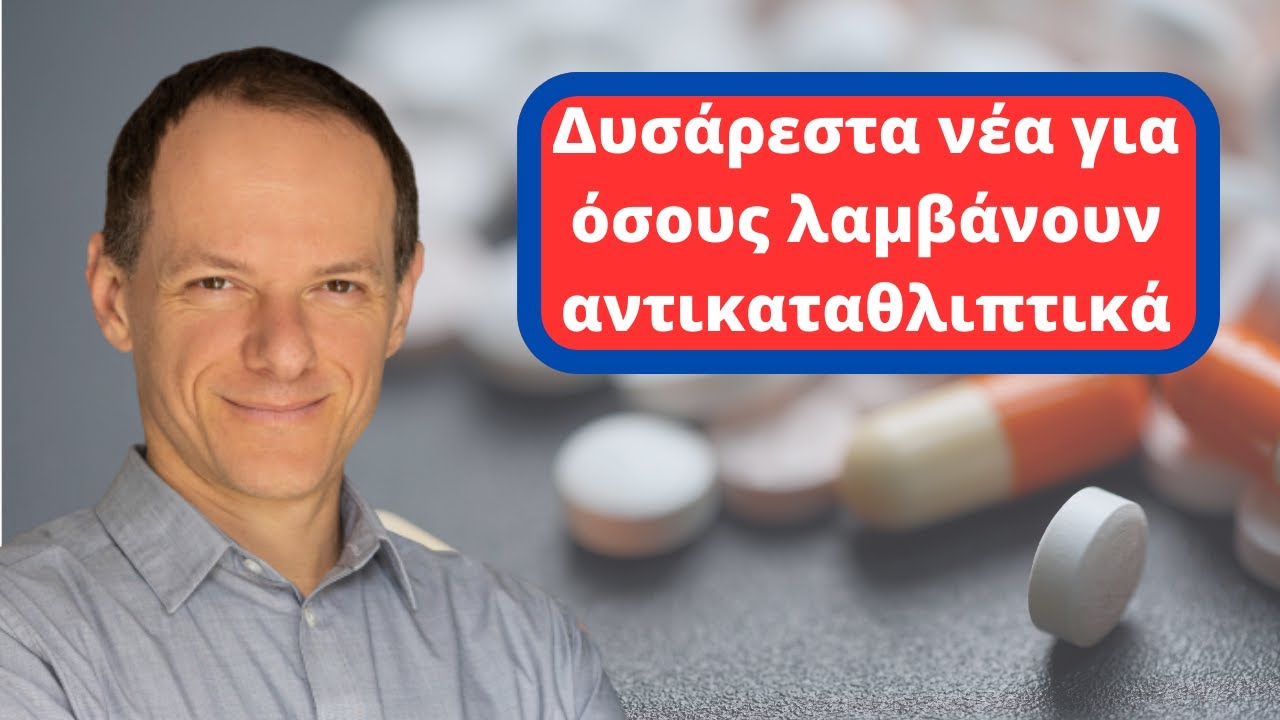


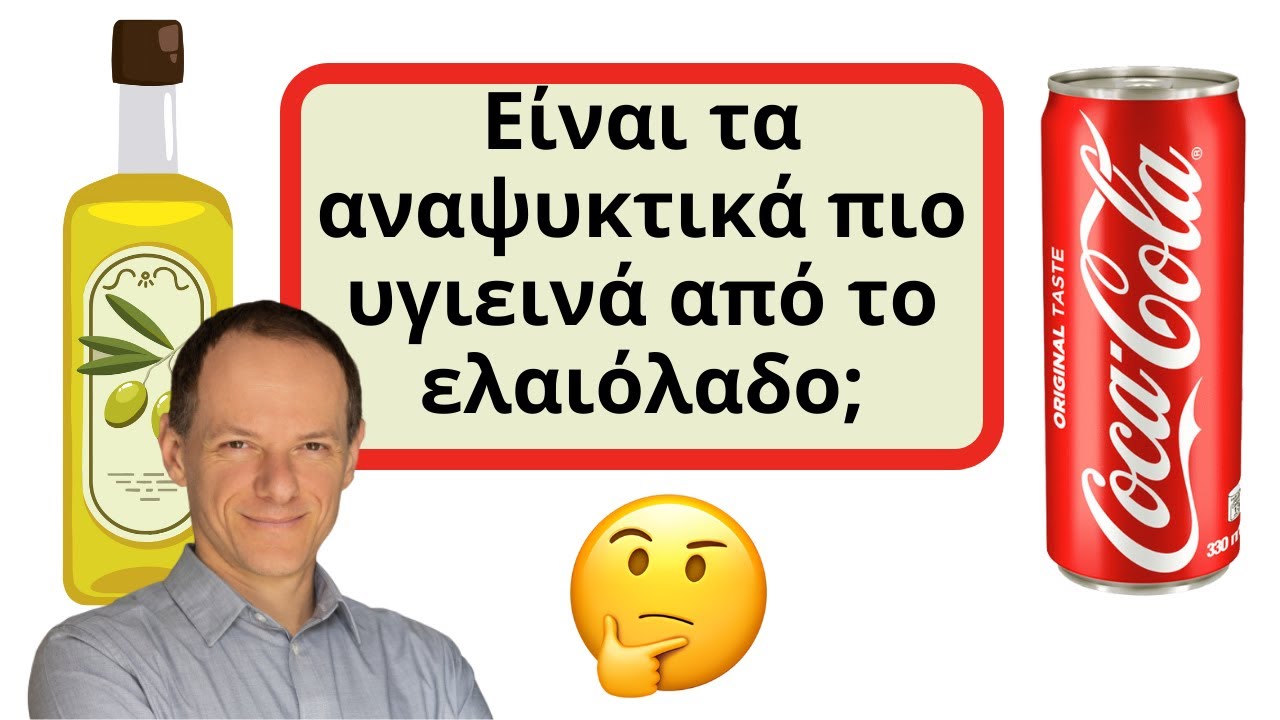
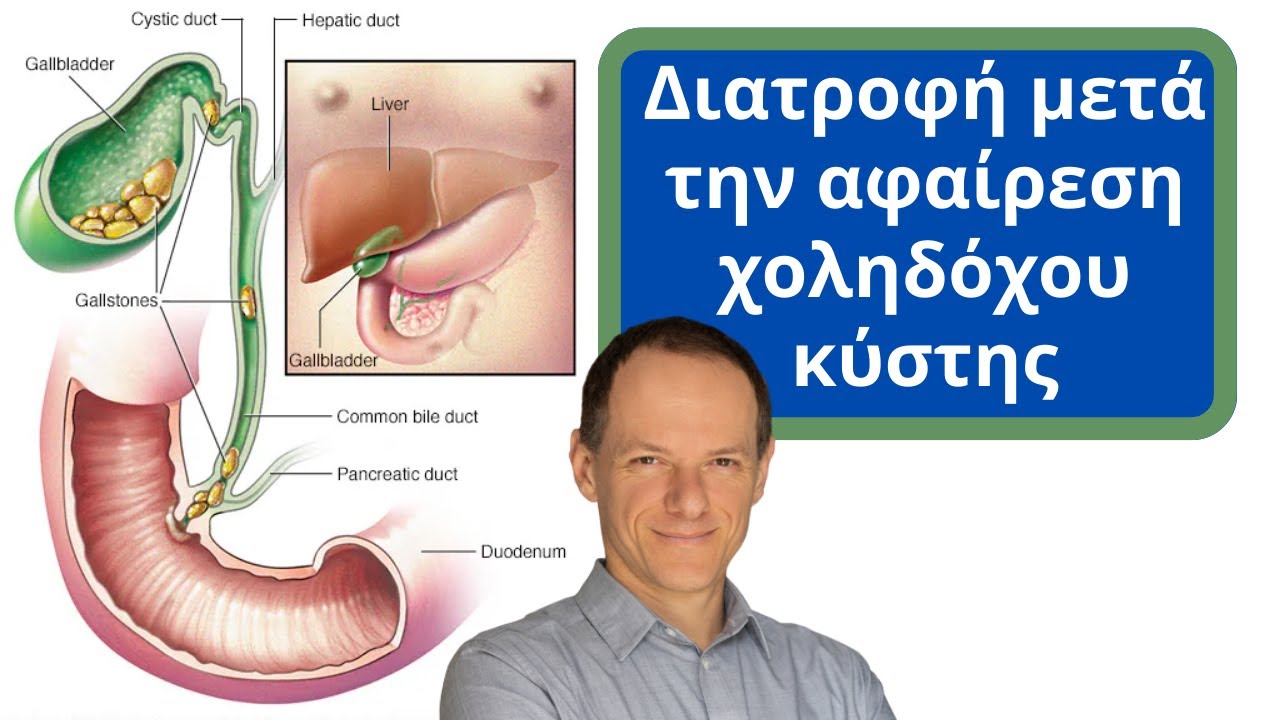

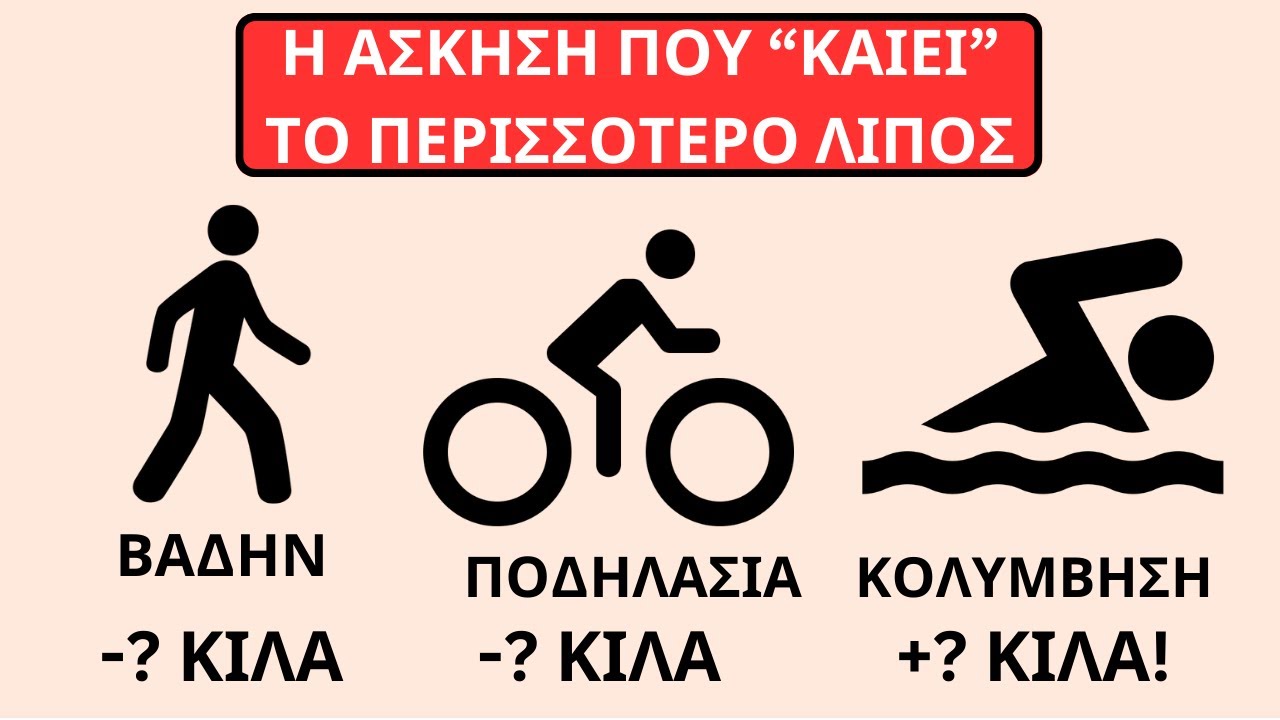

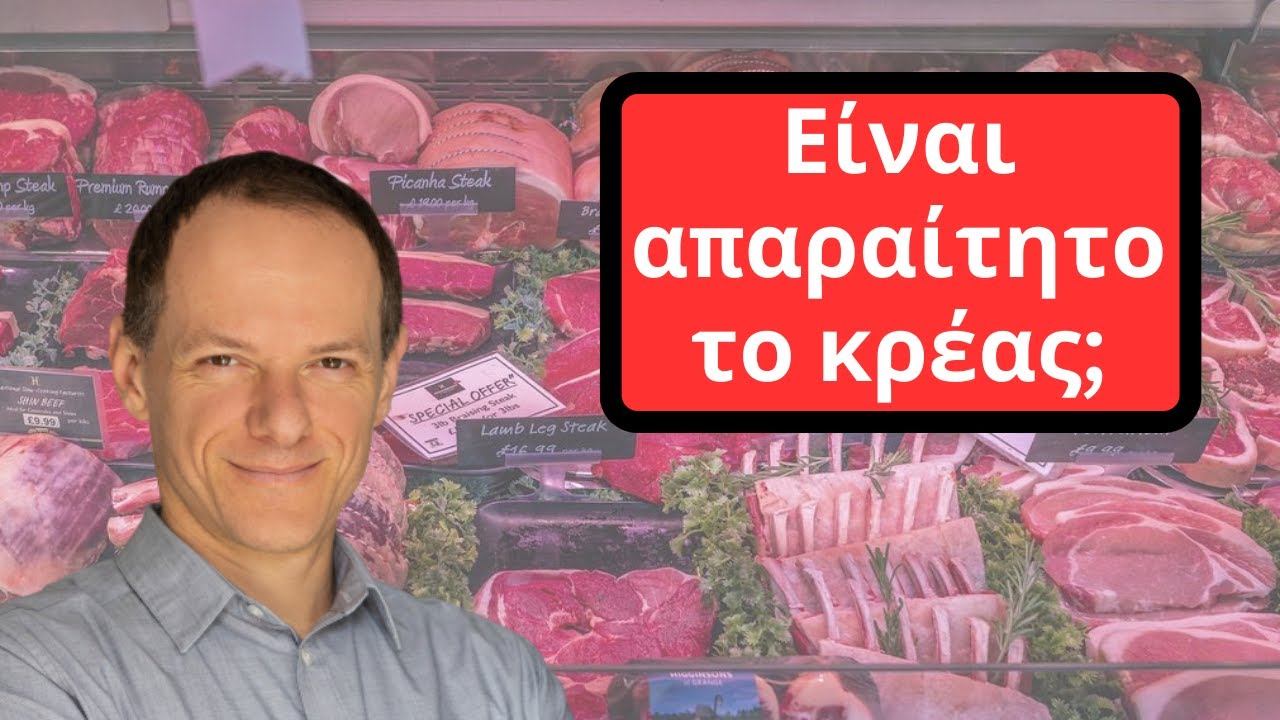
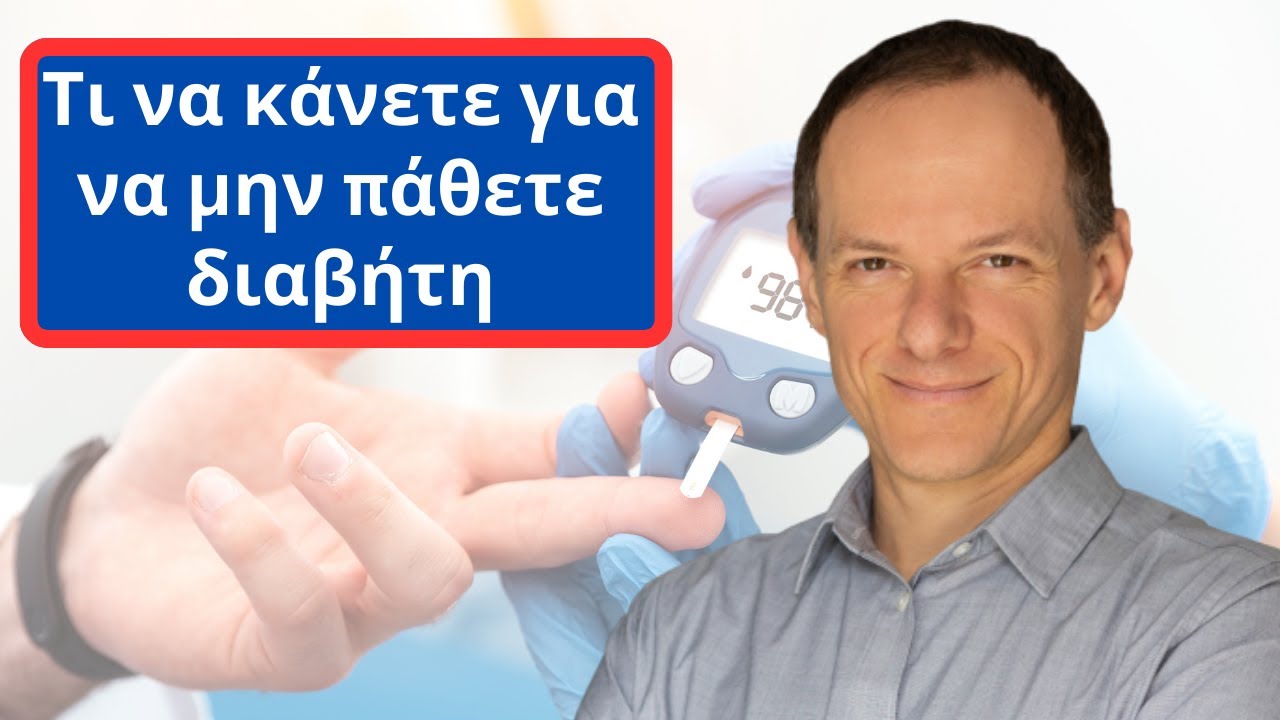
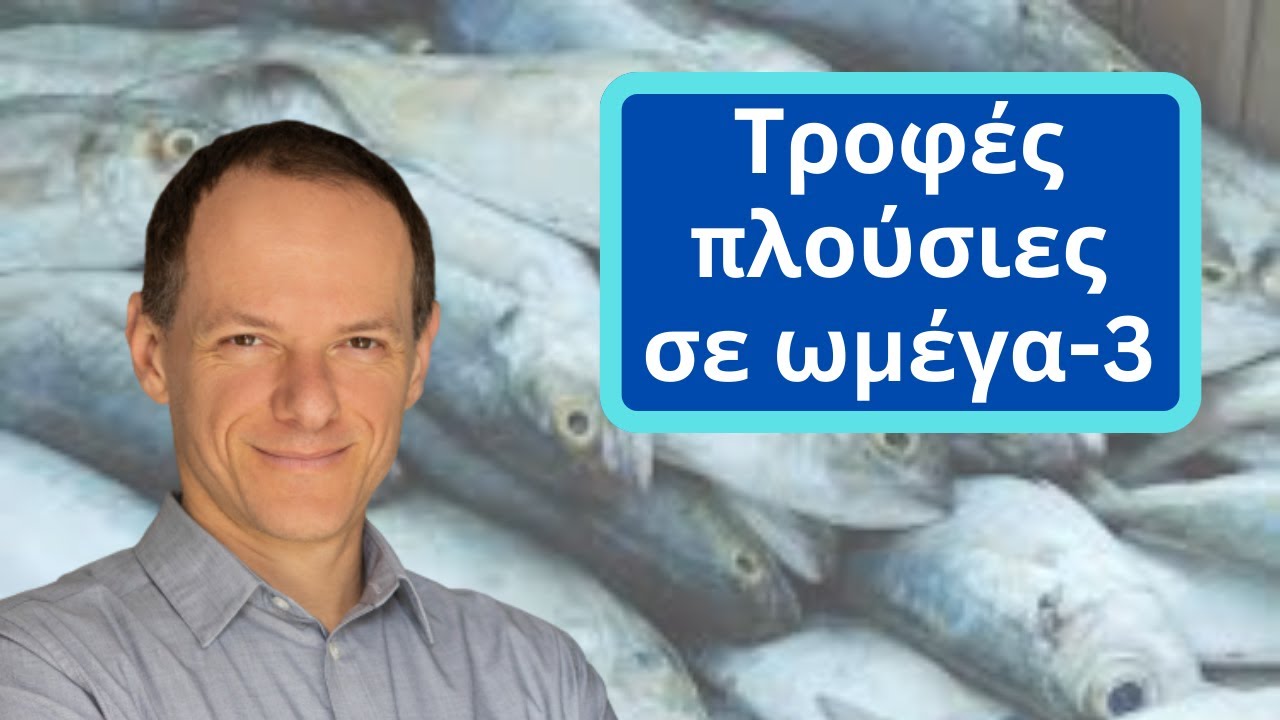



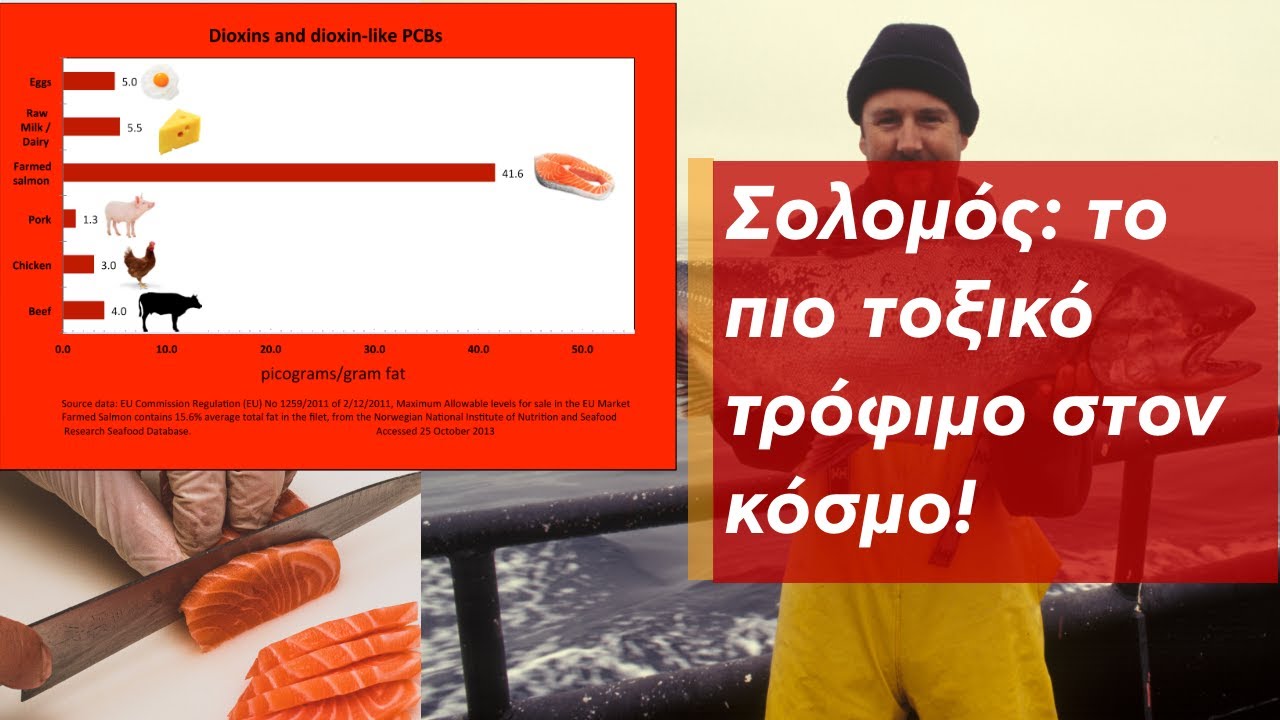
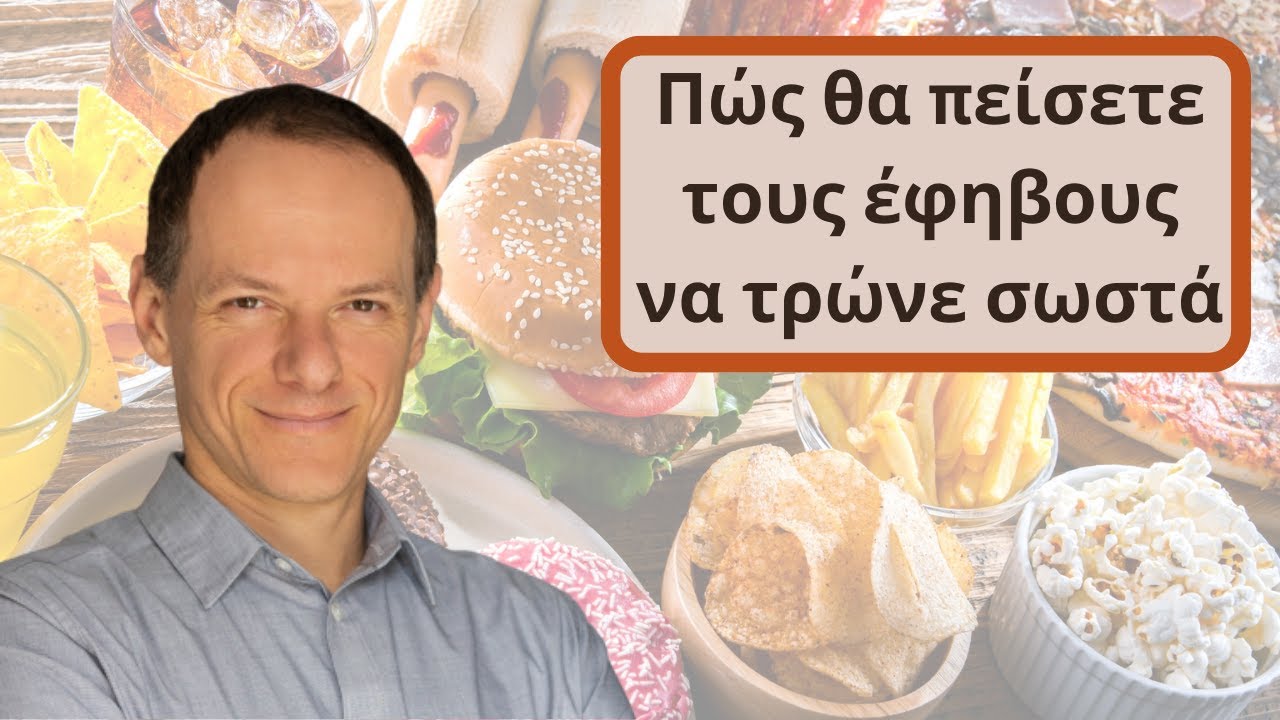


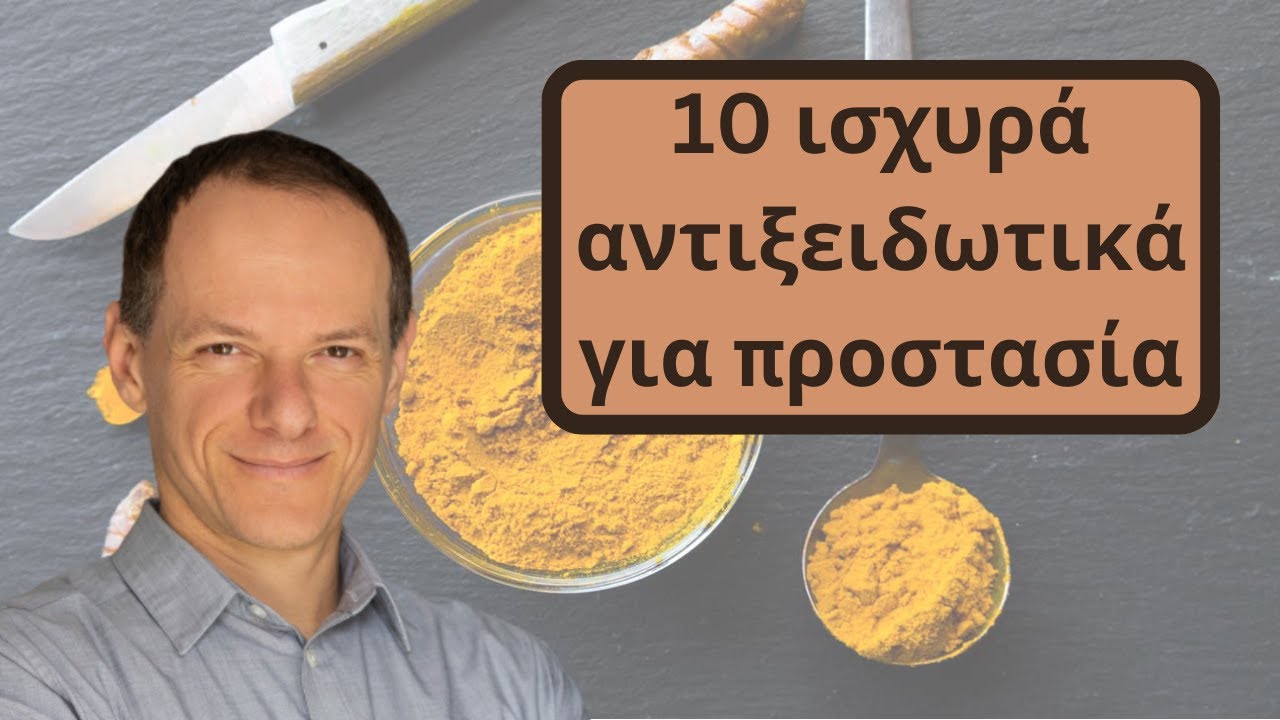
0 Σχόλια